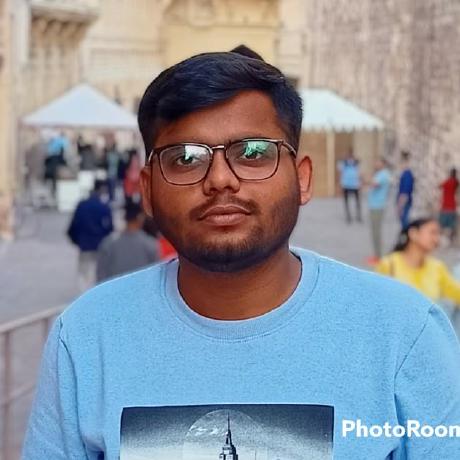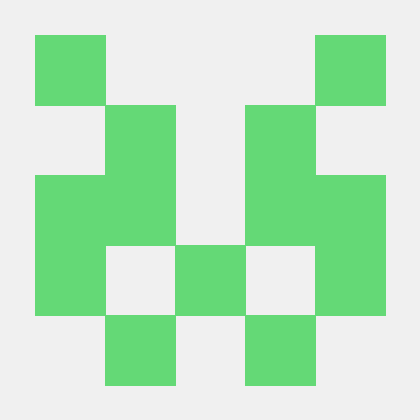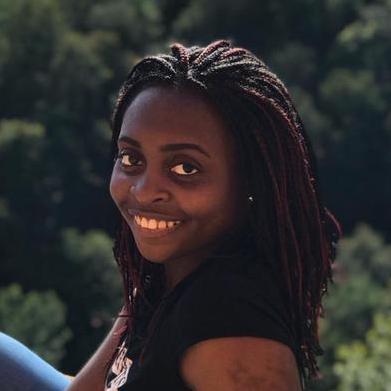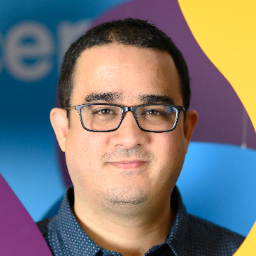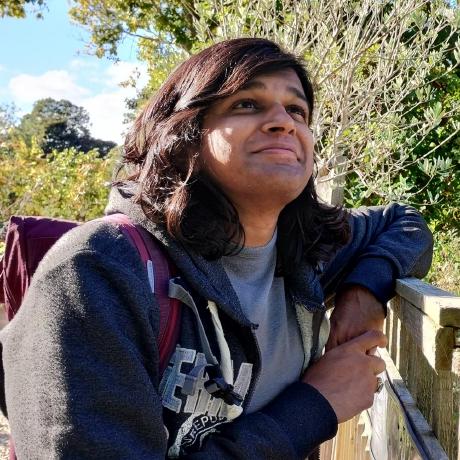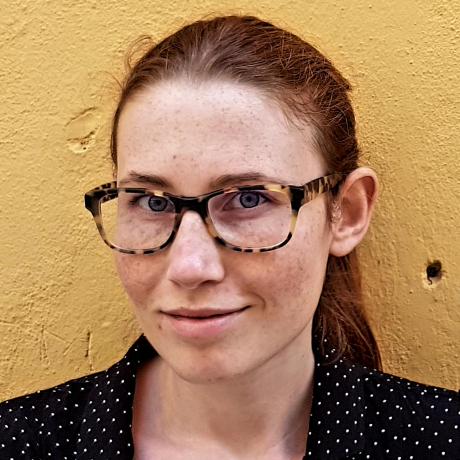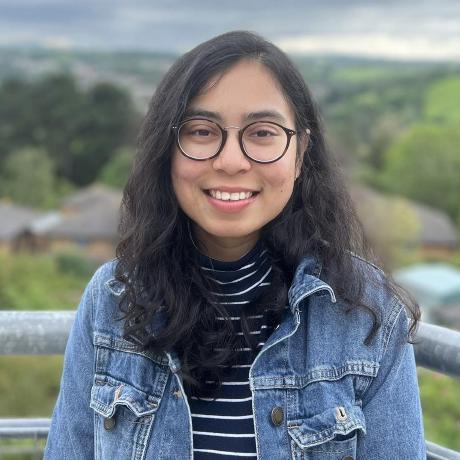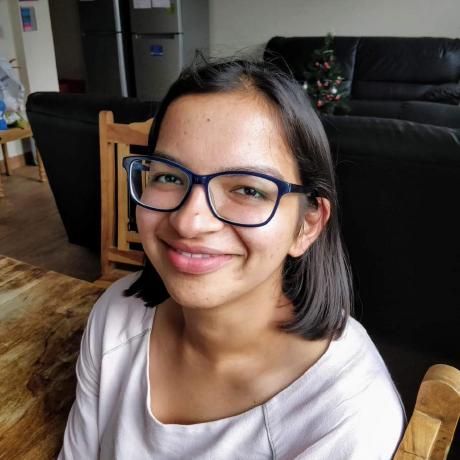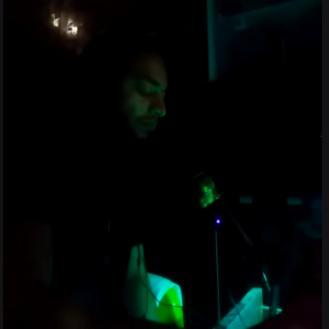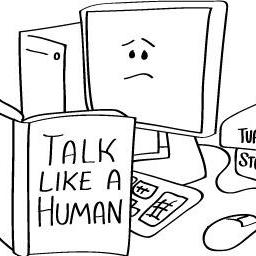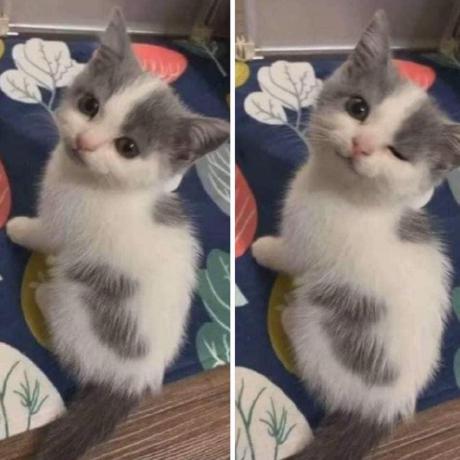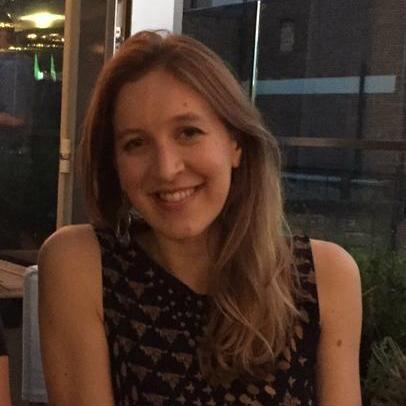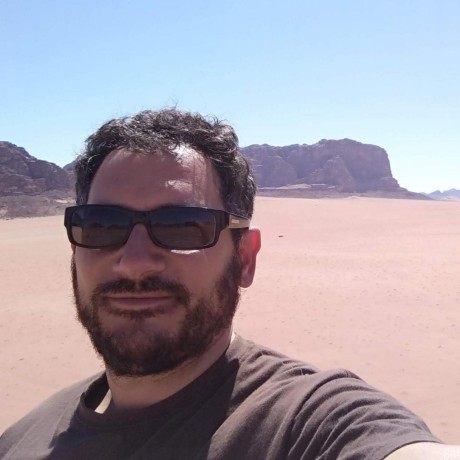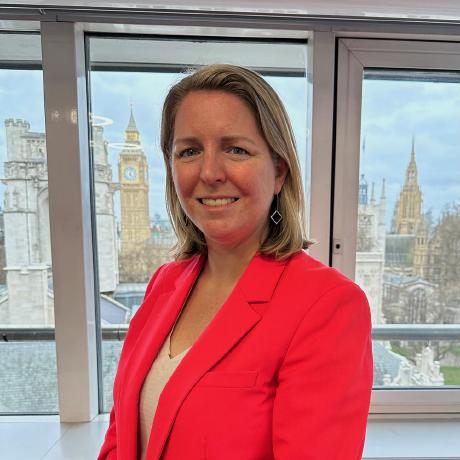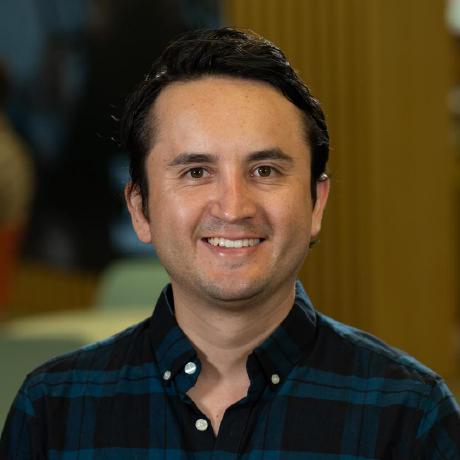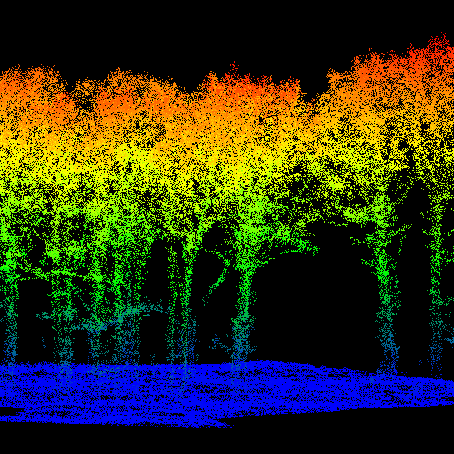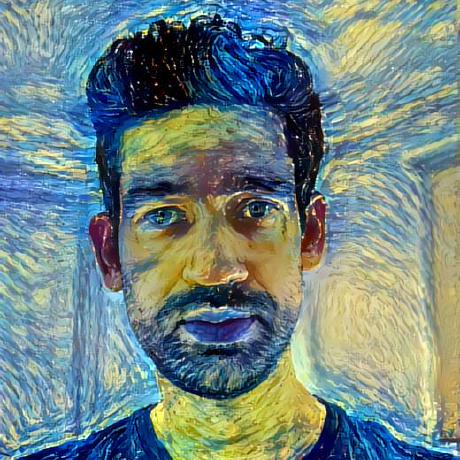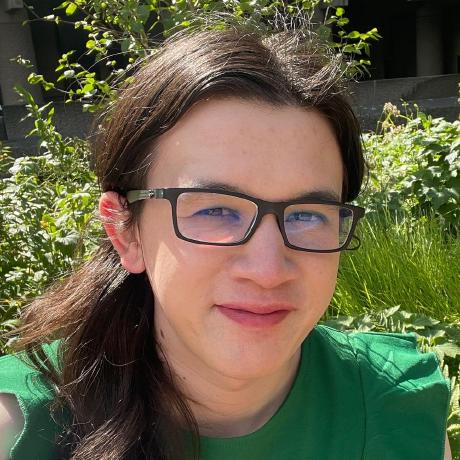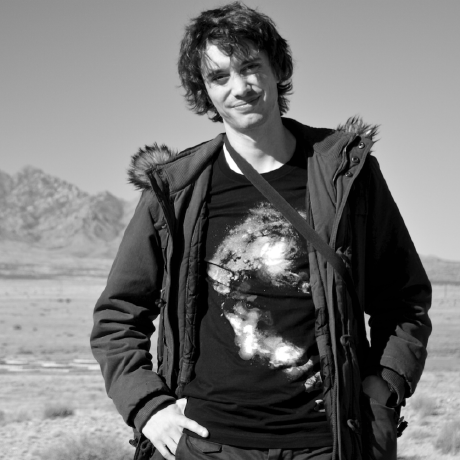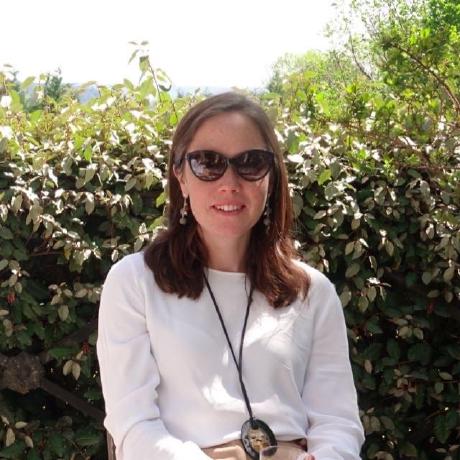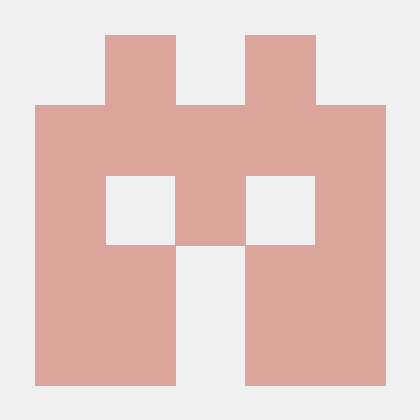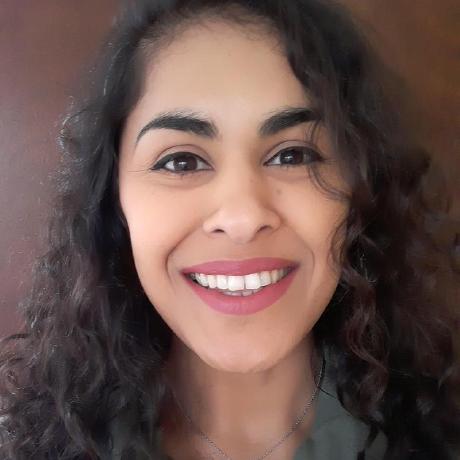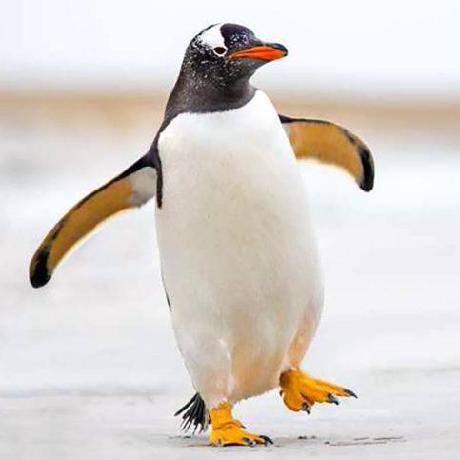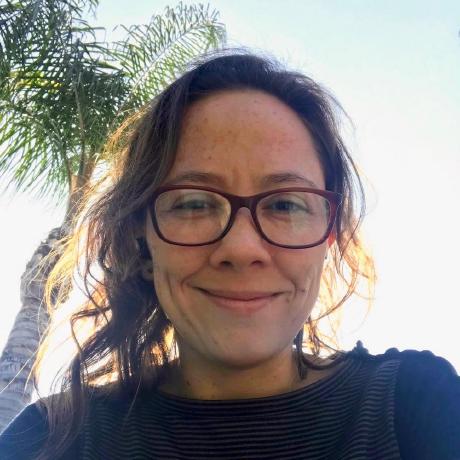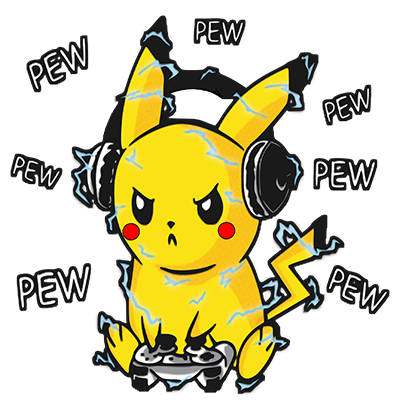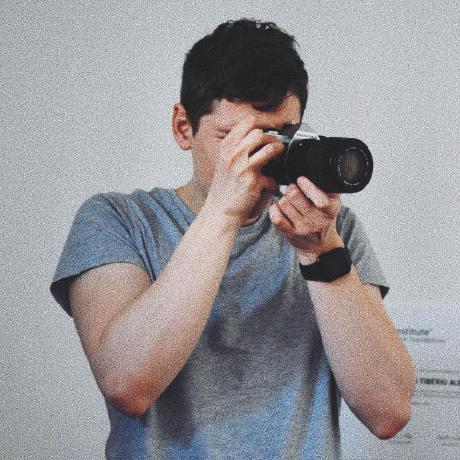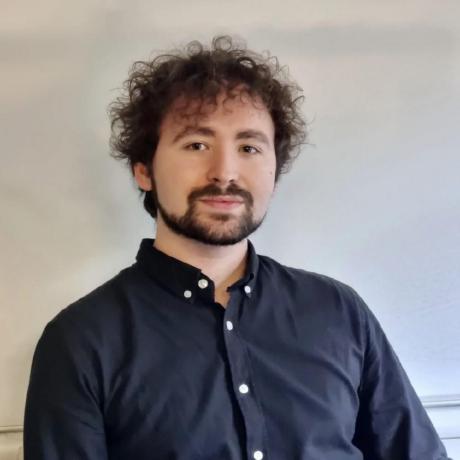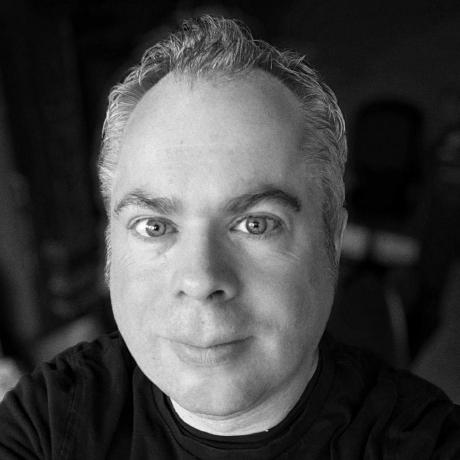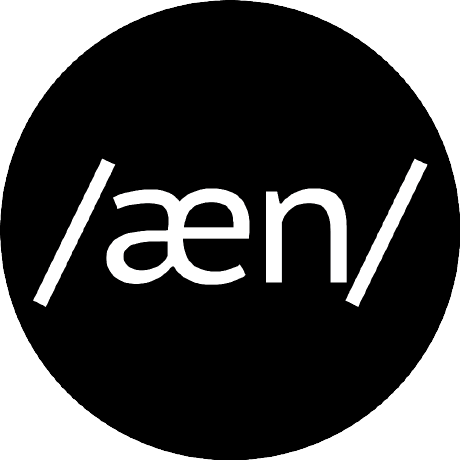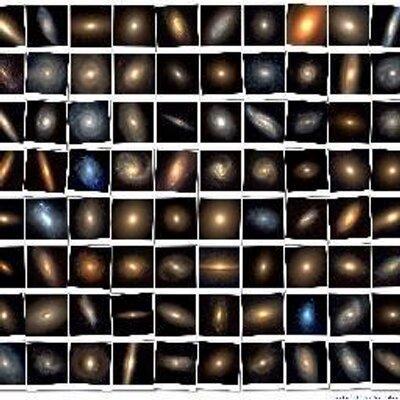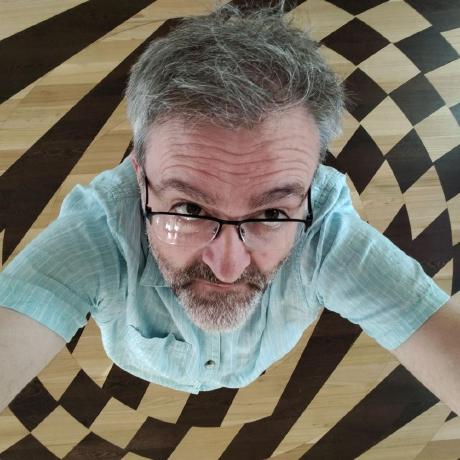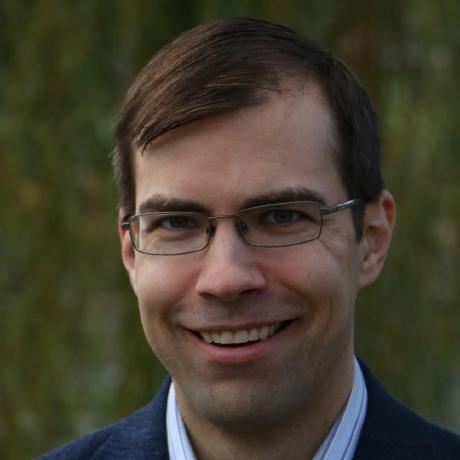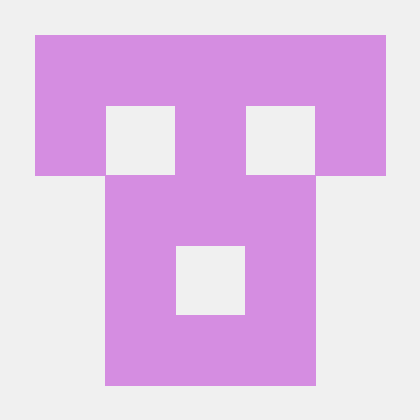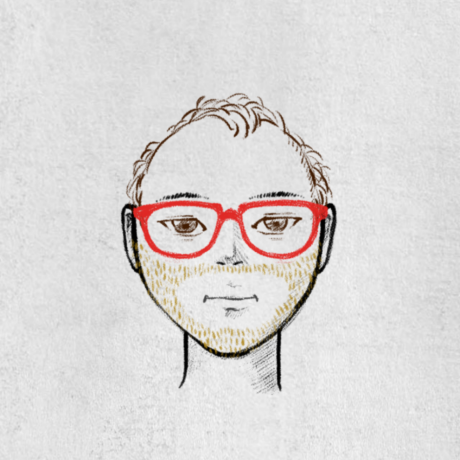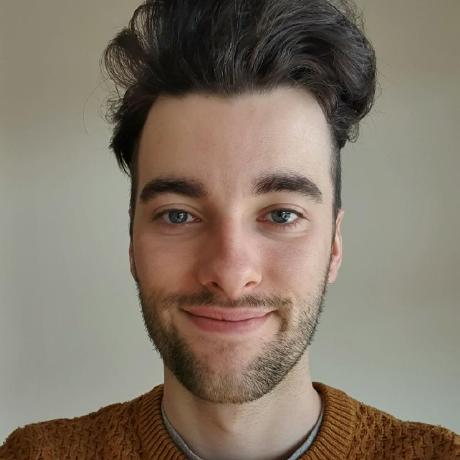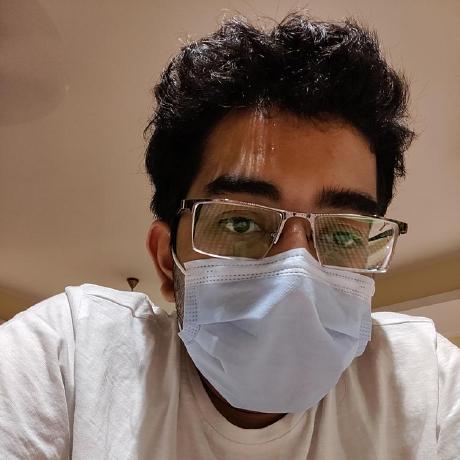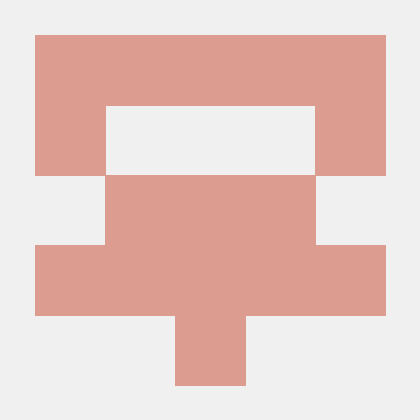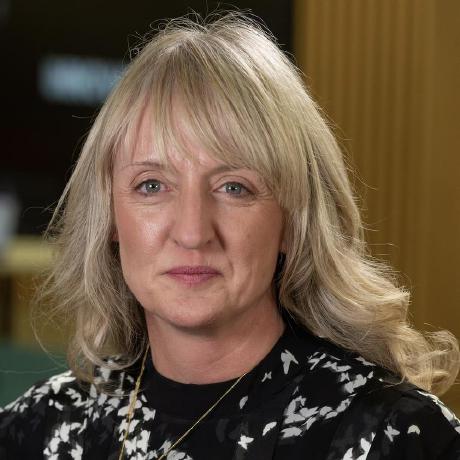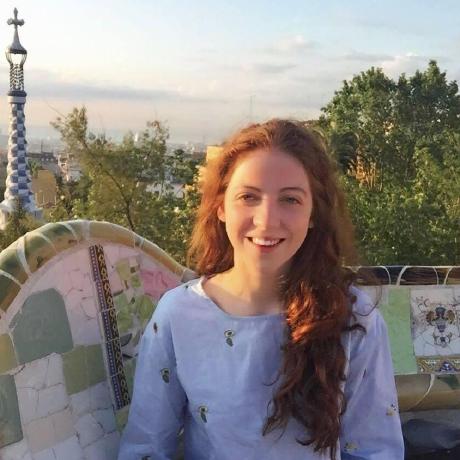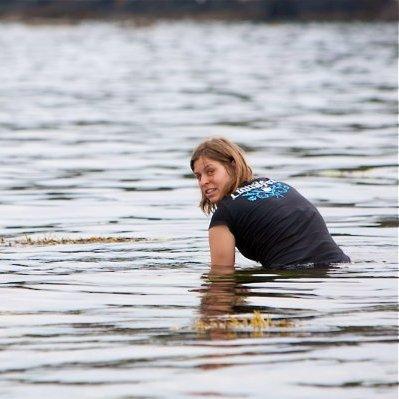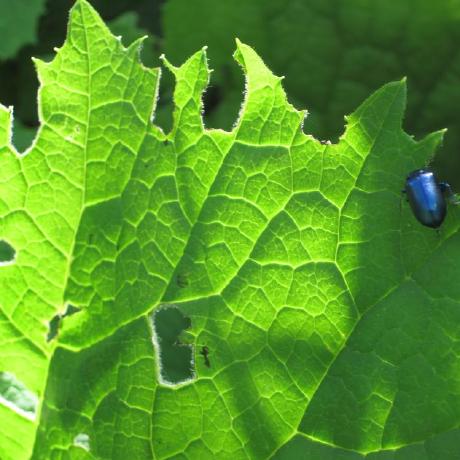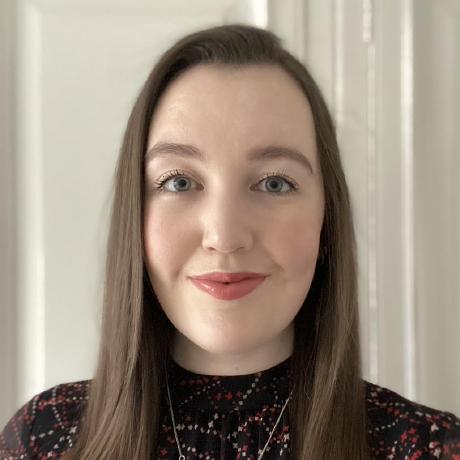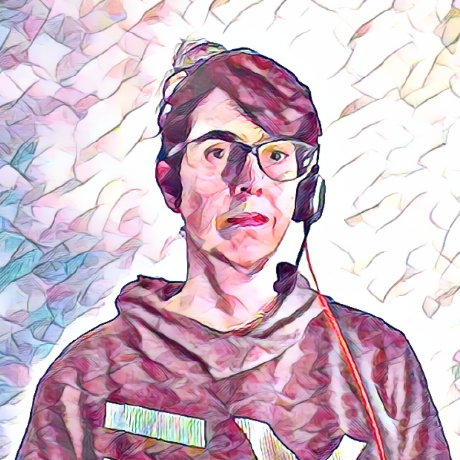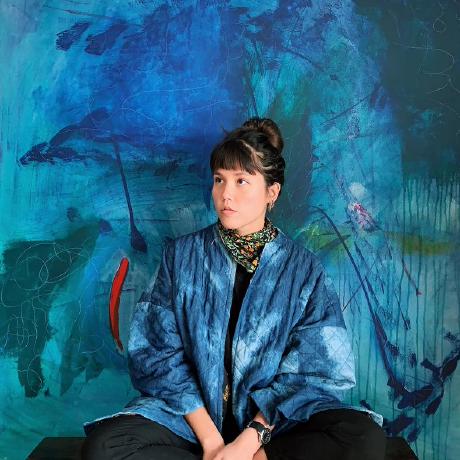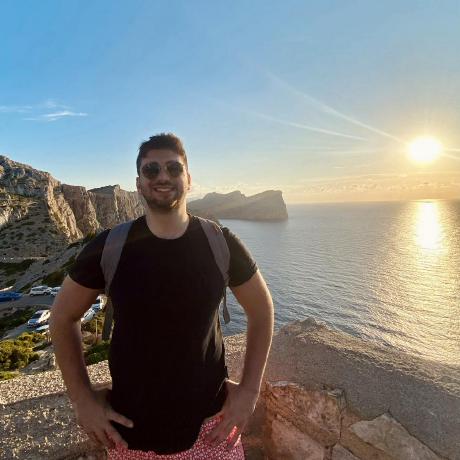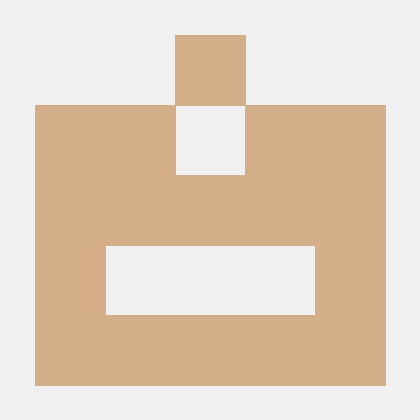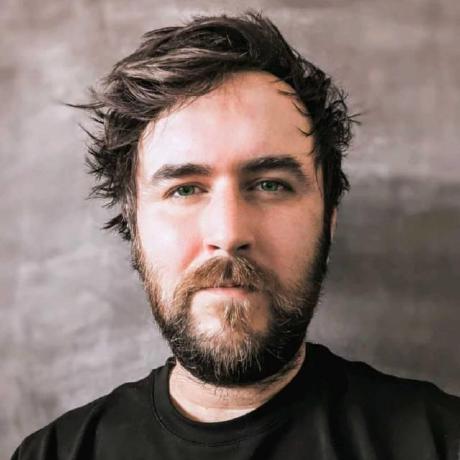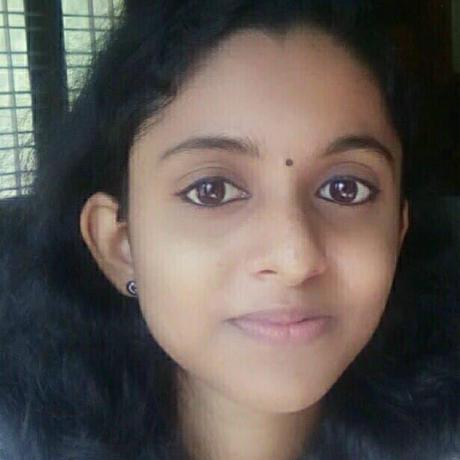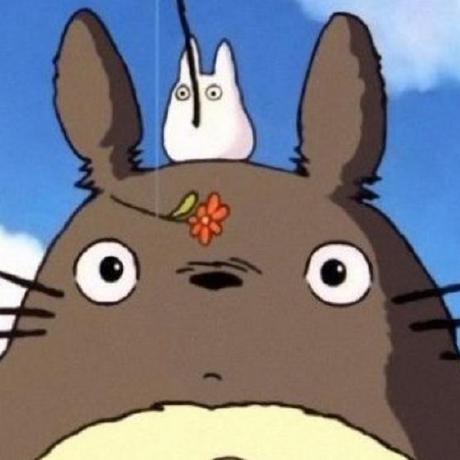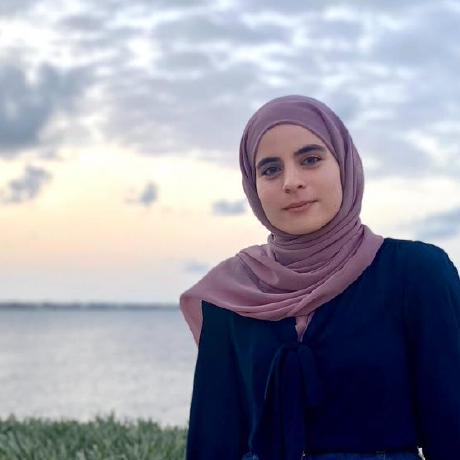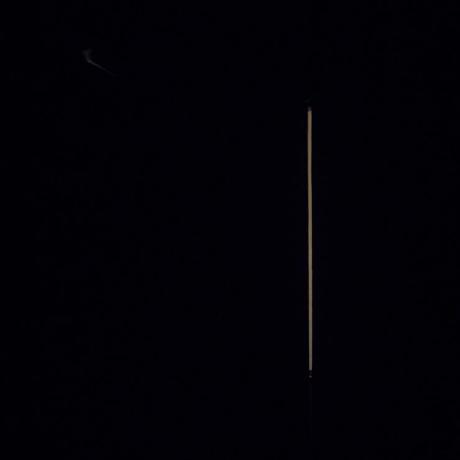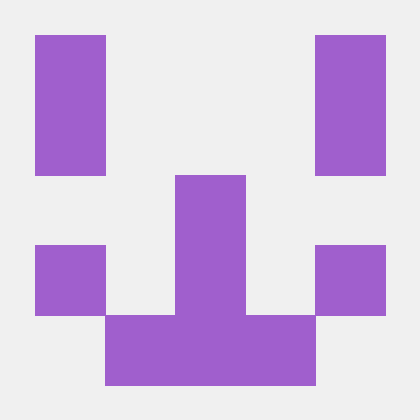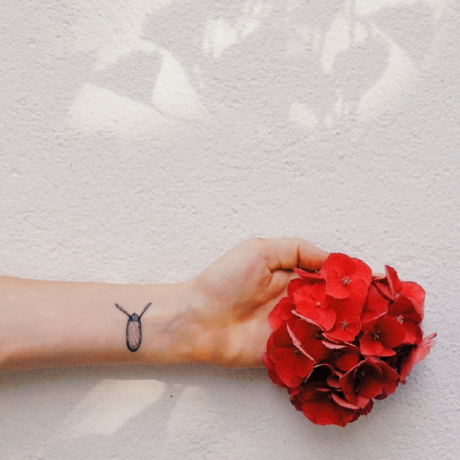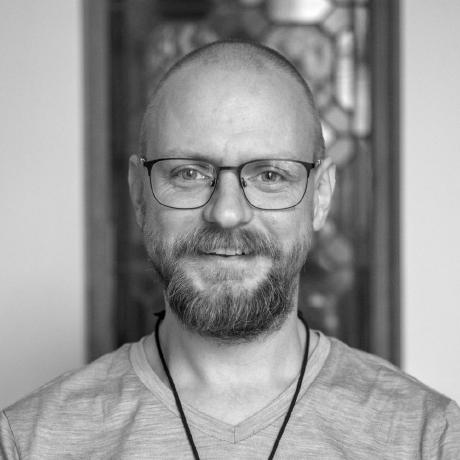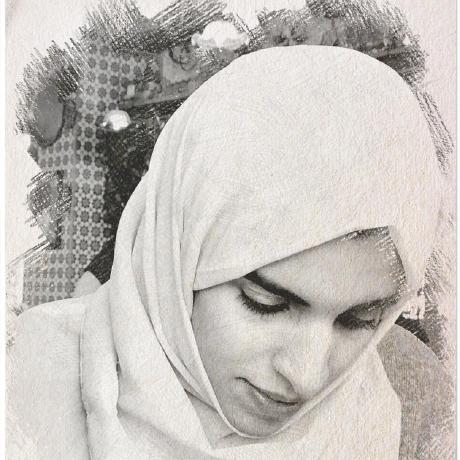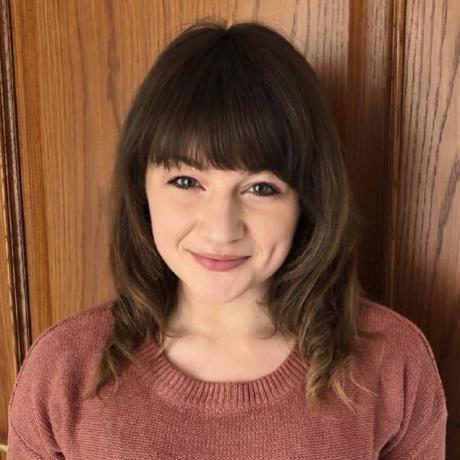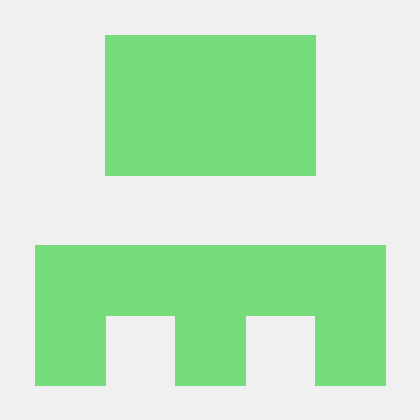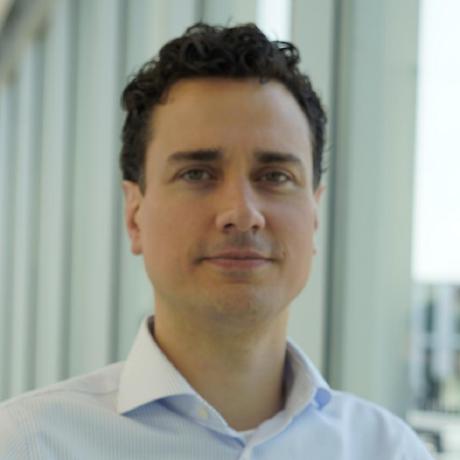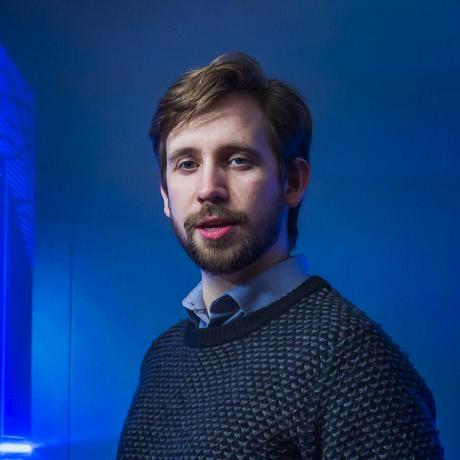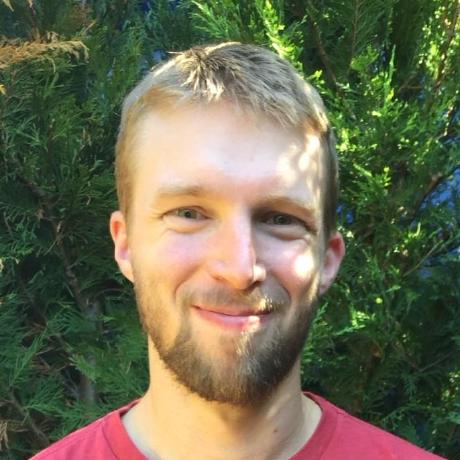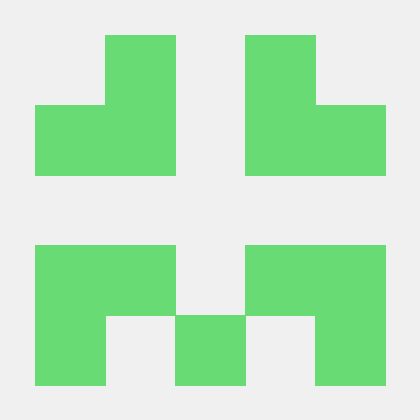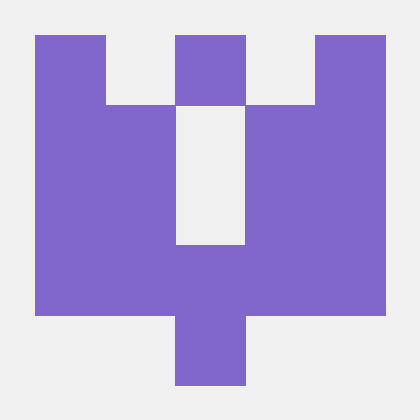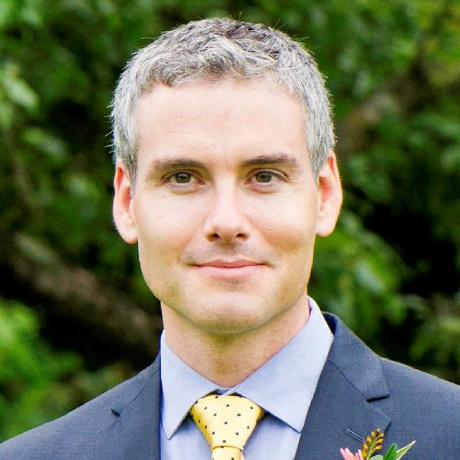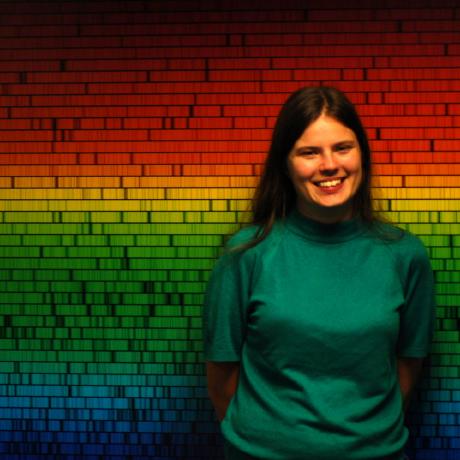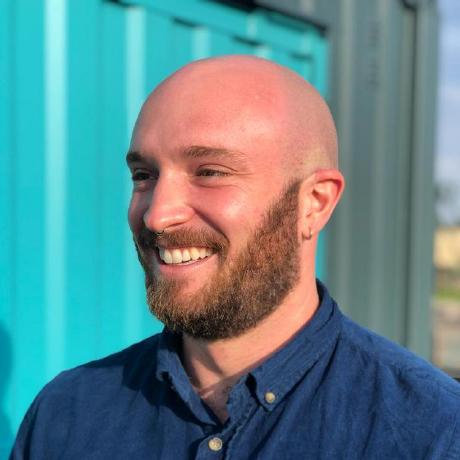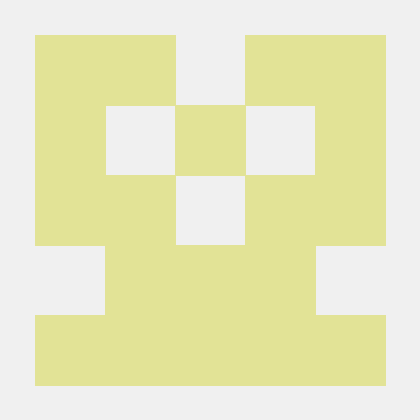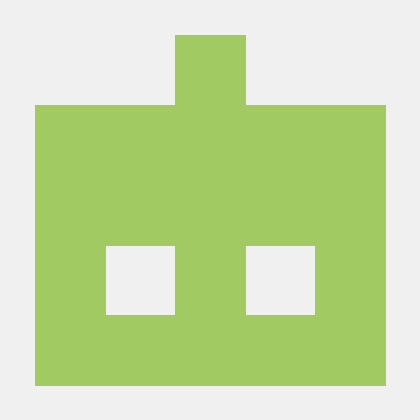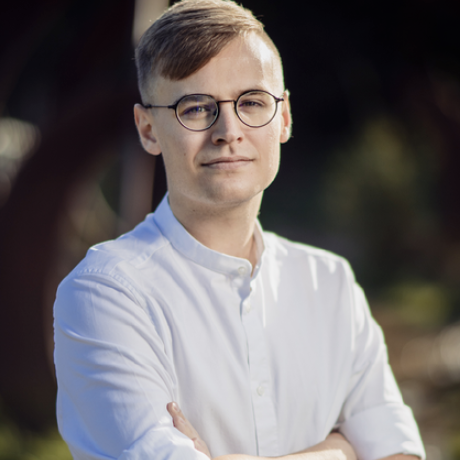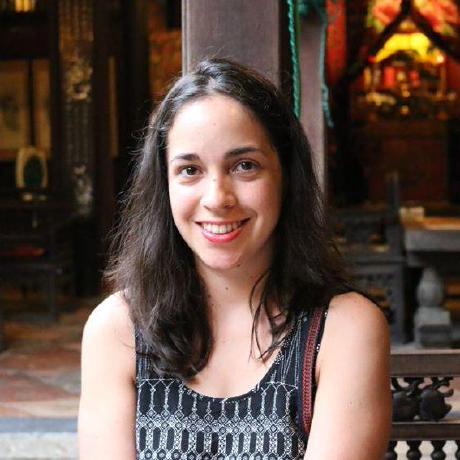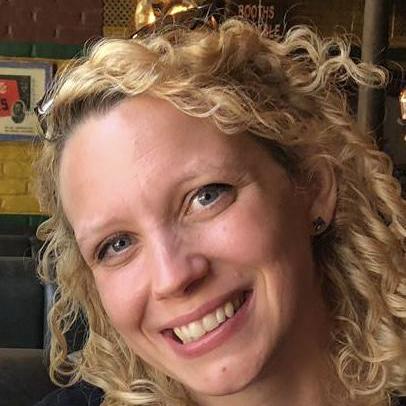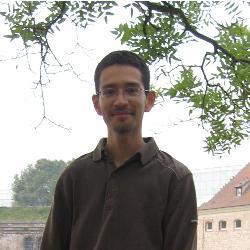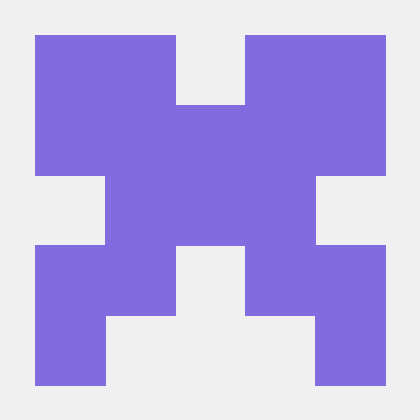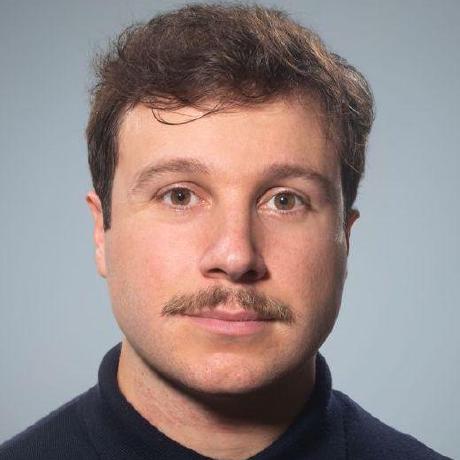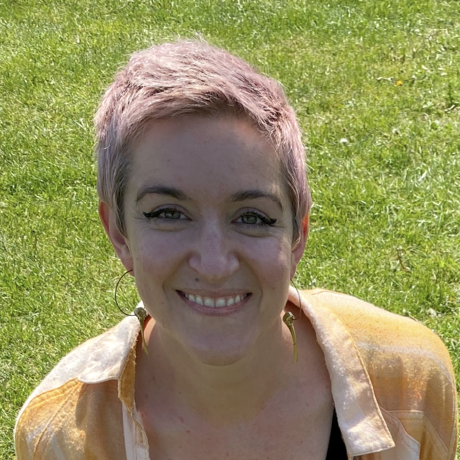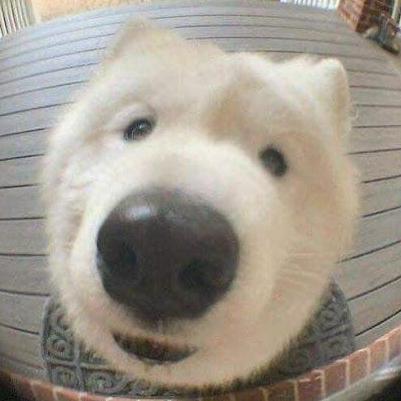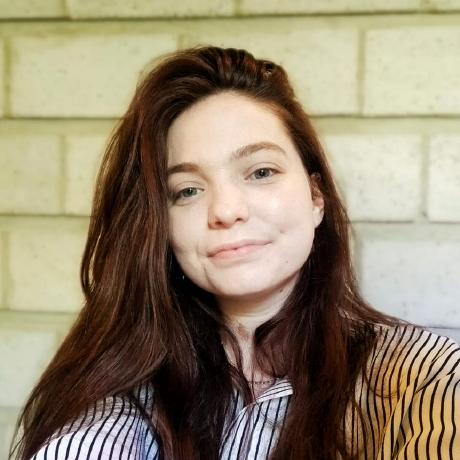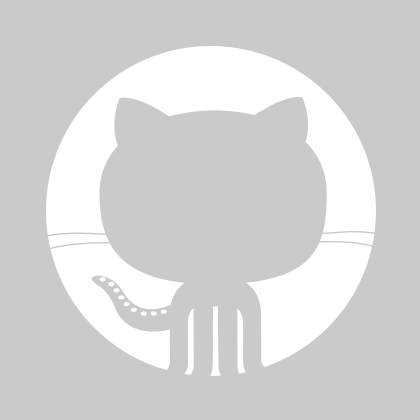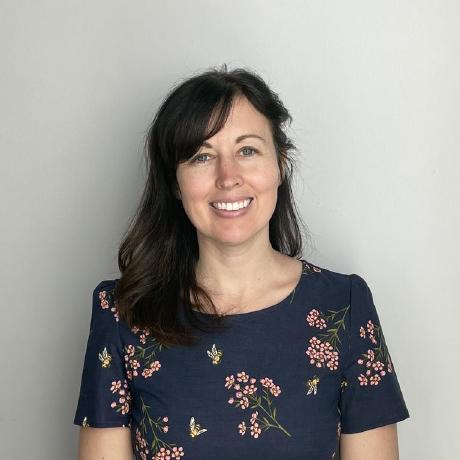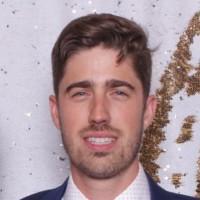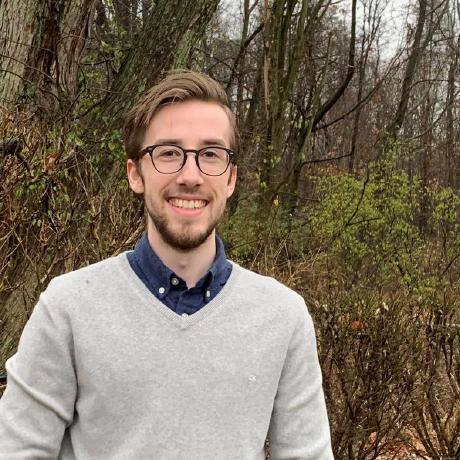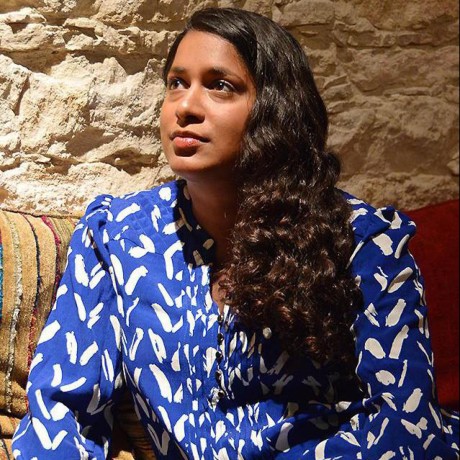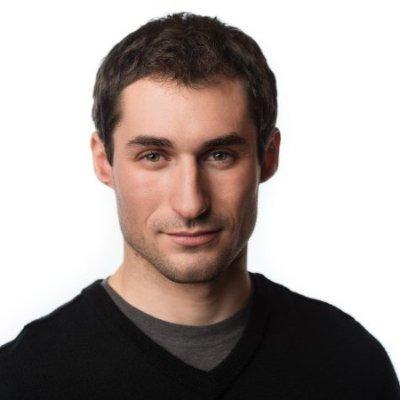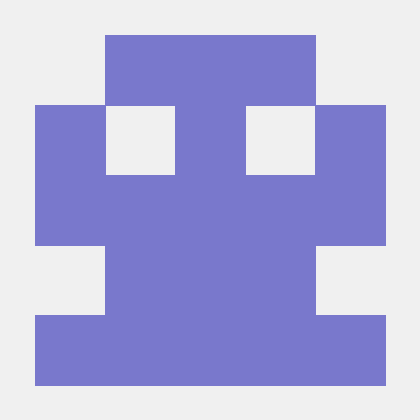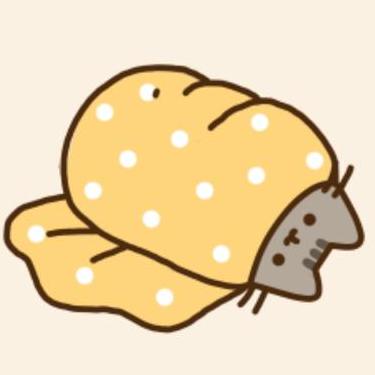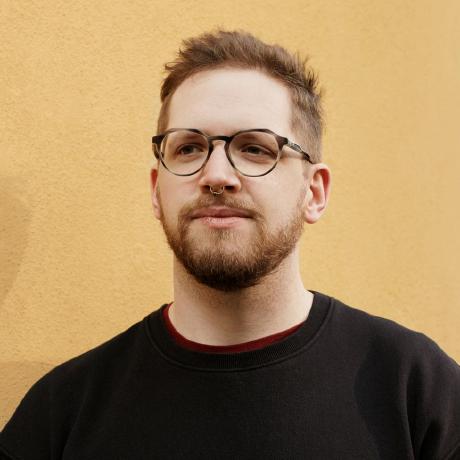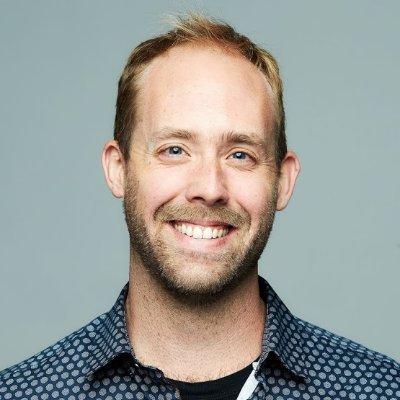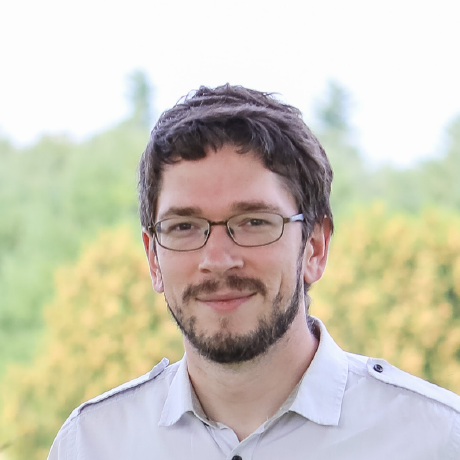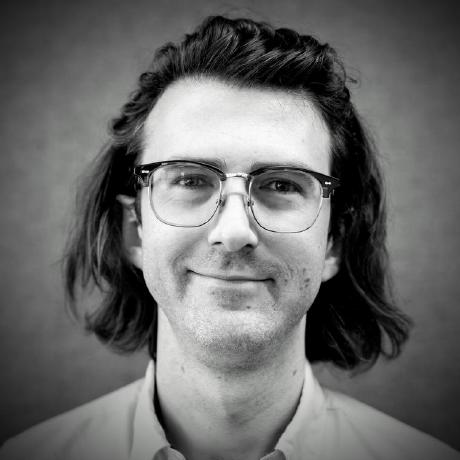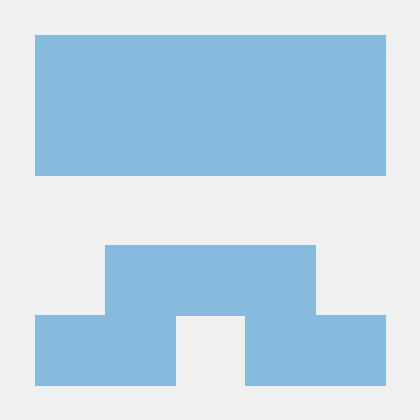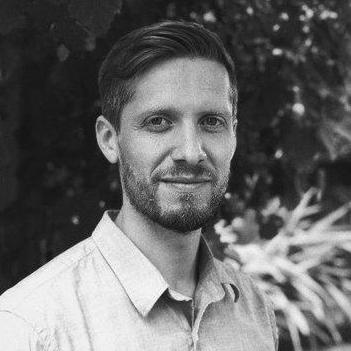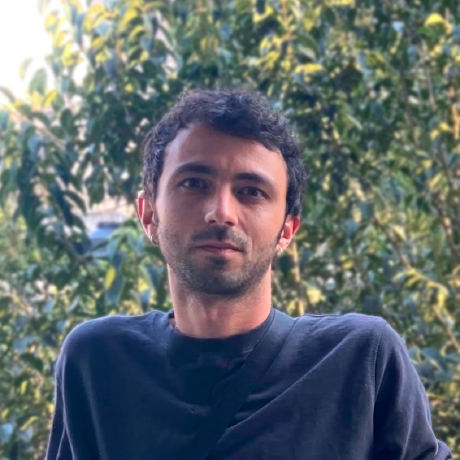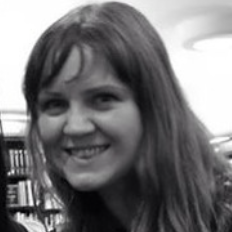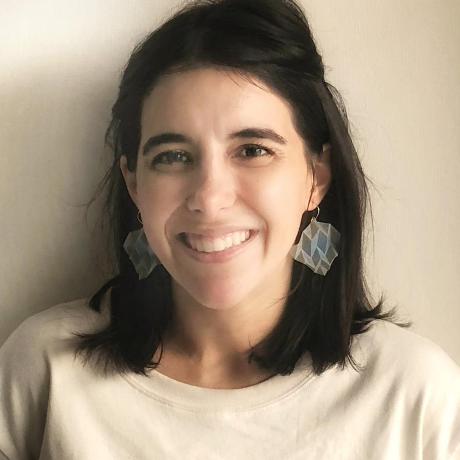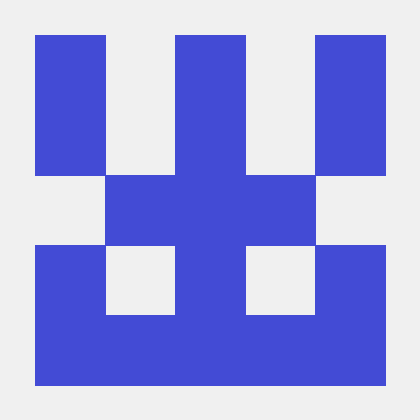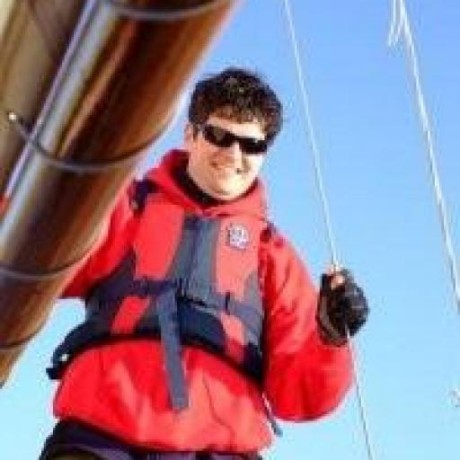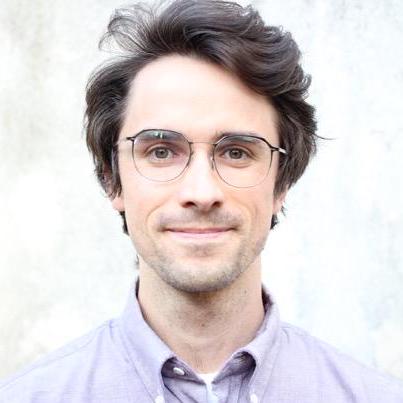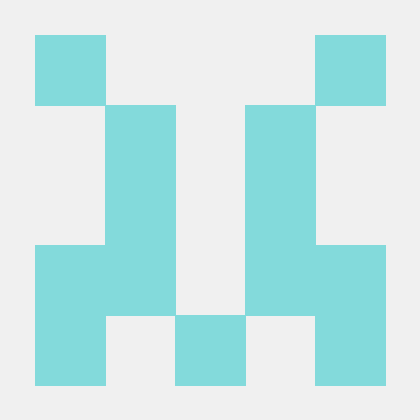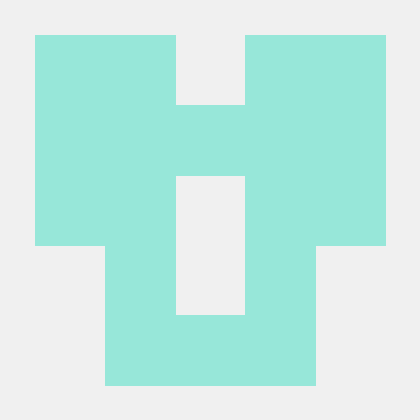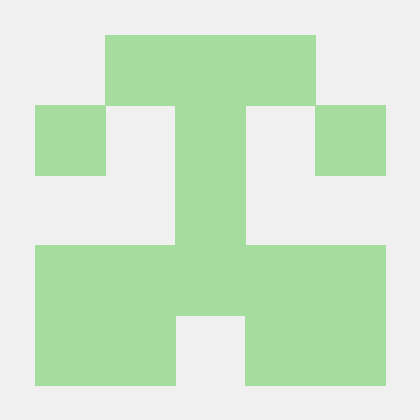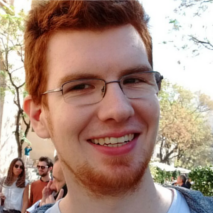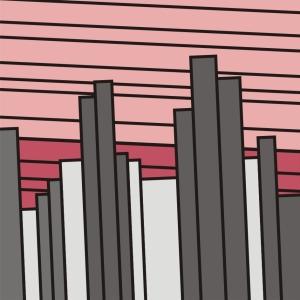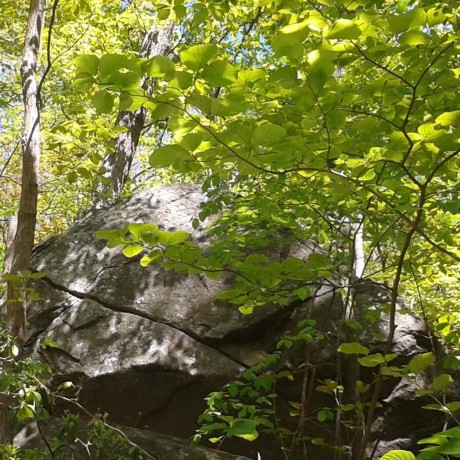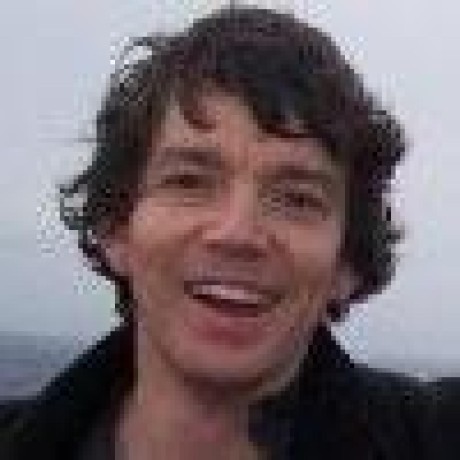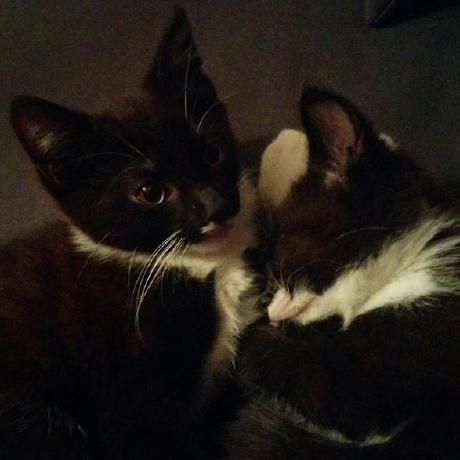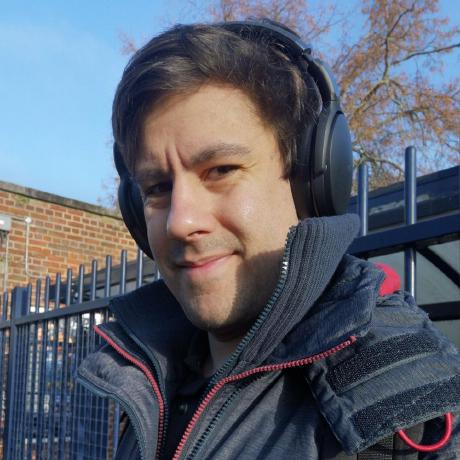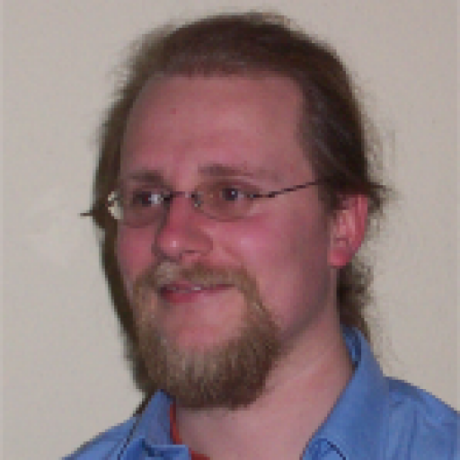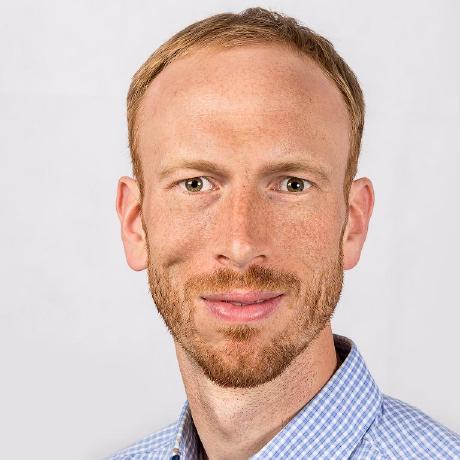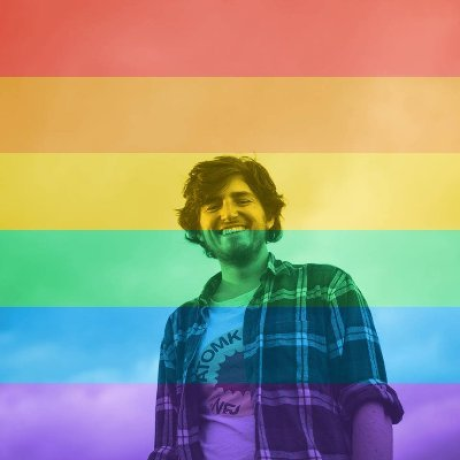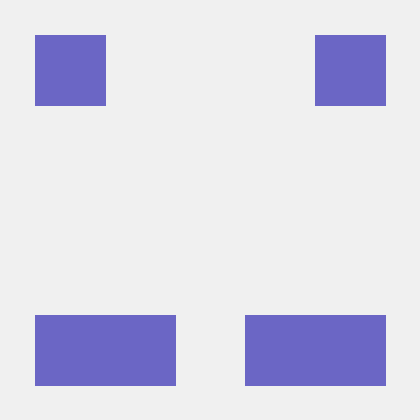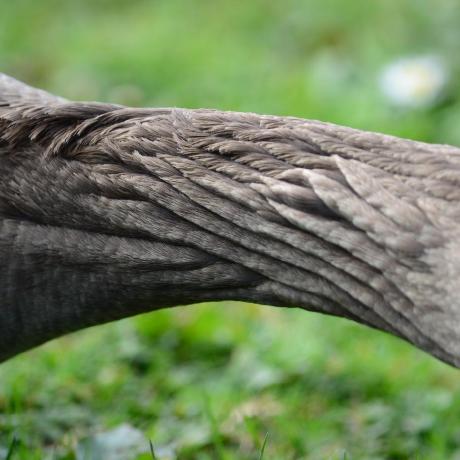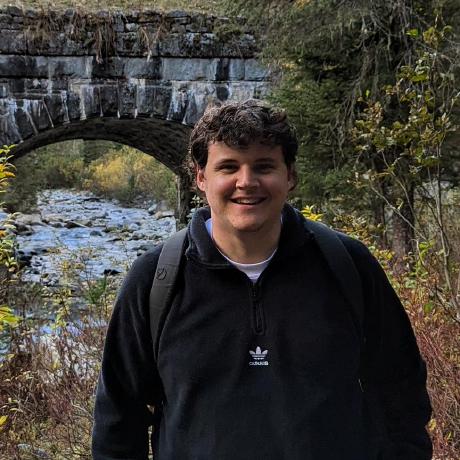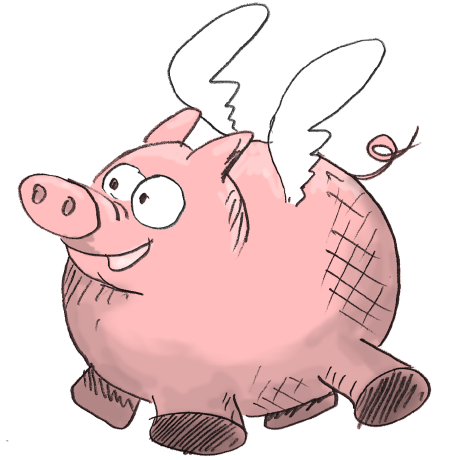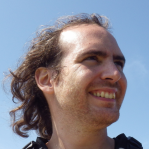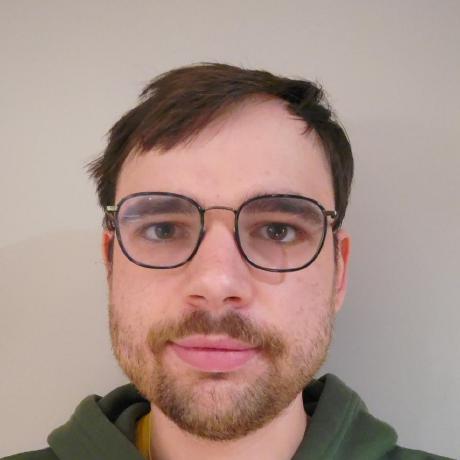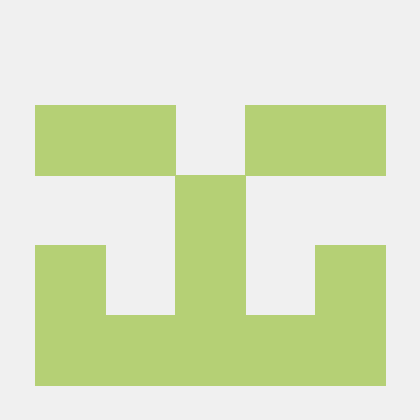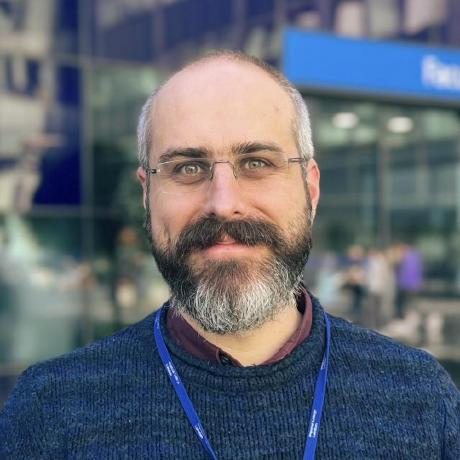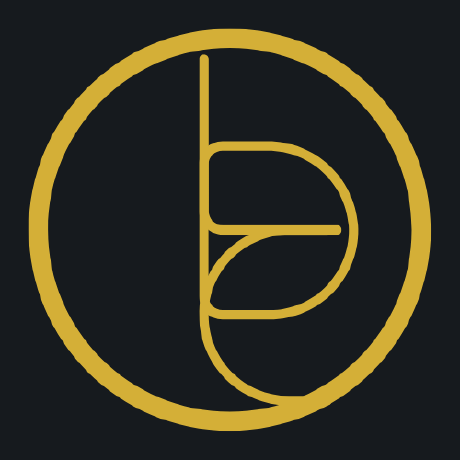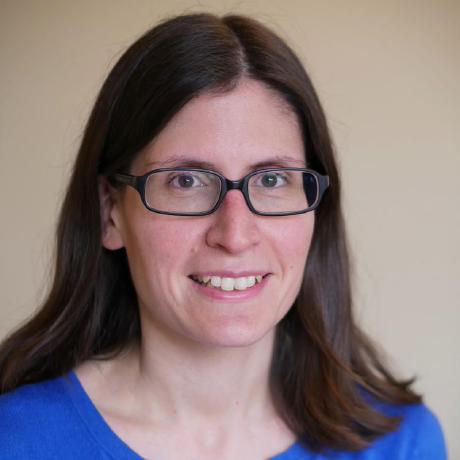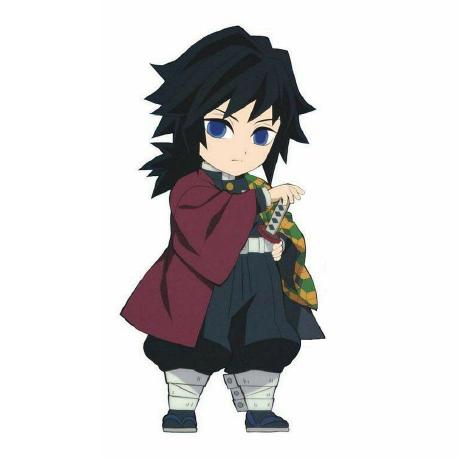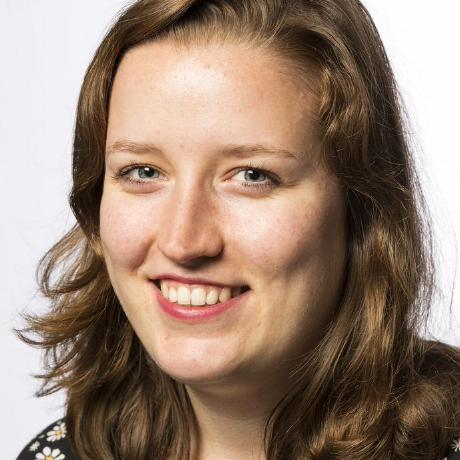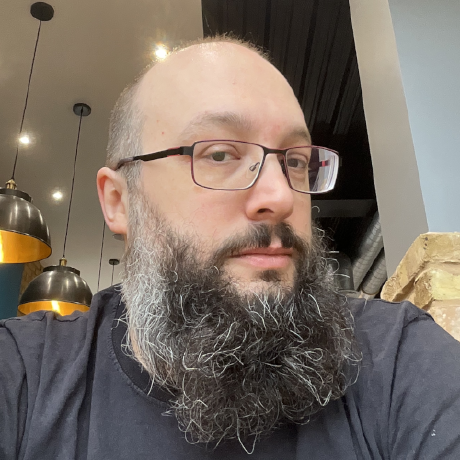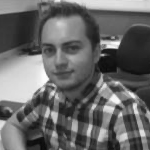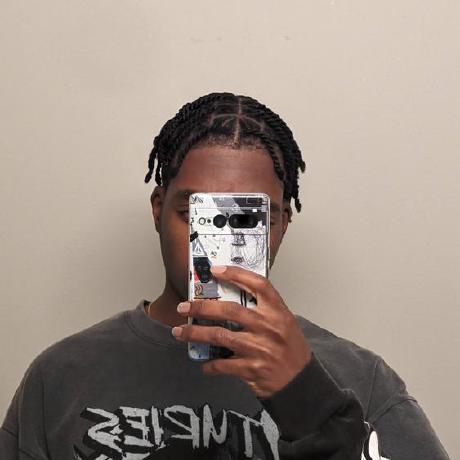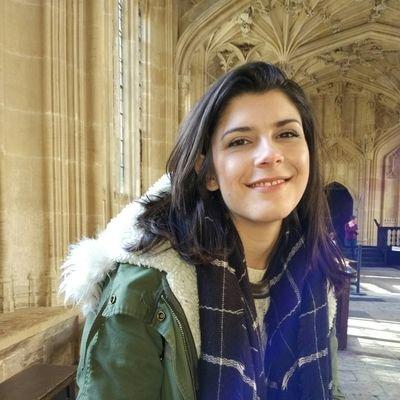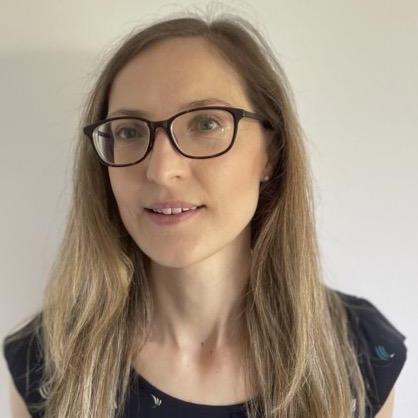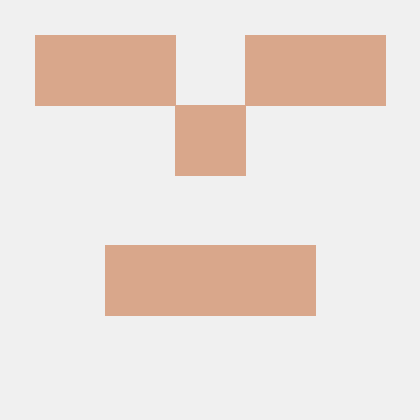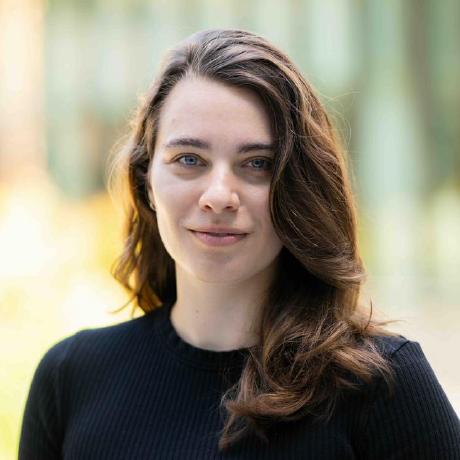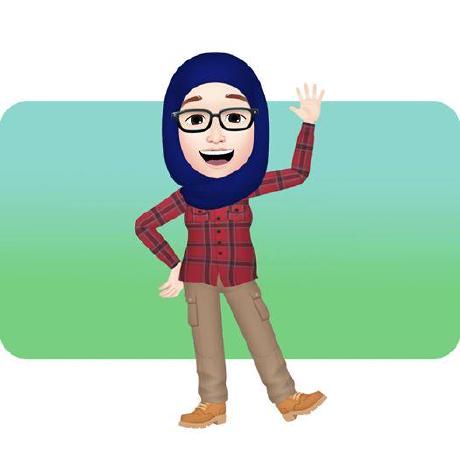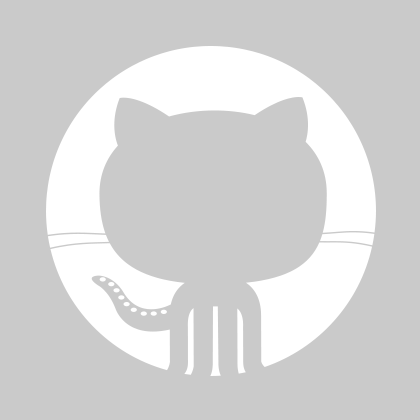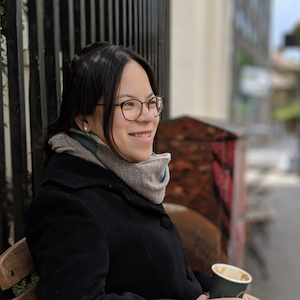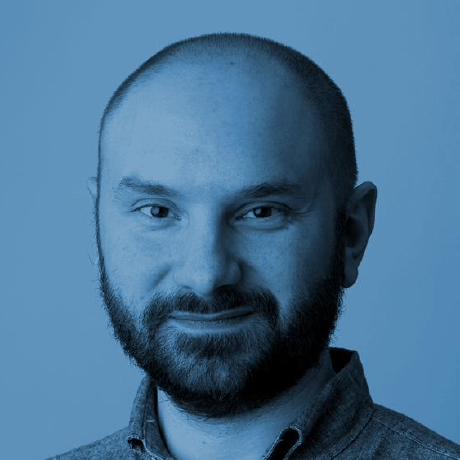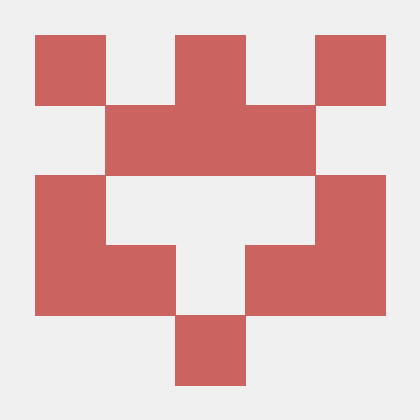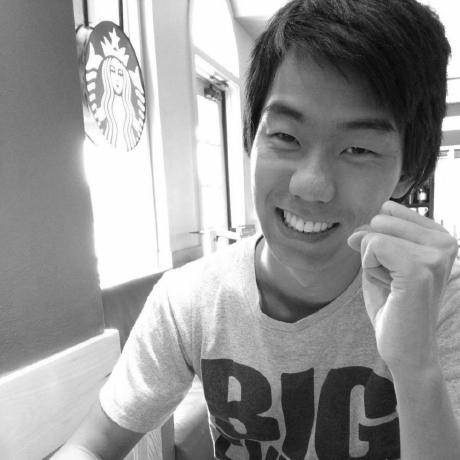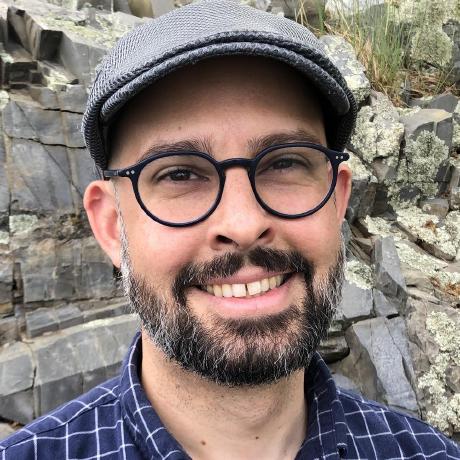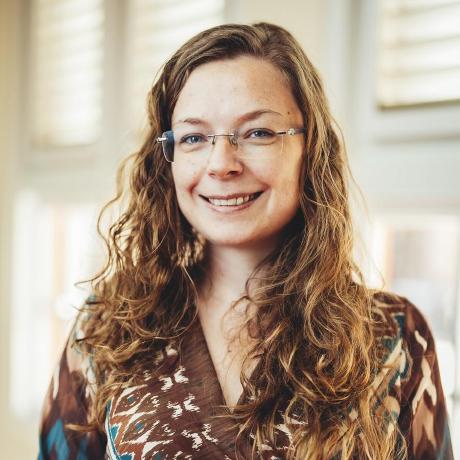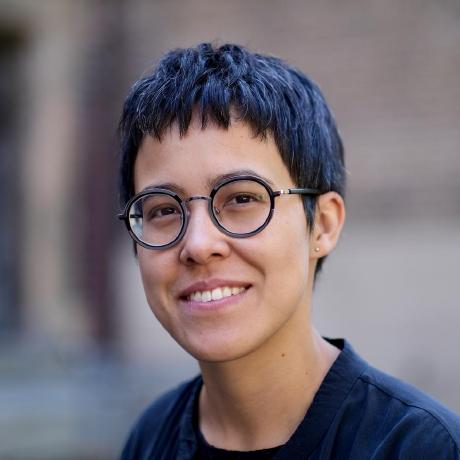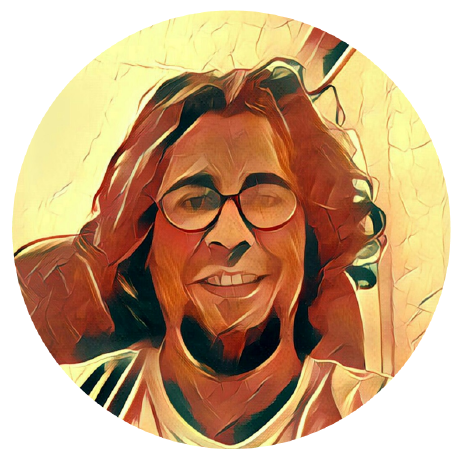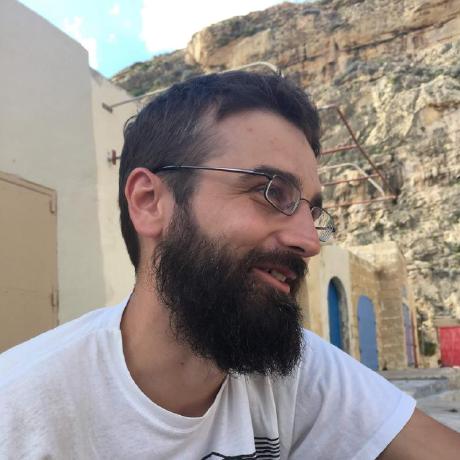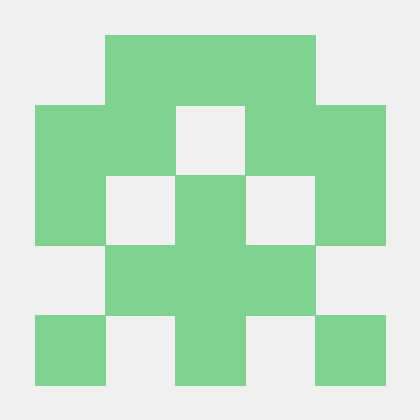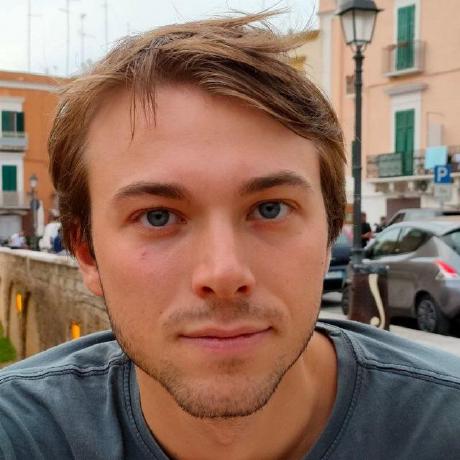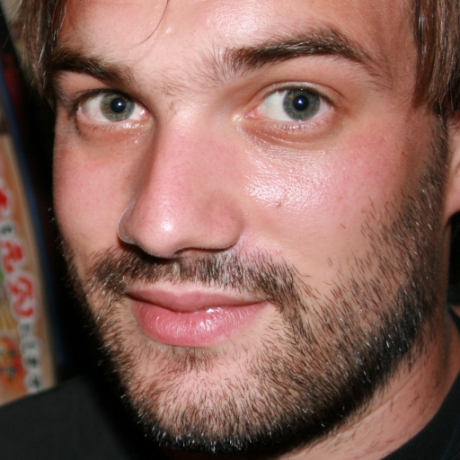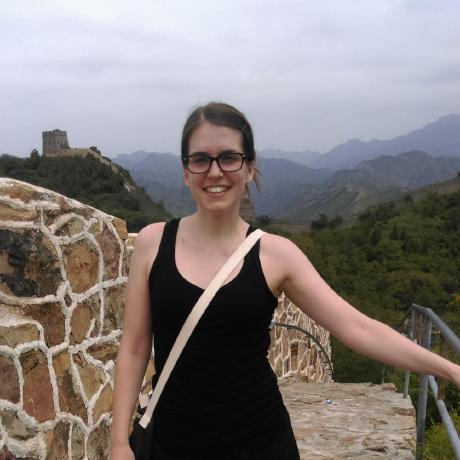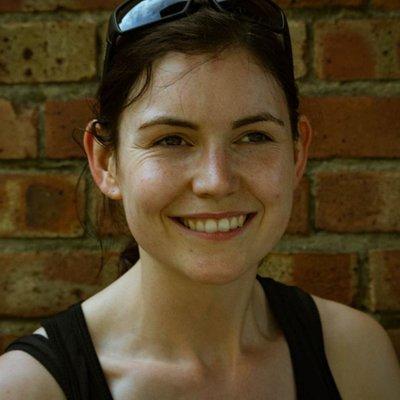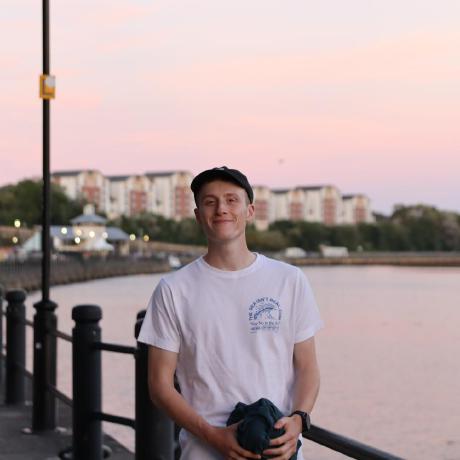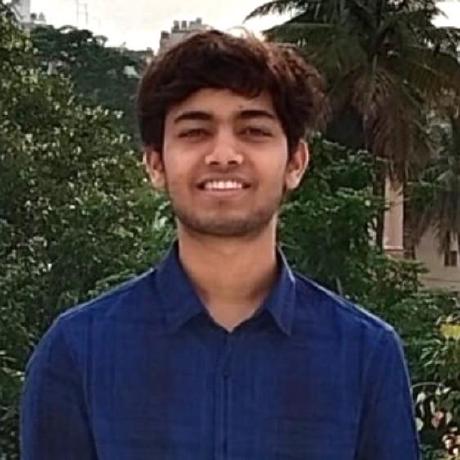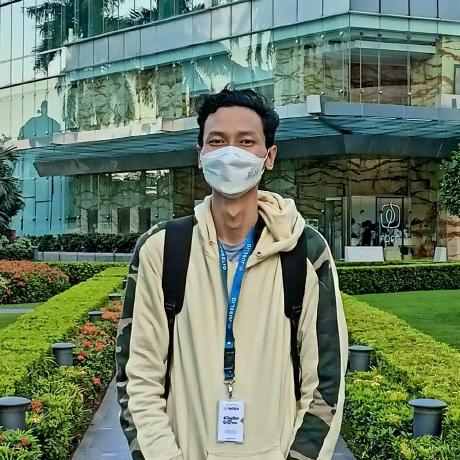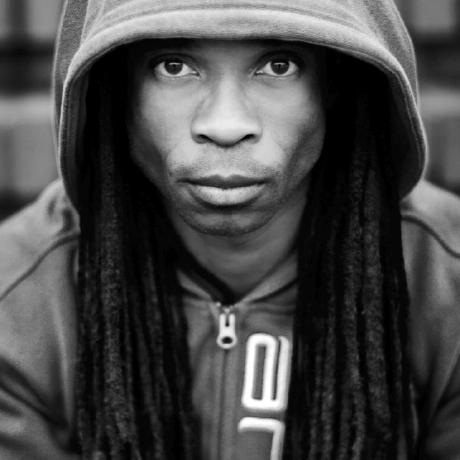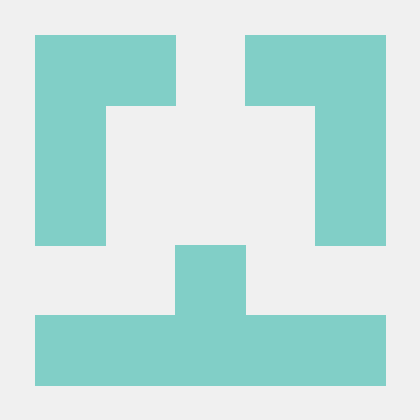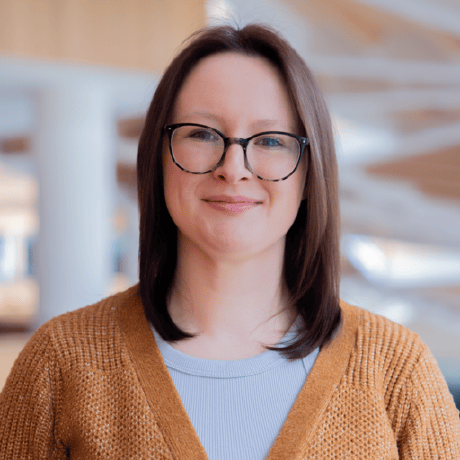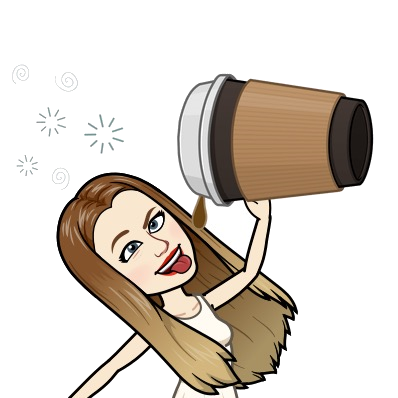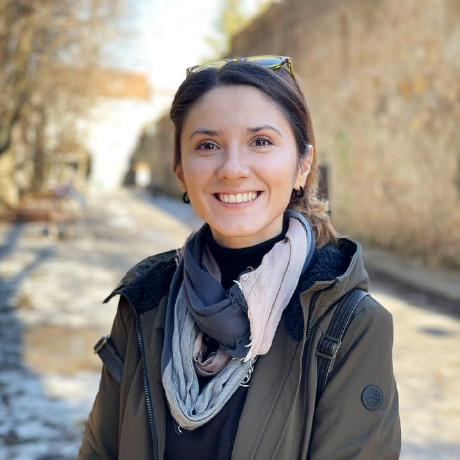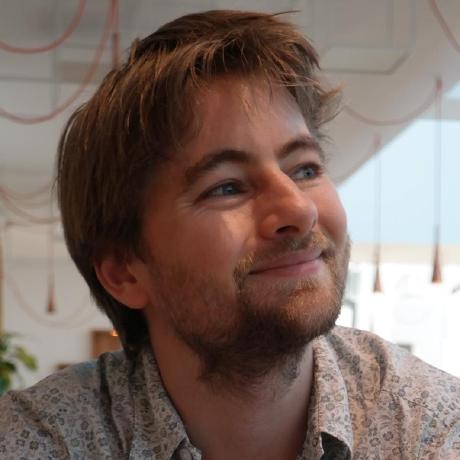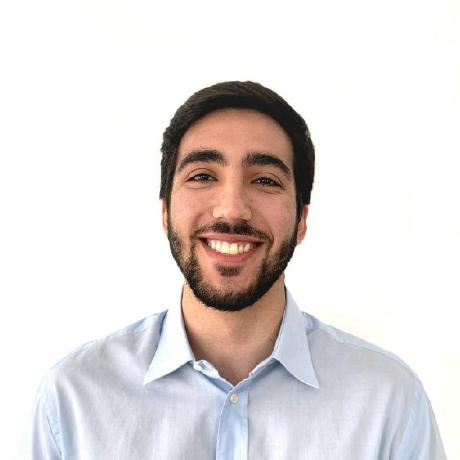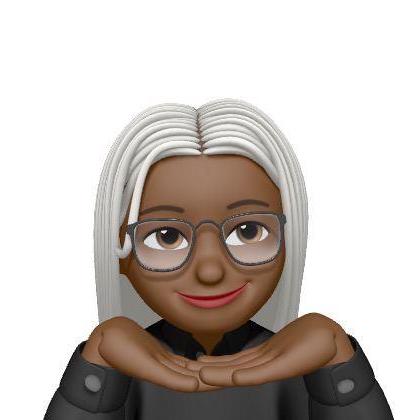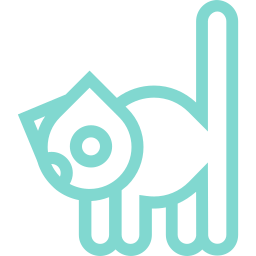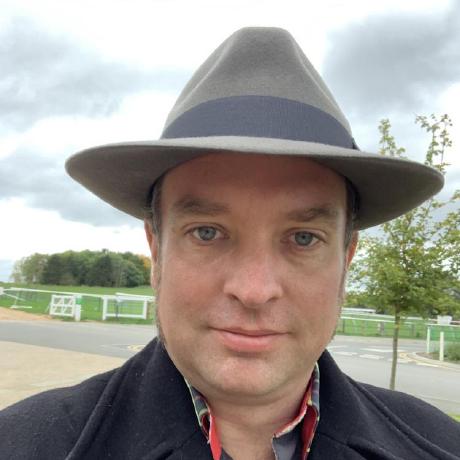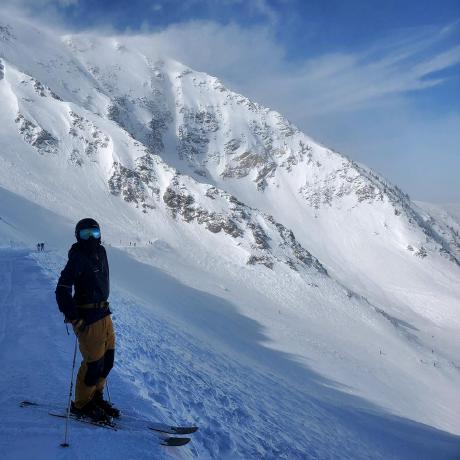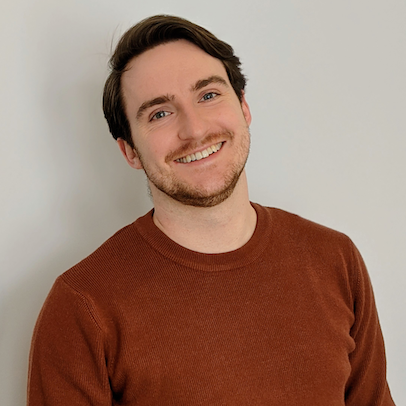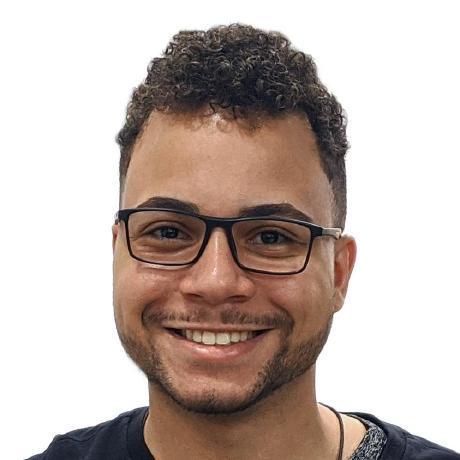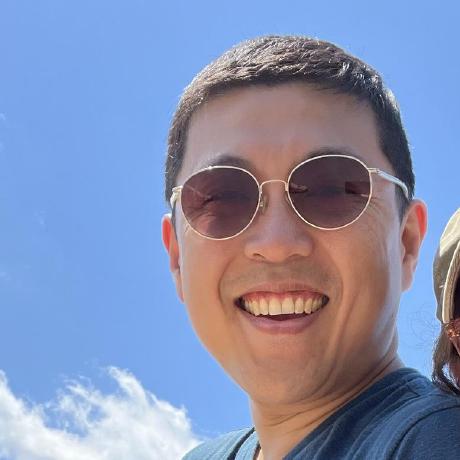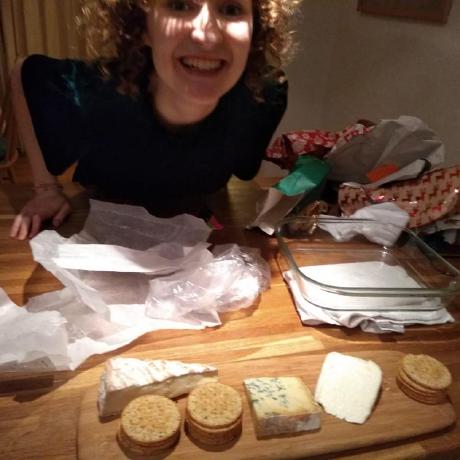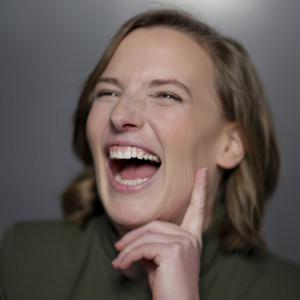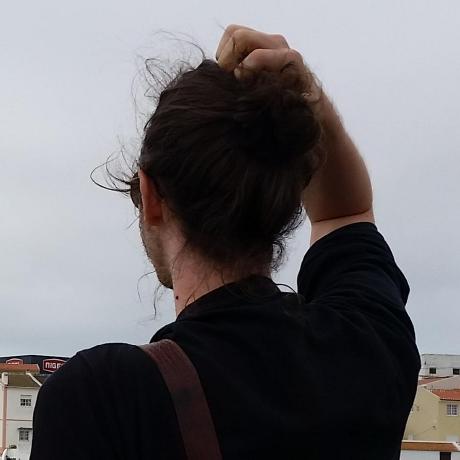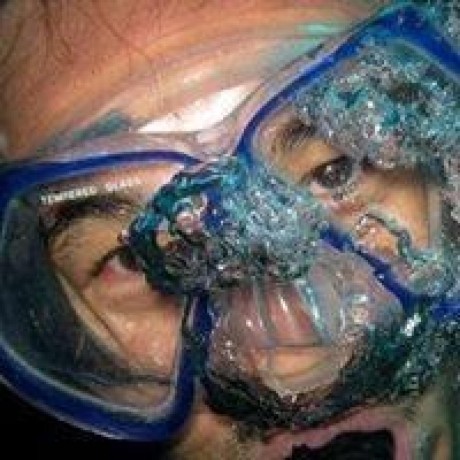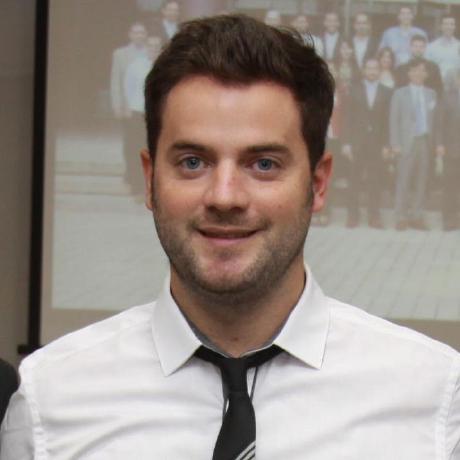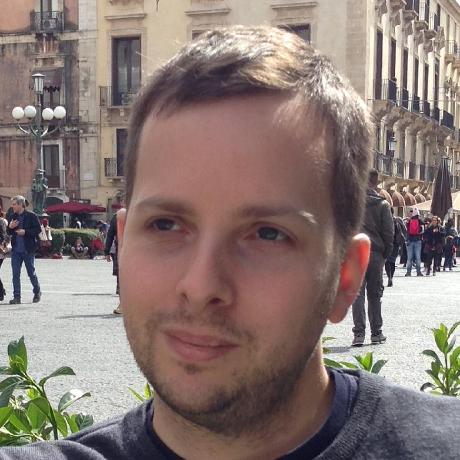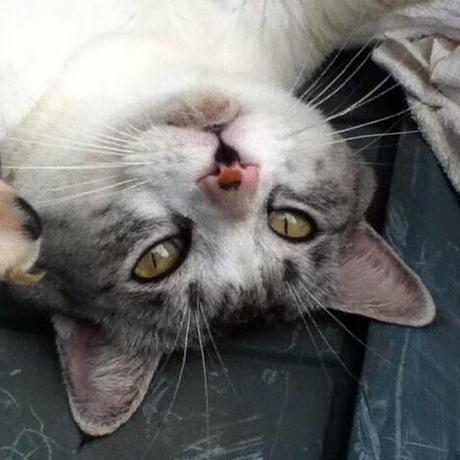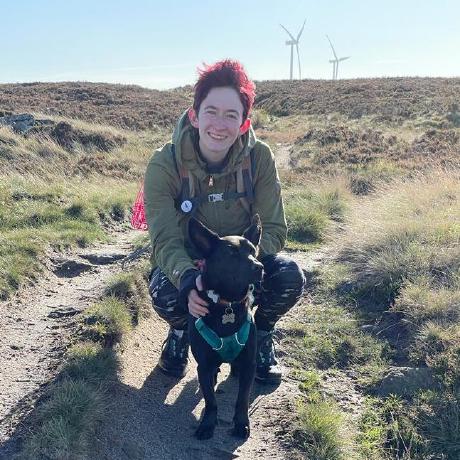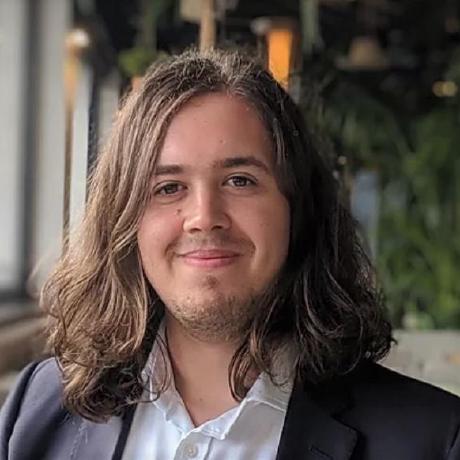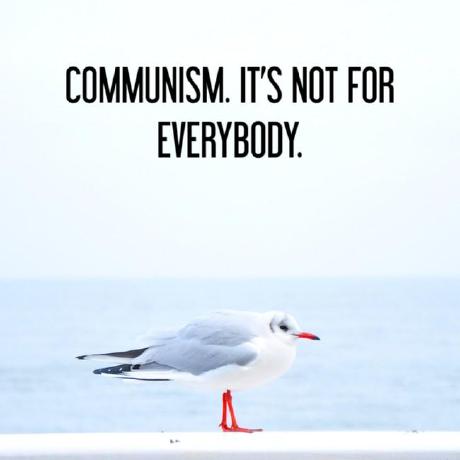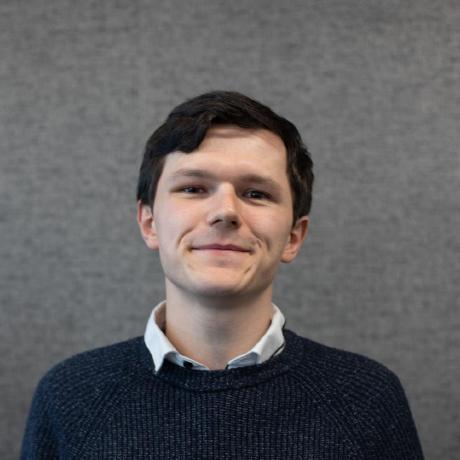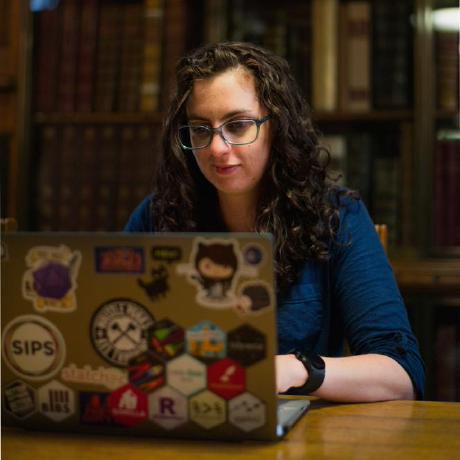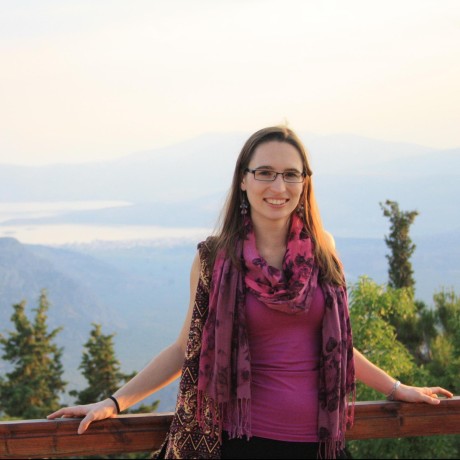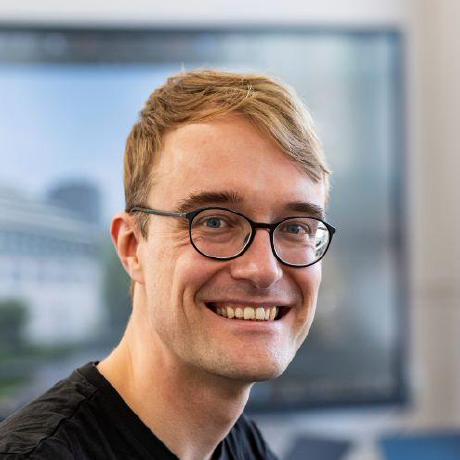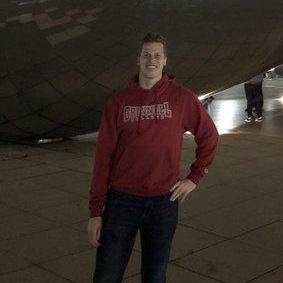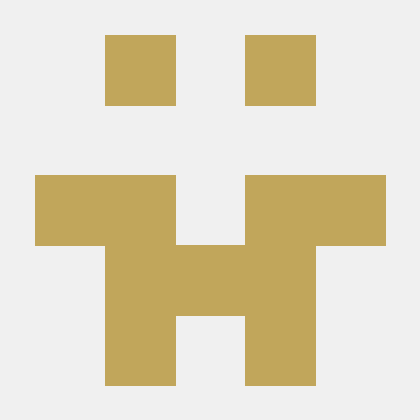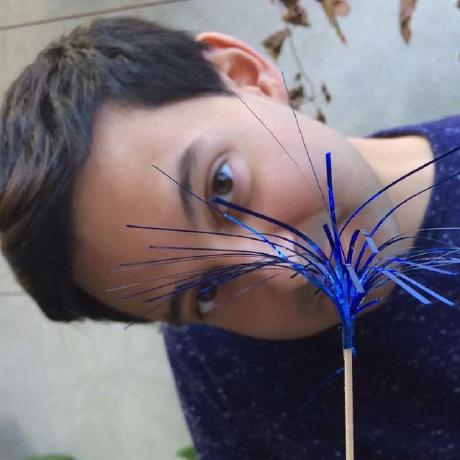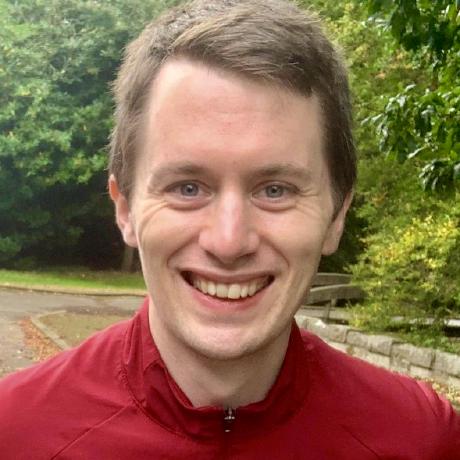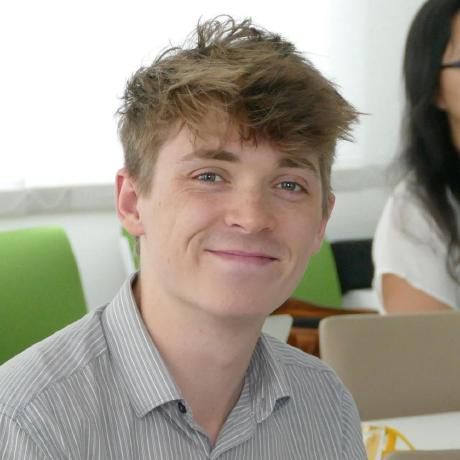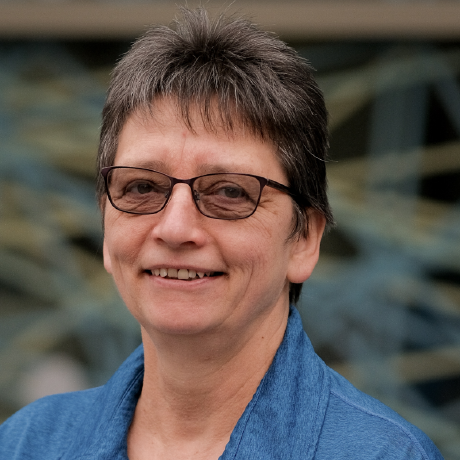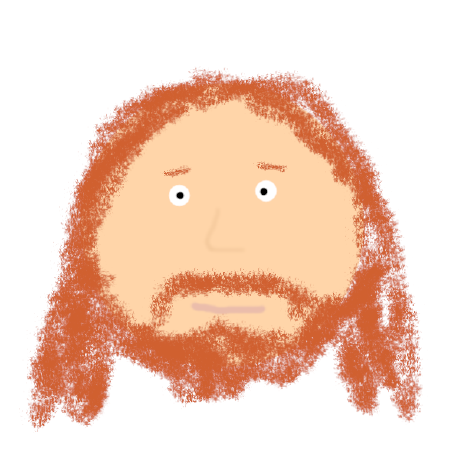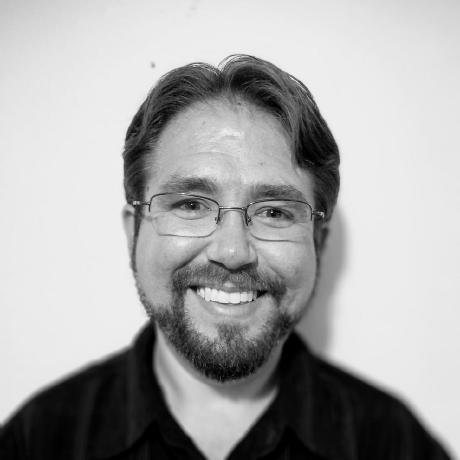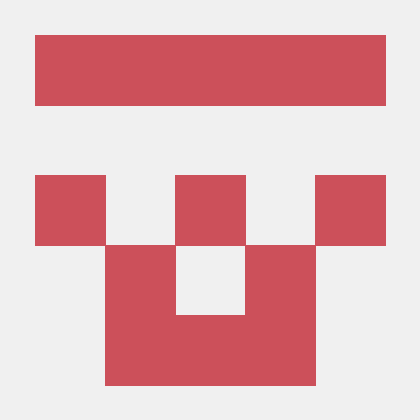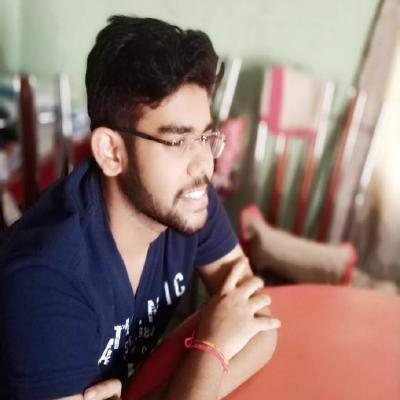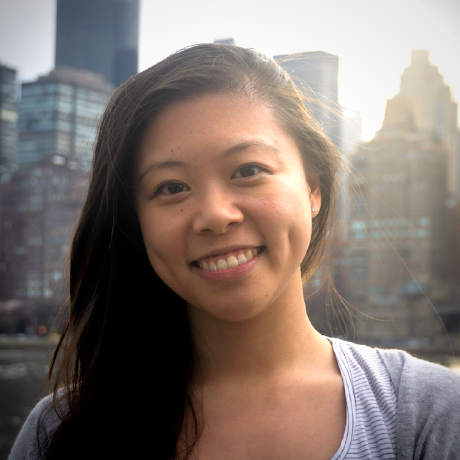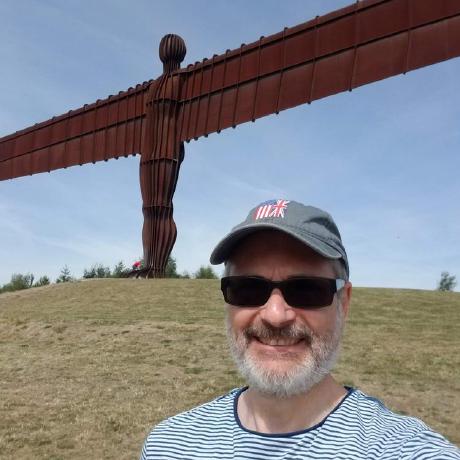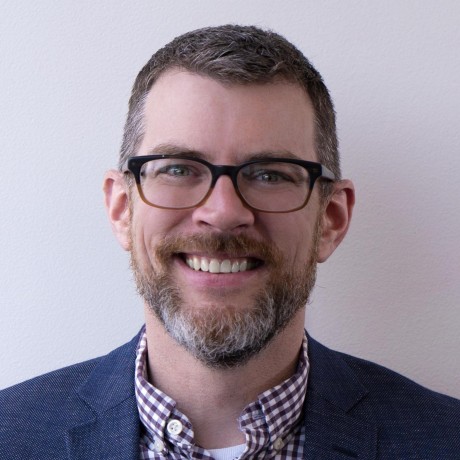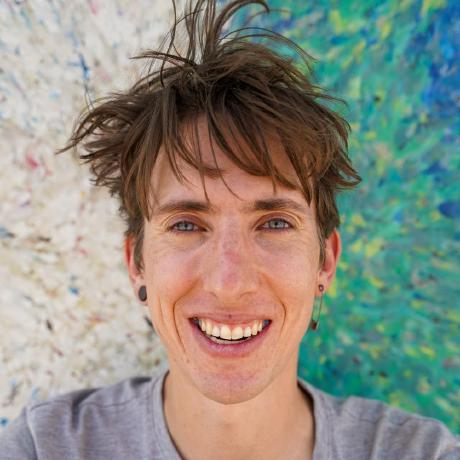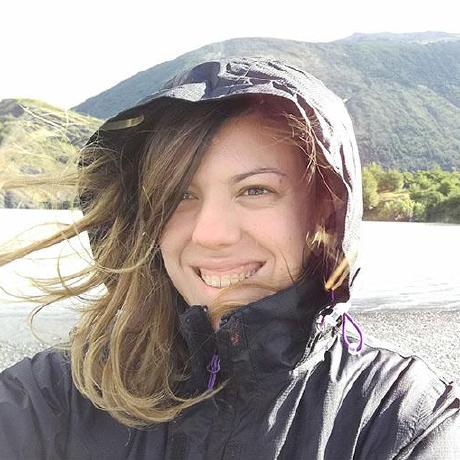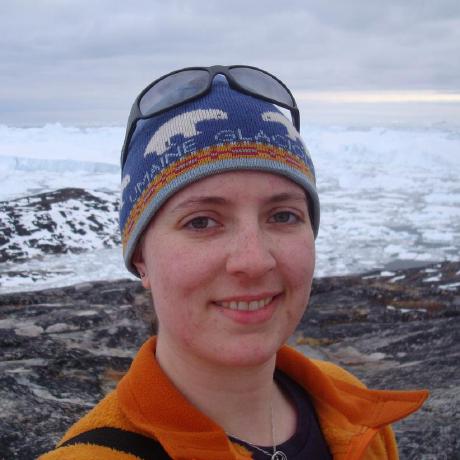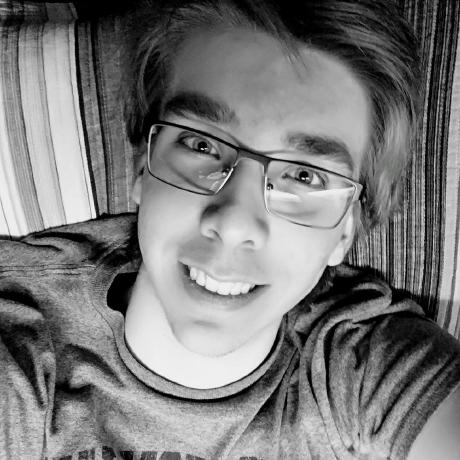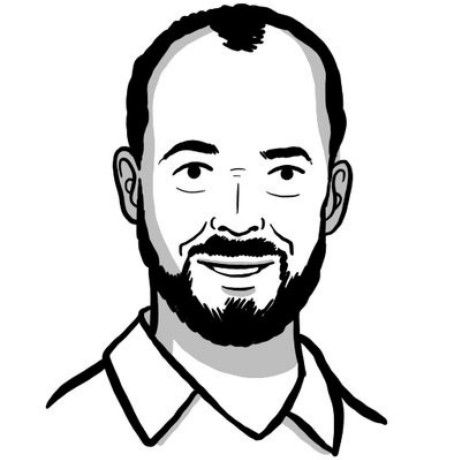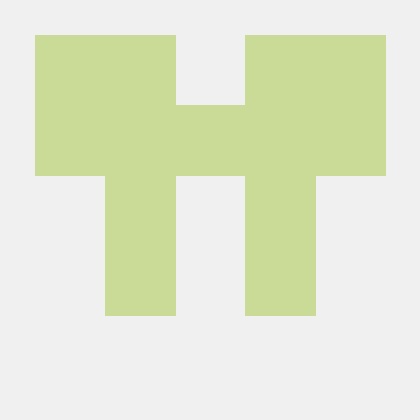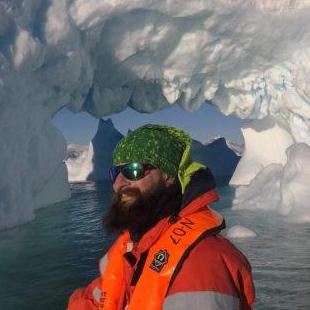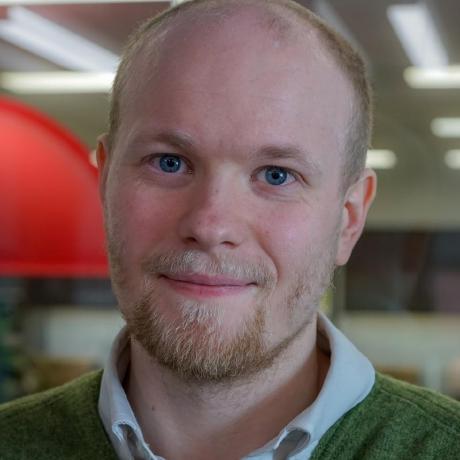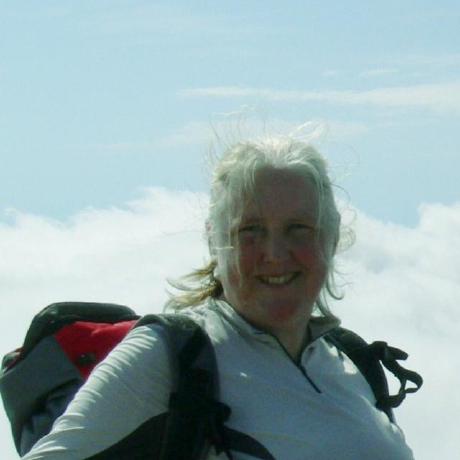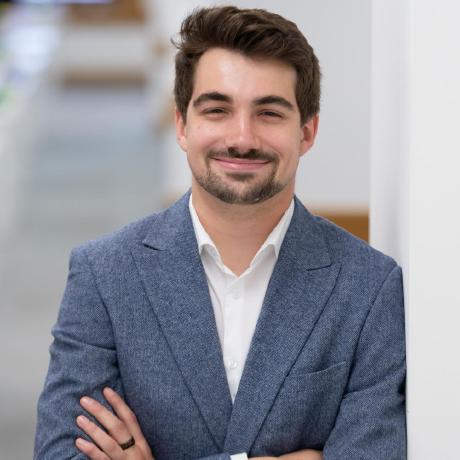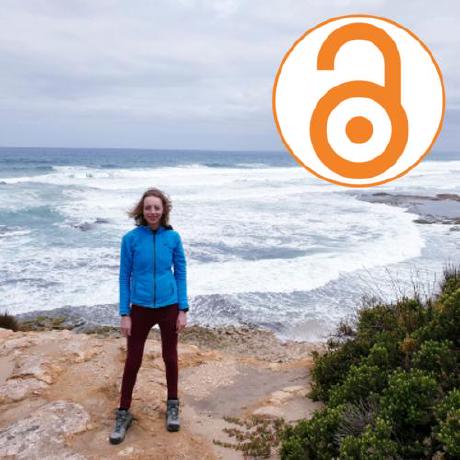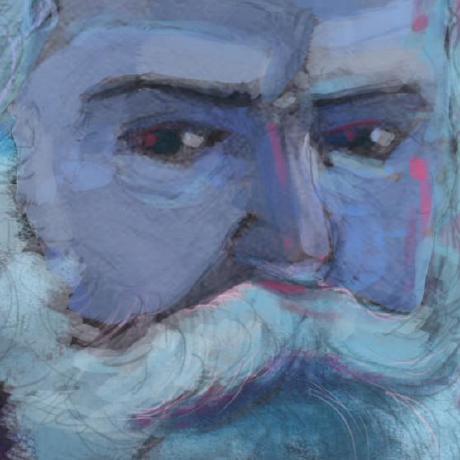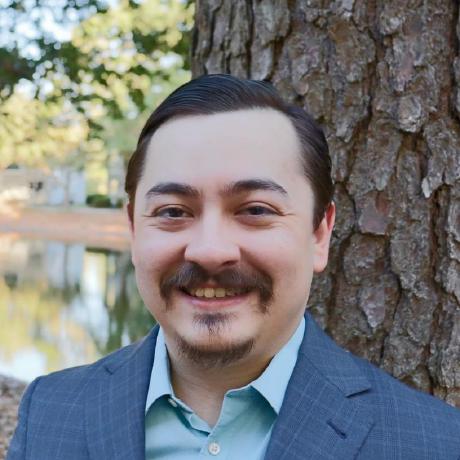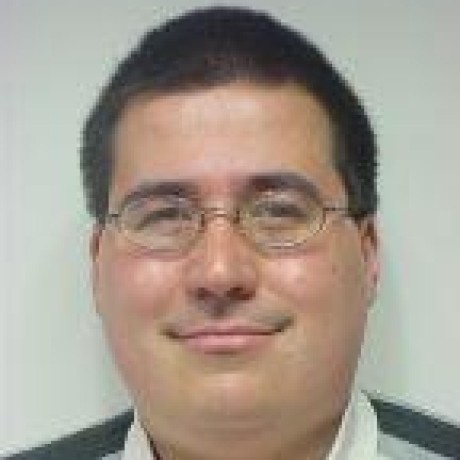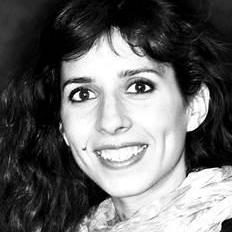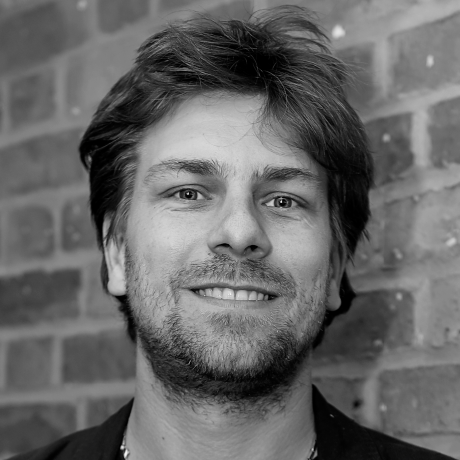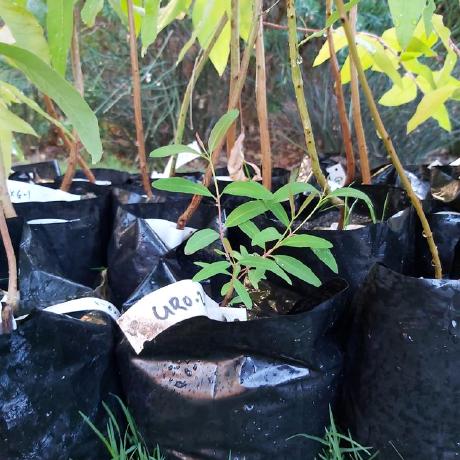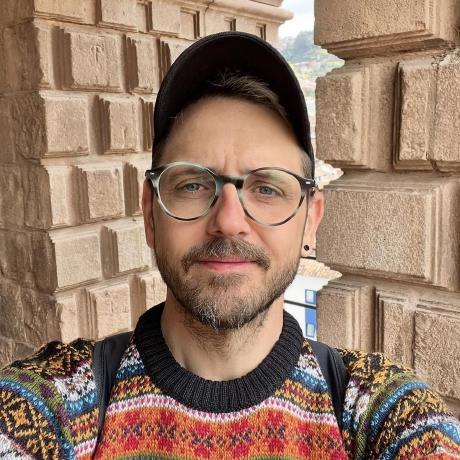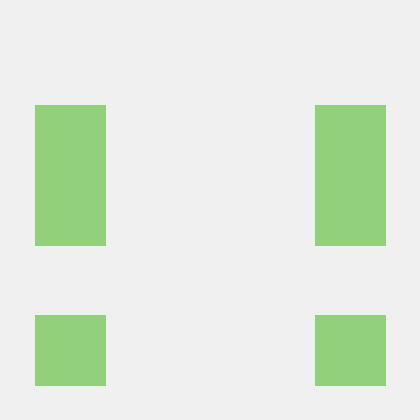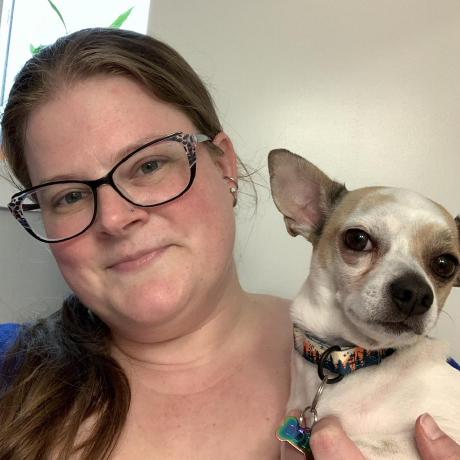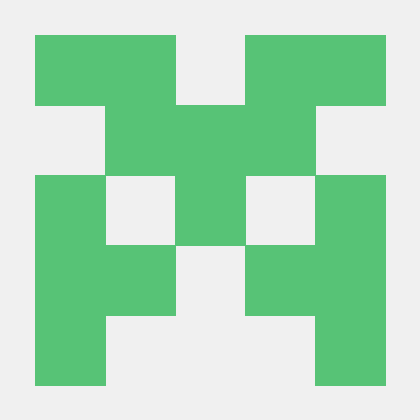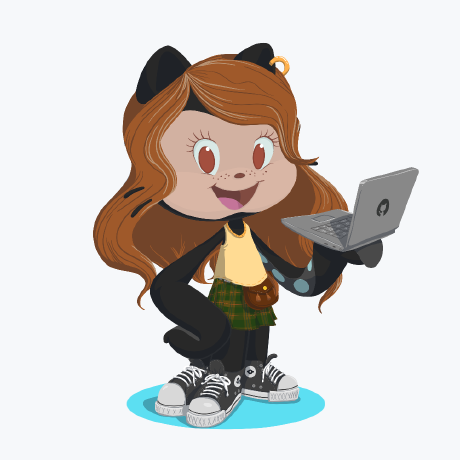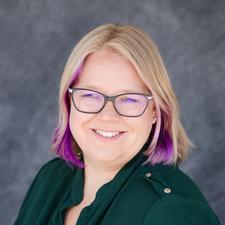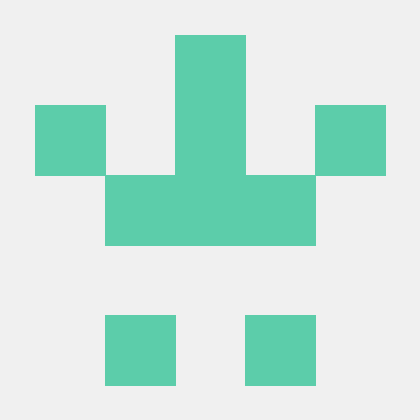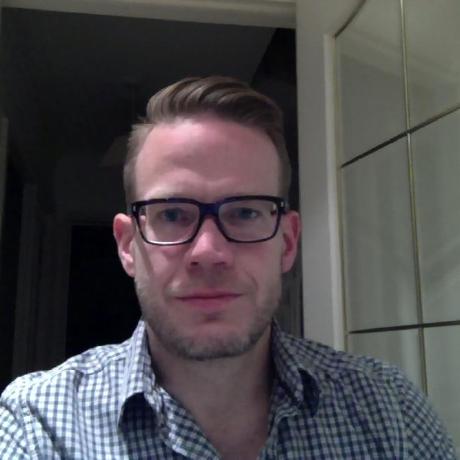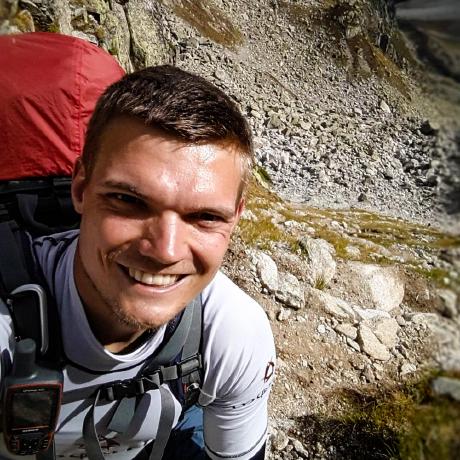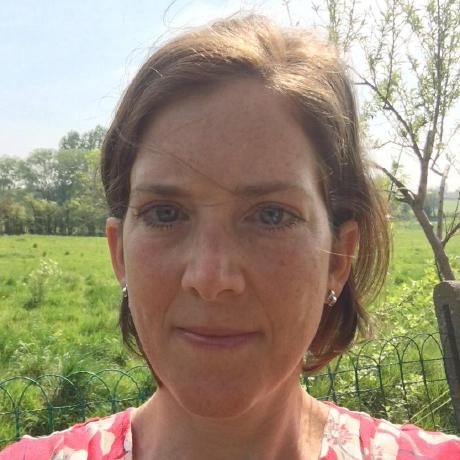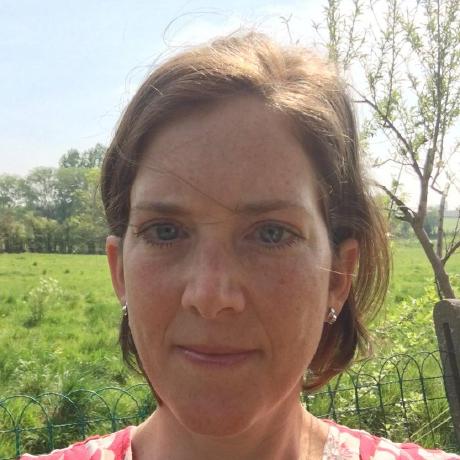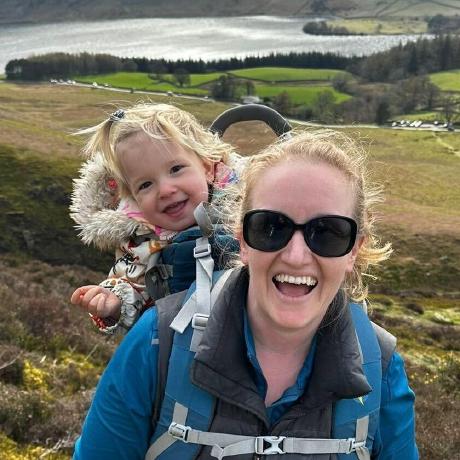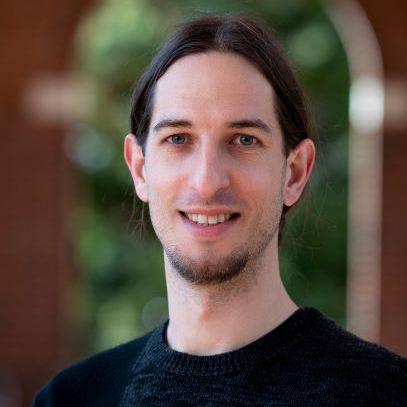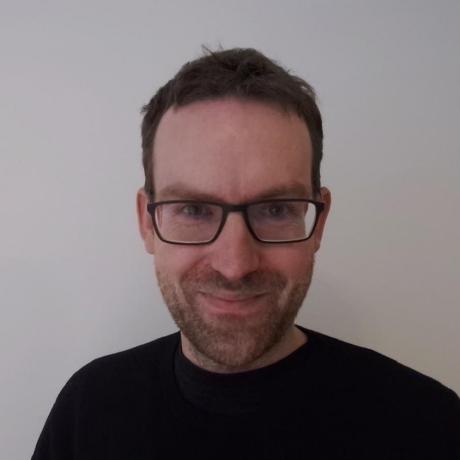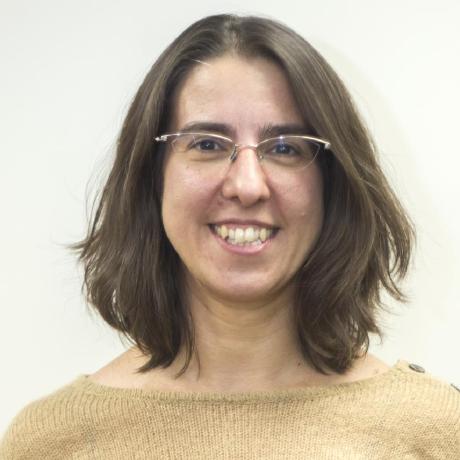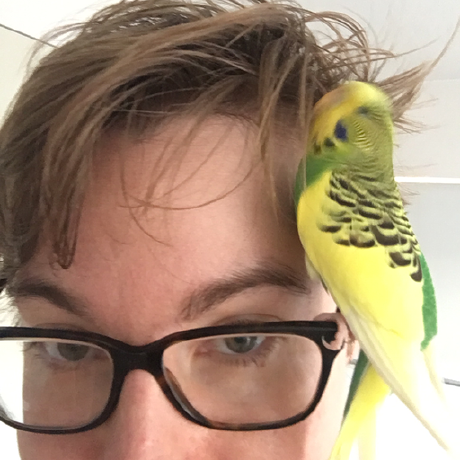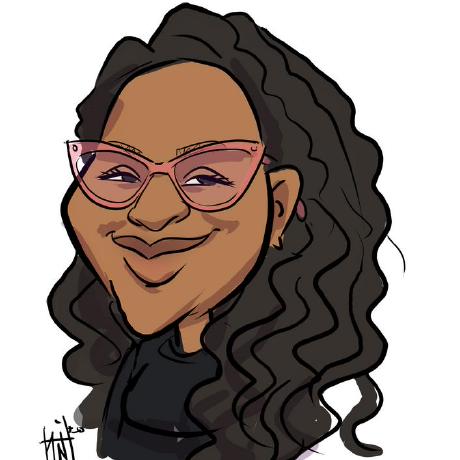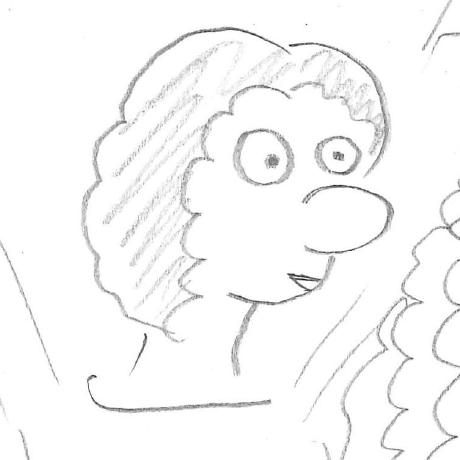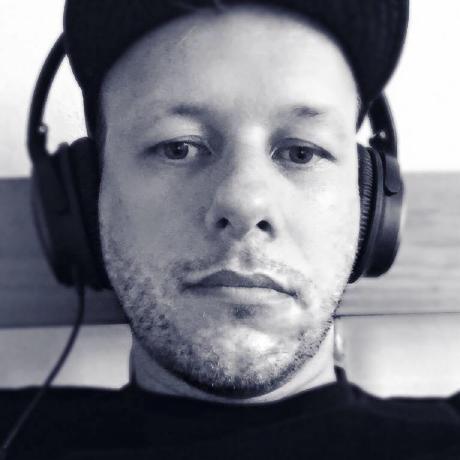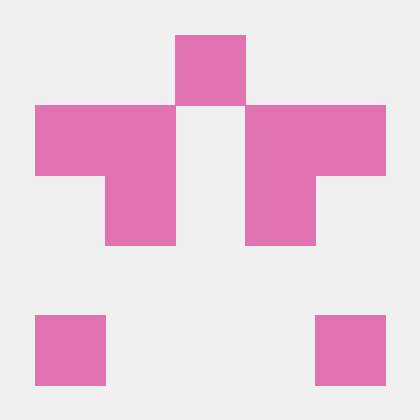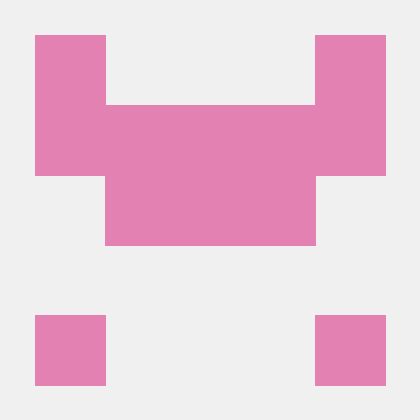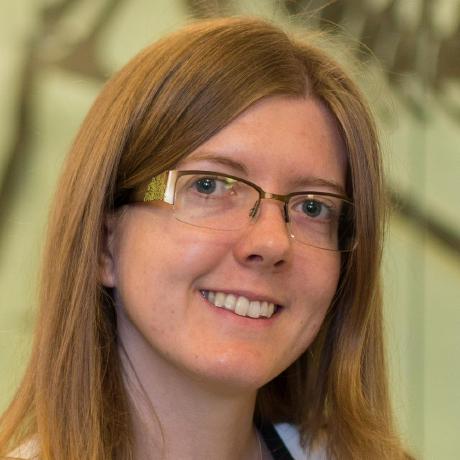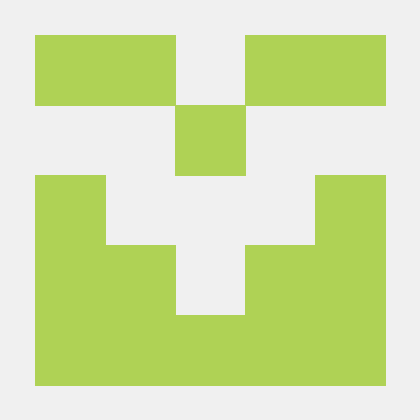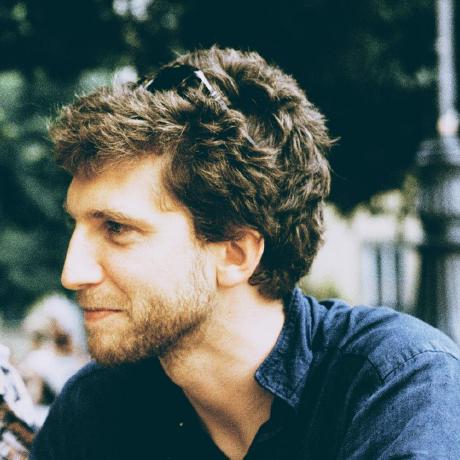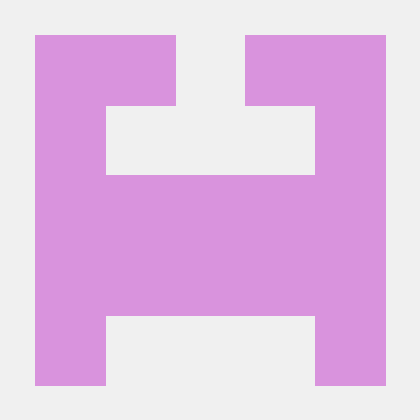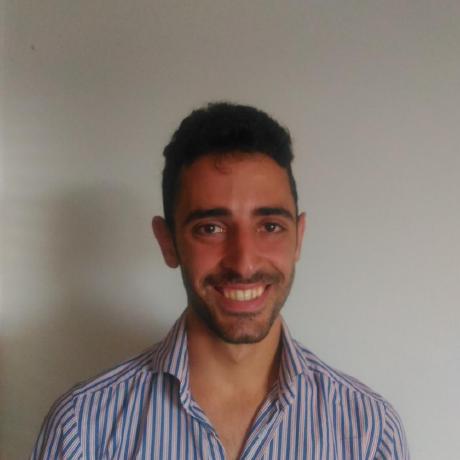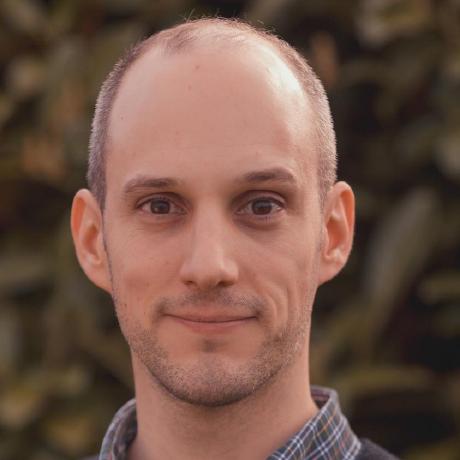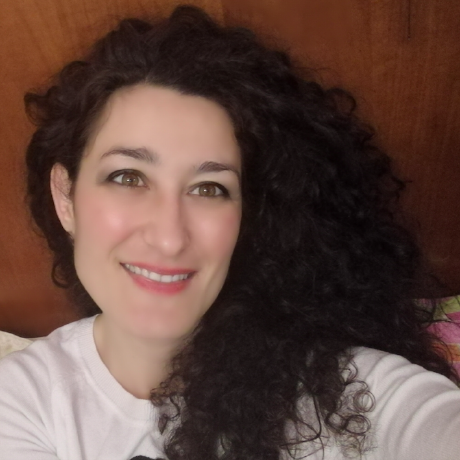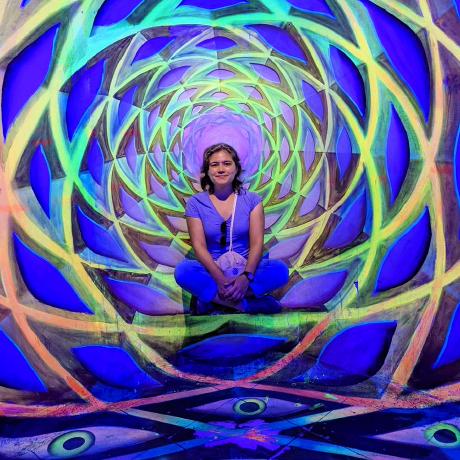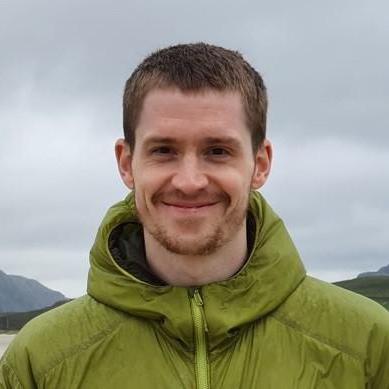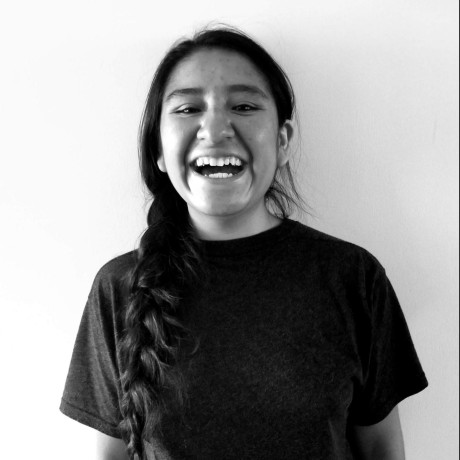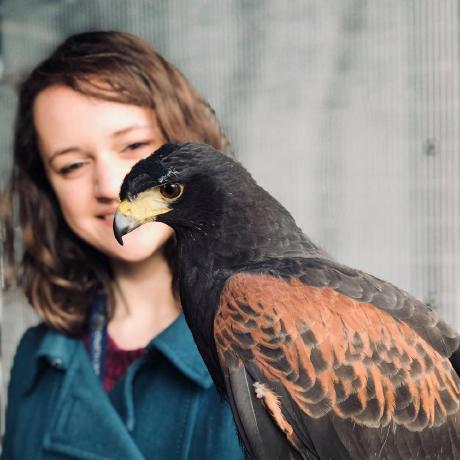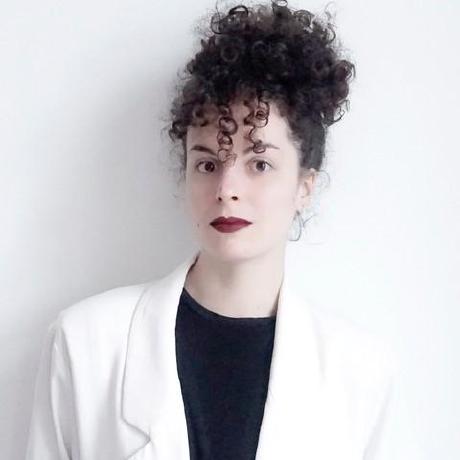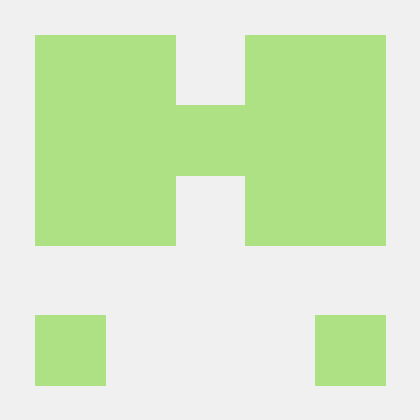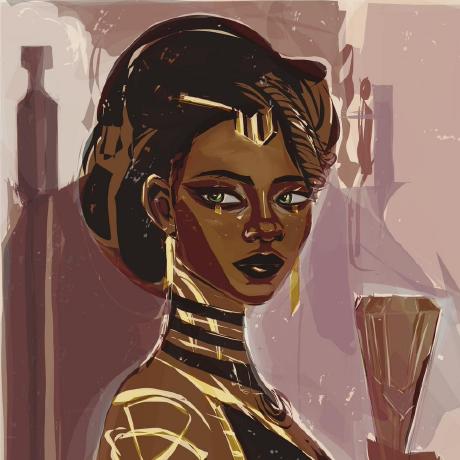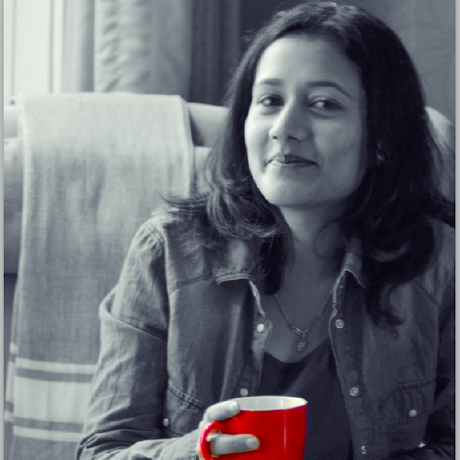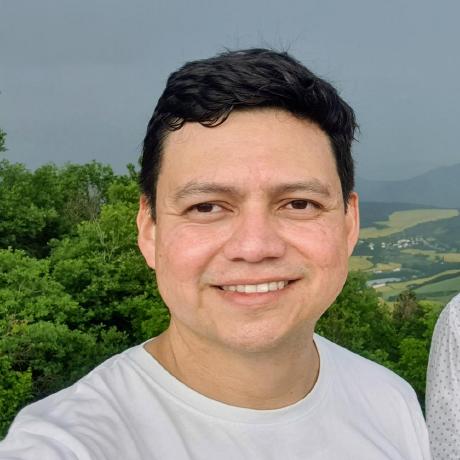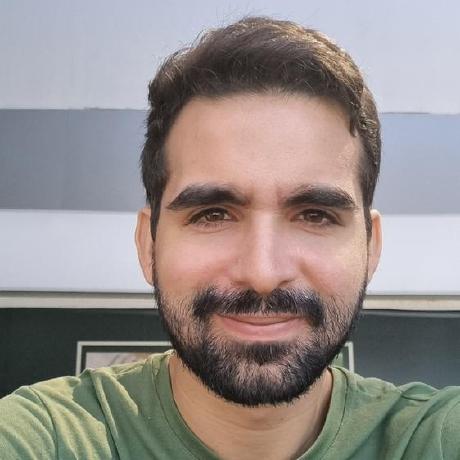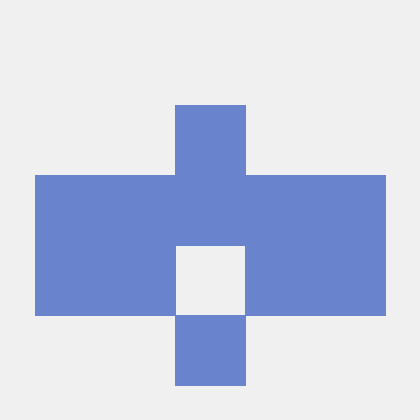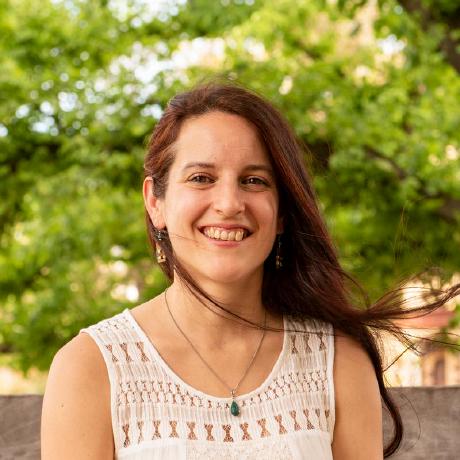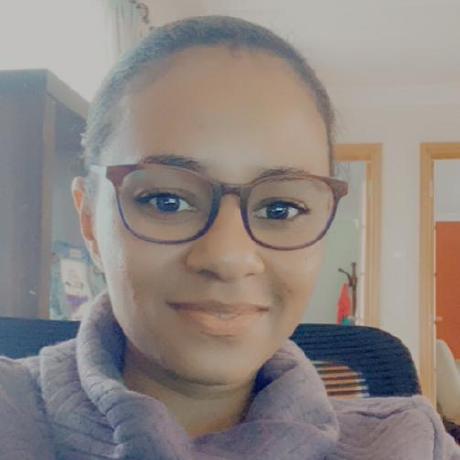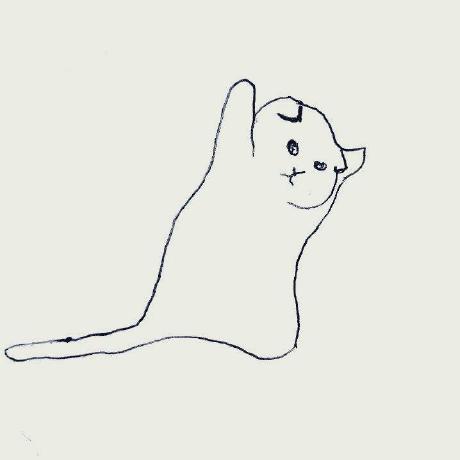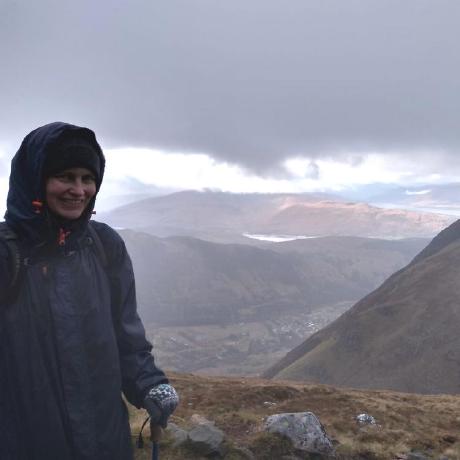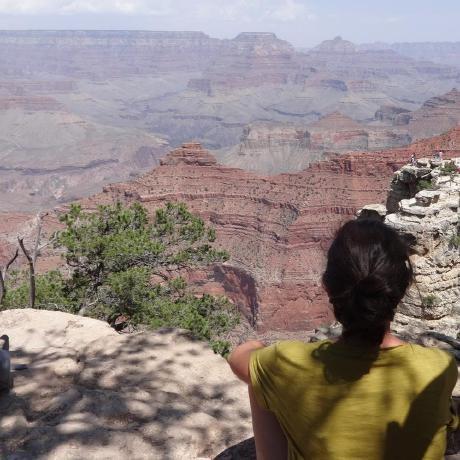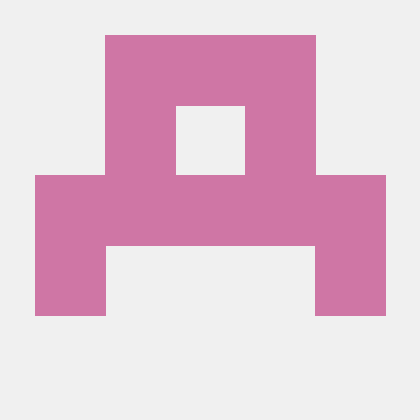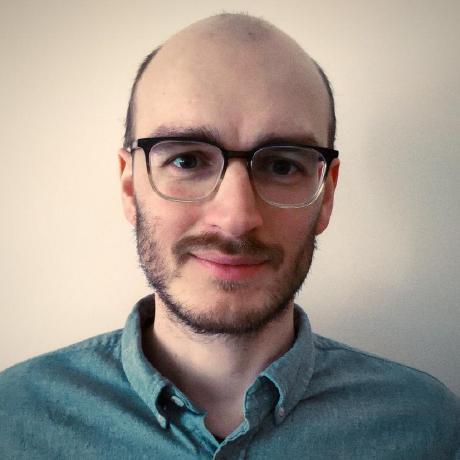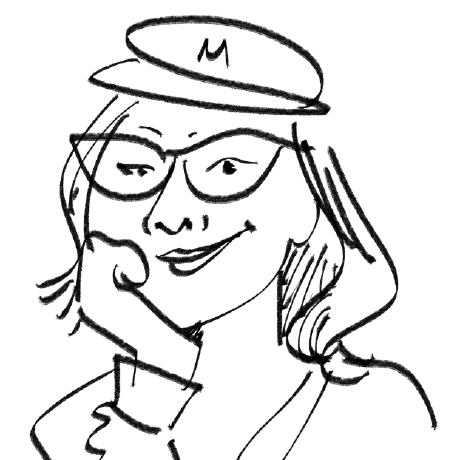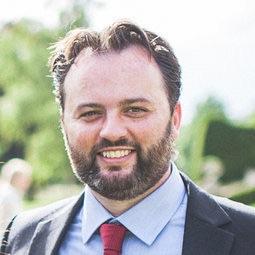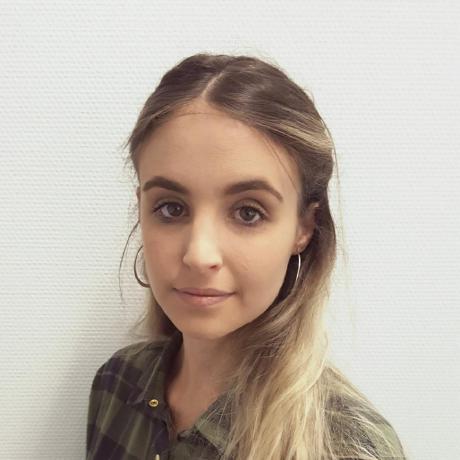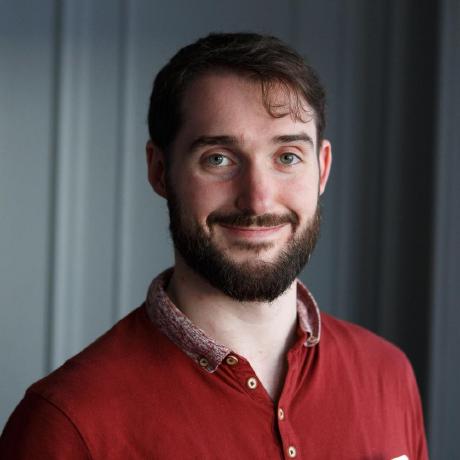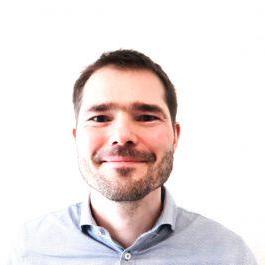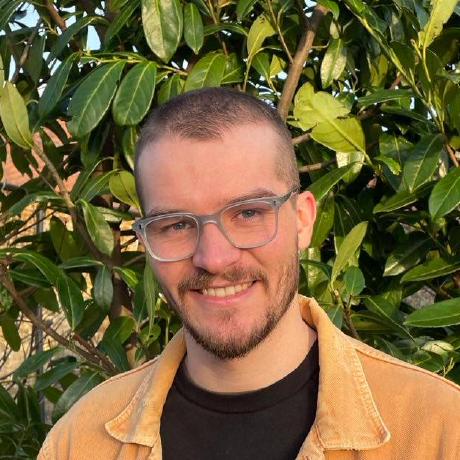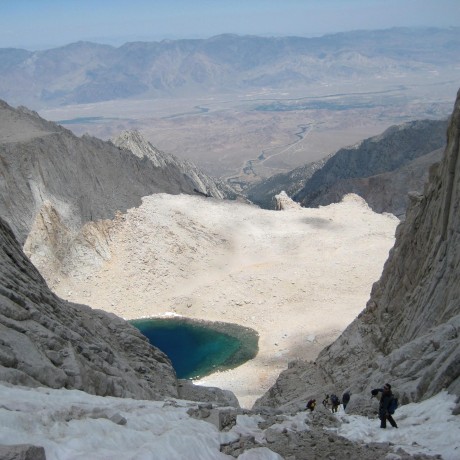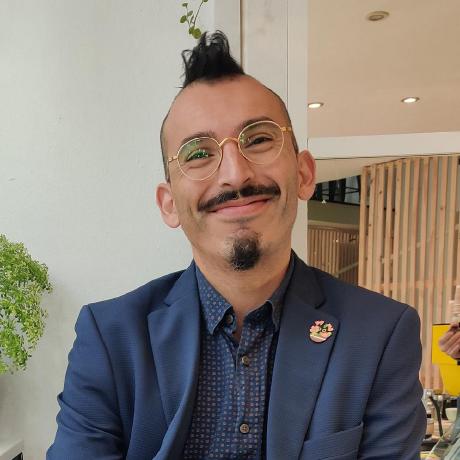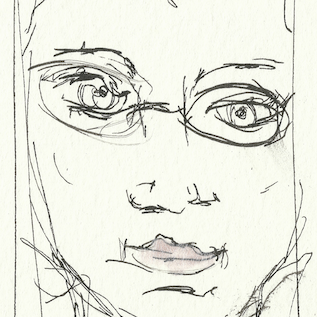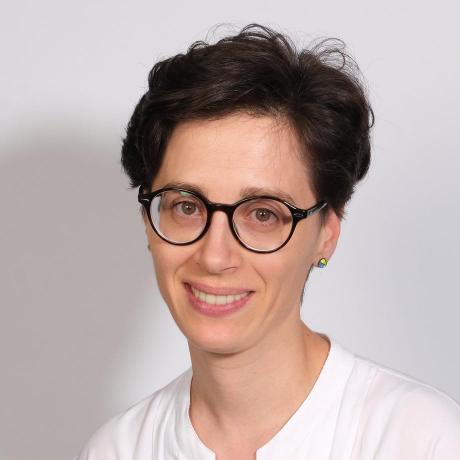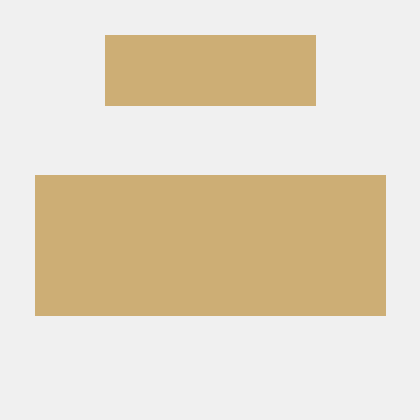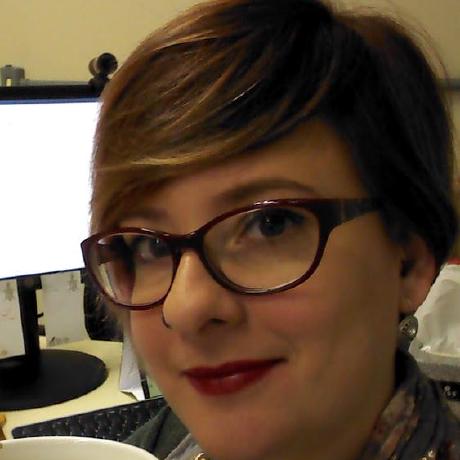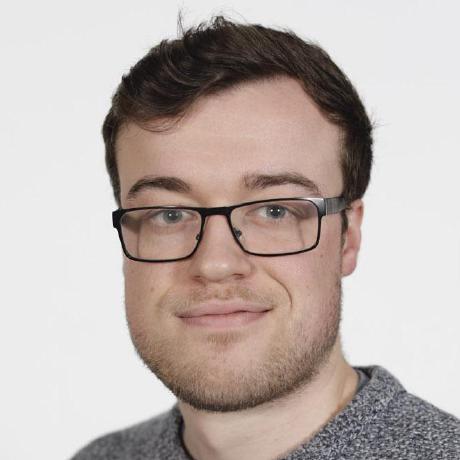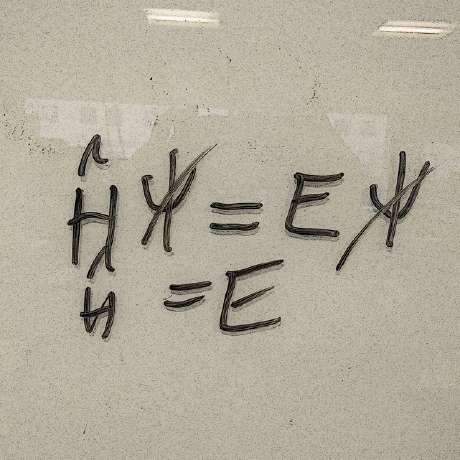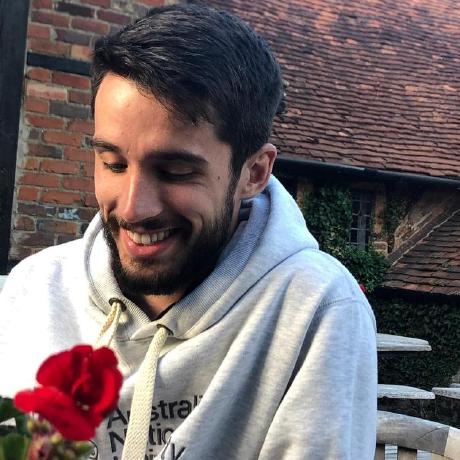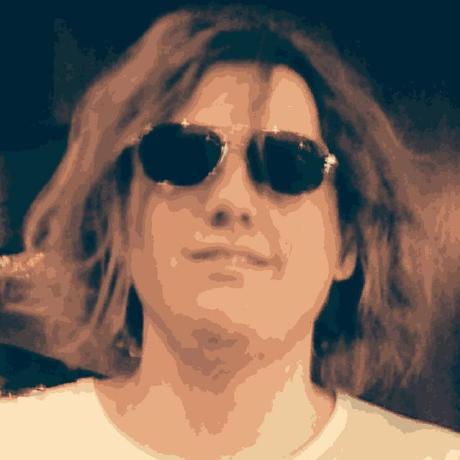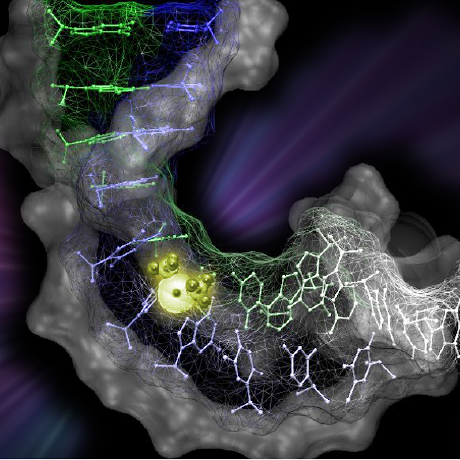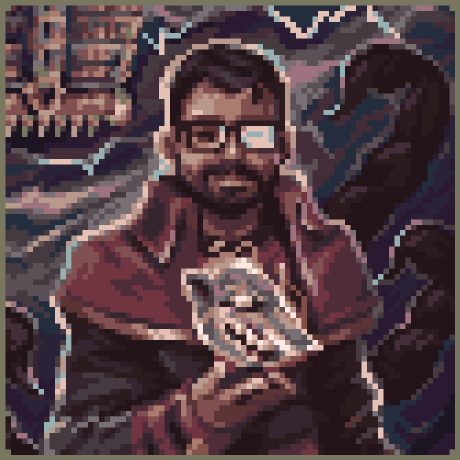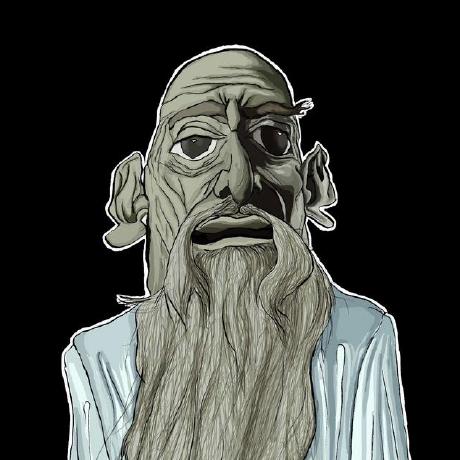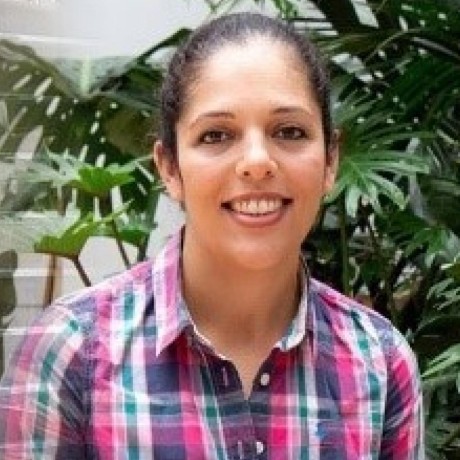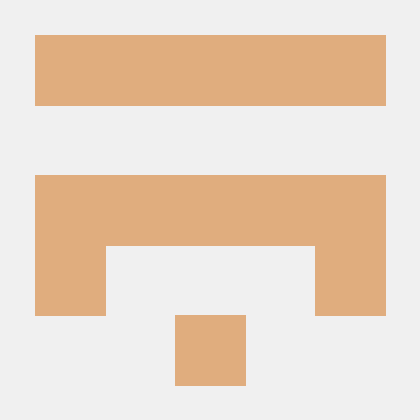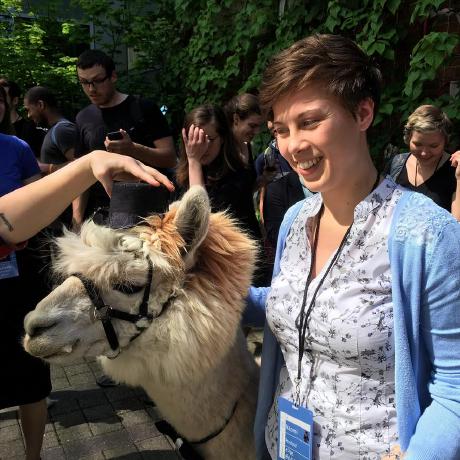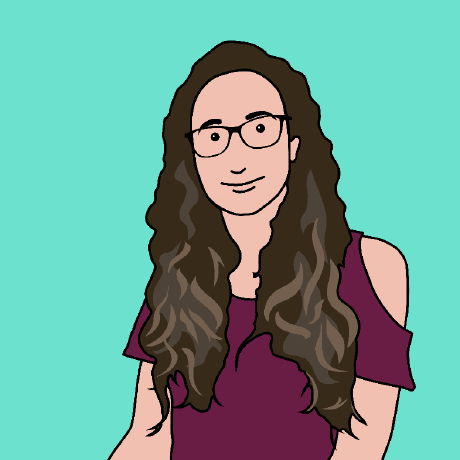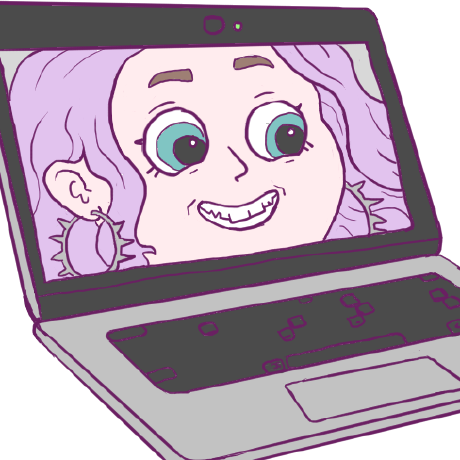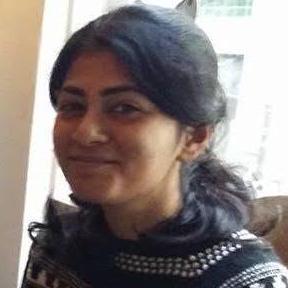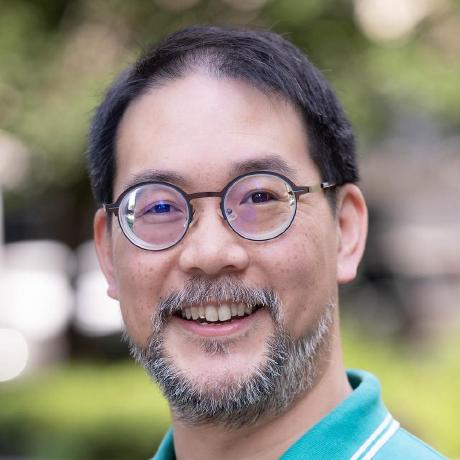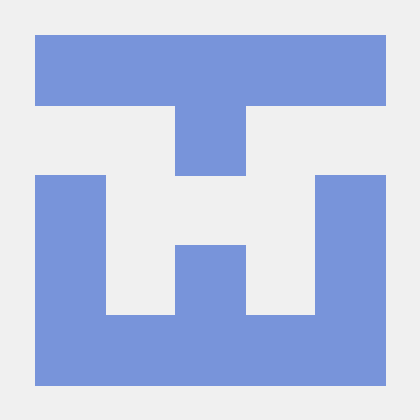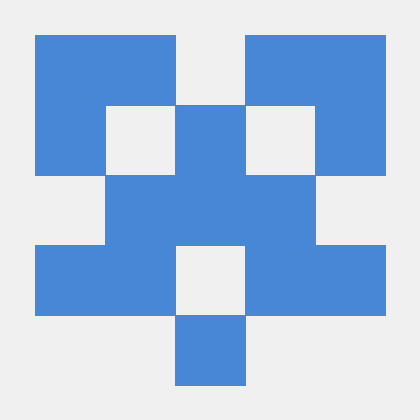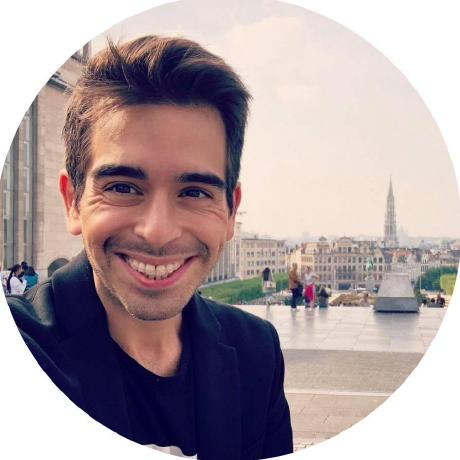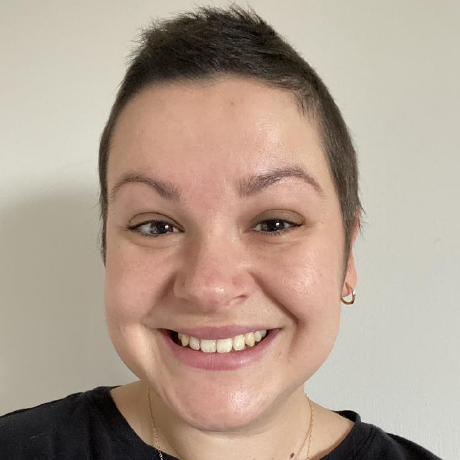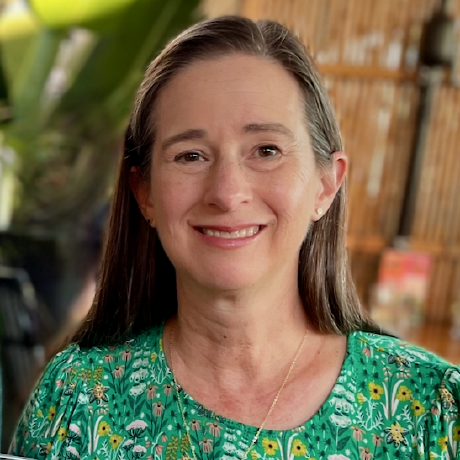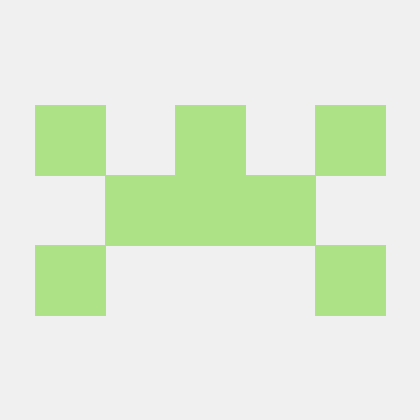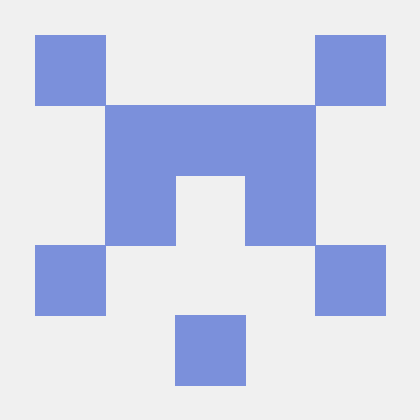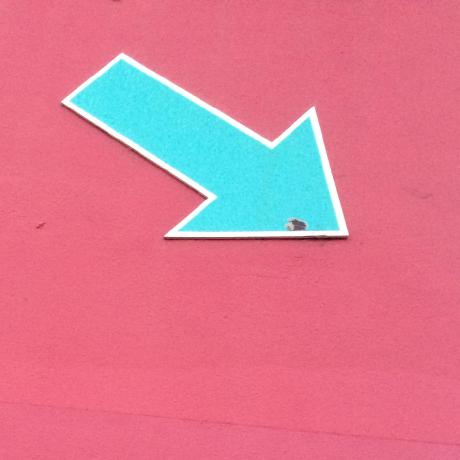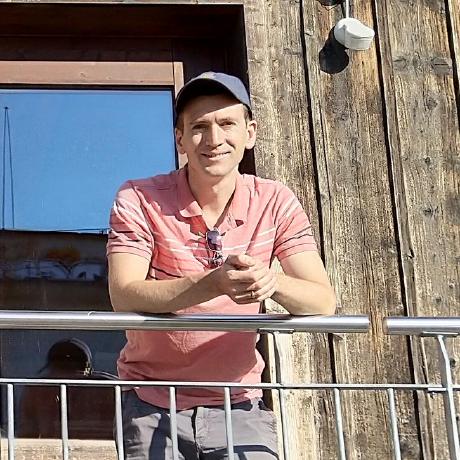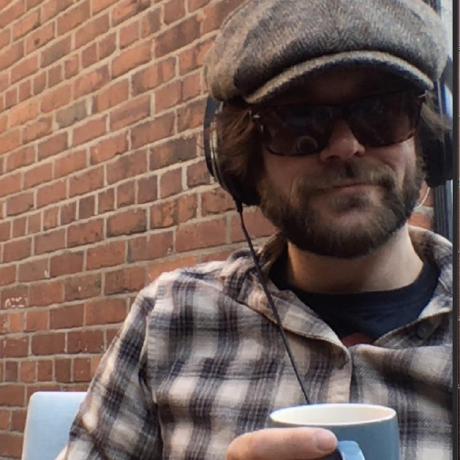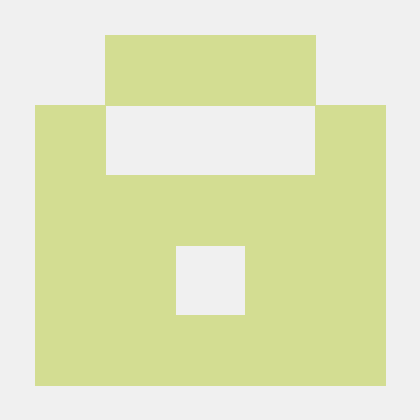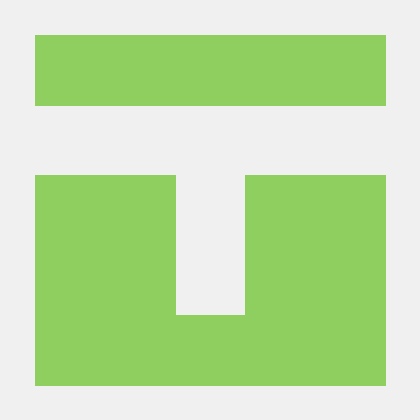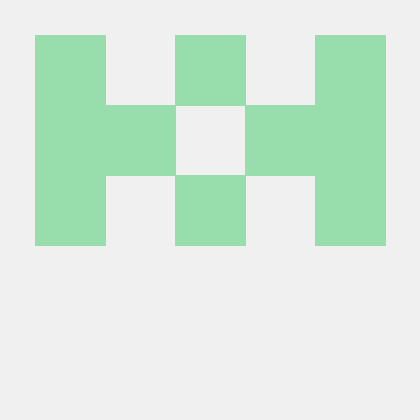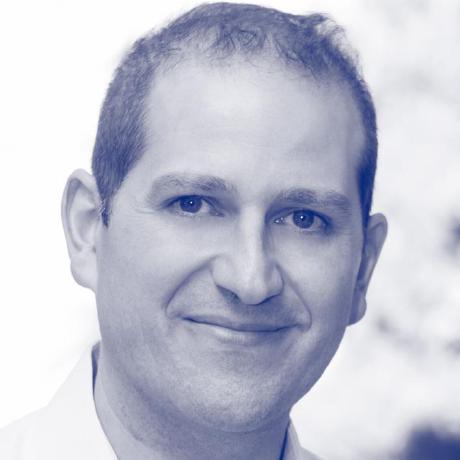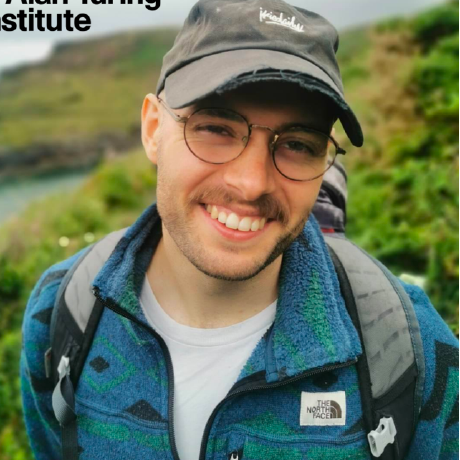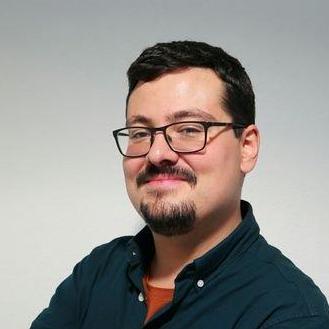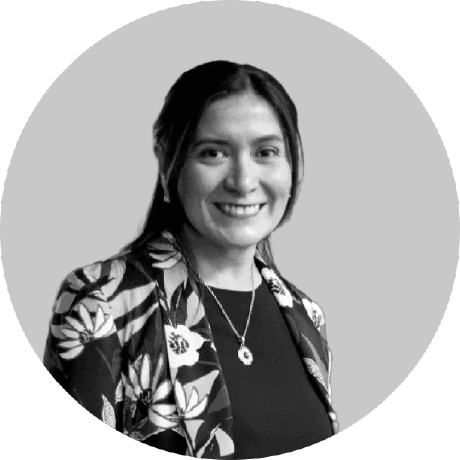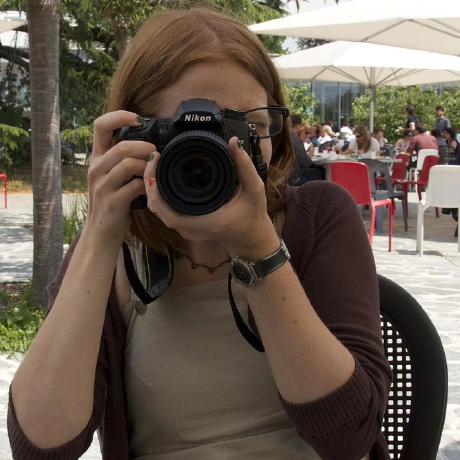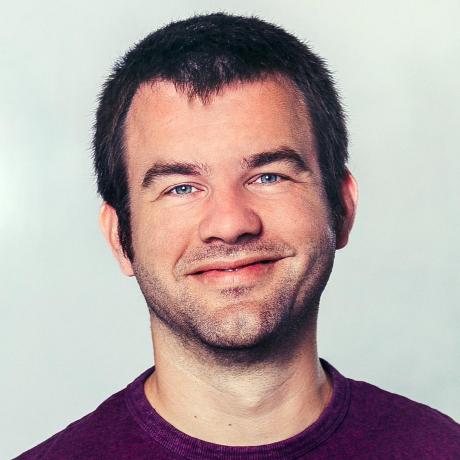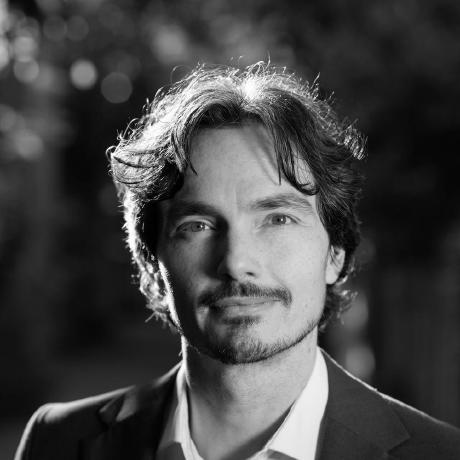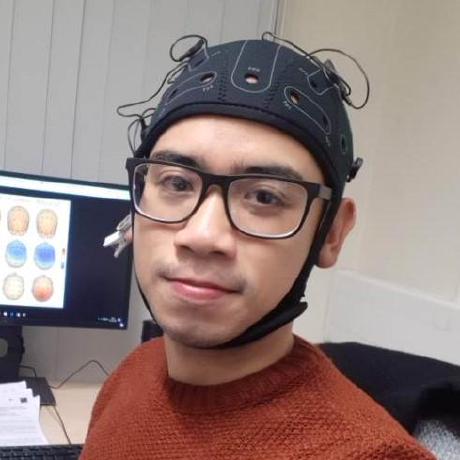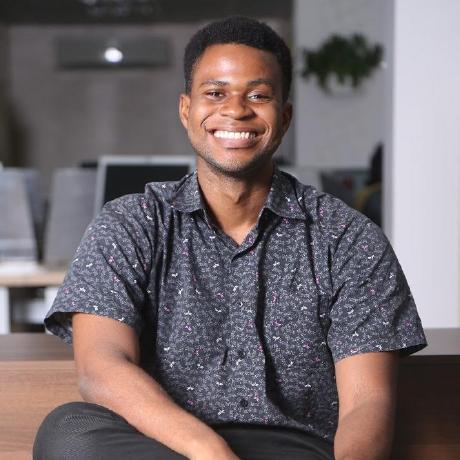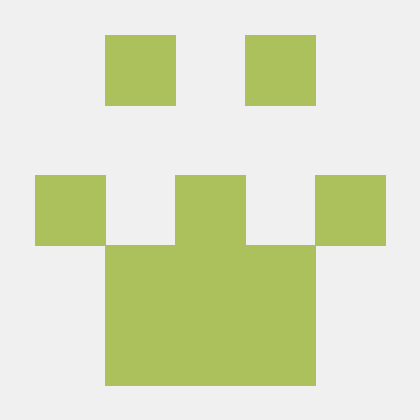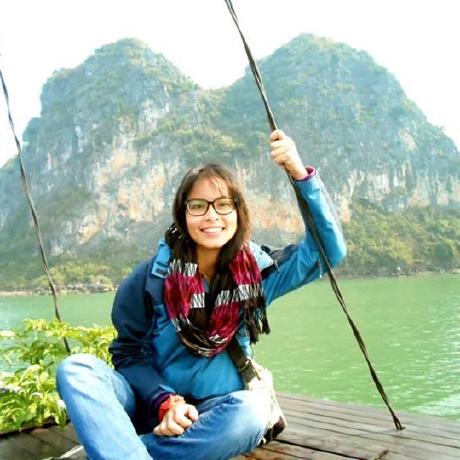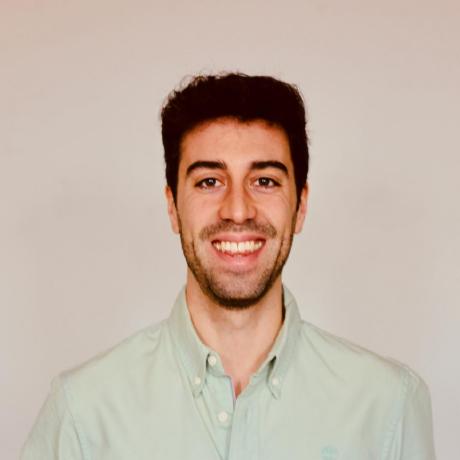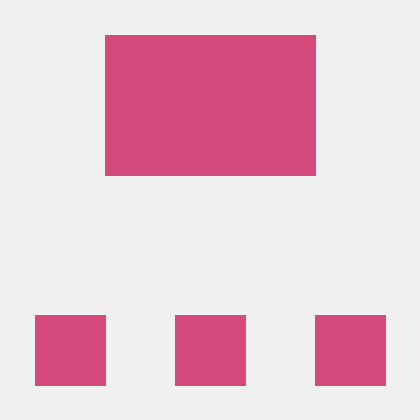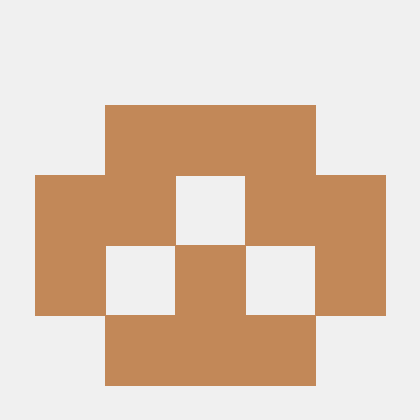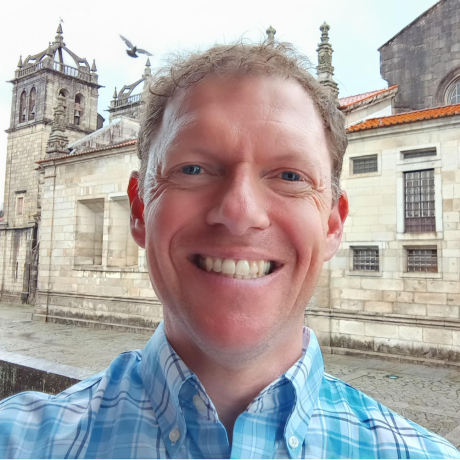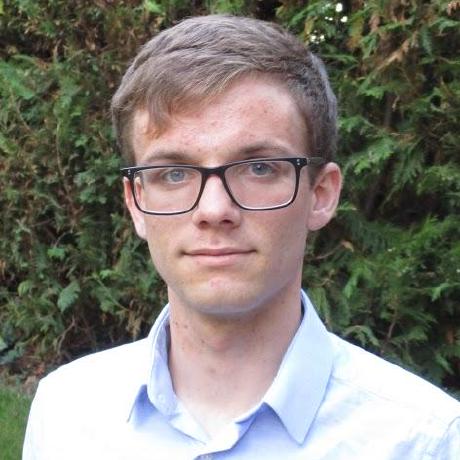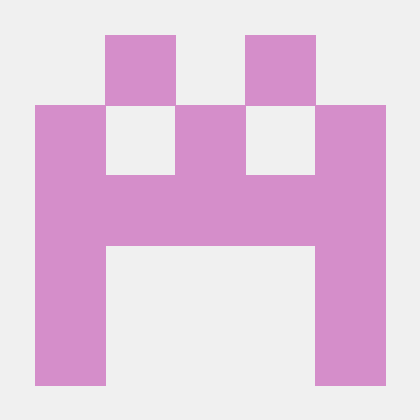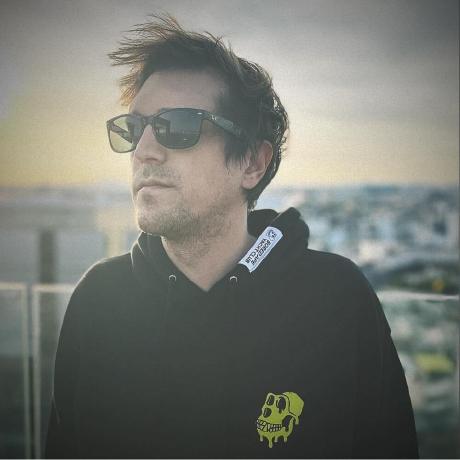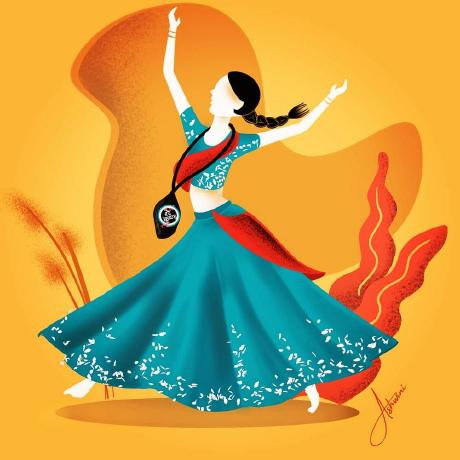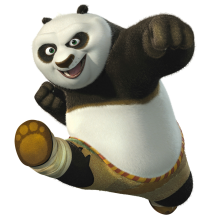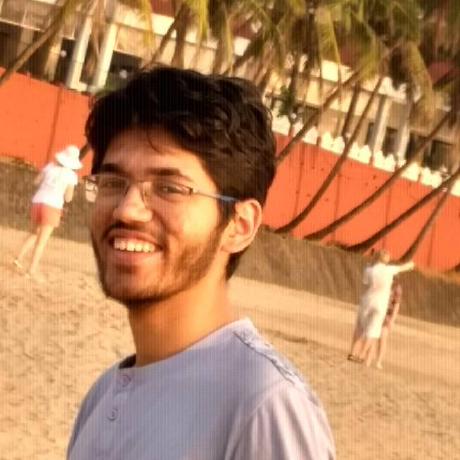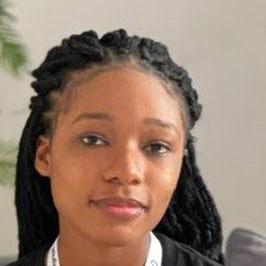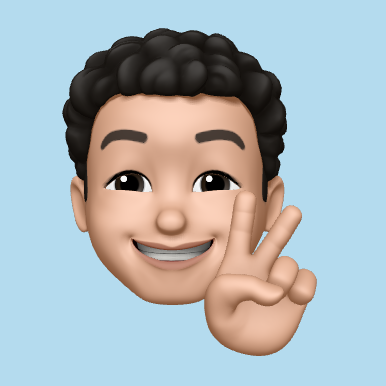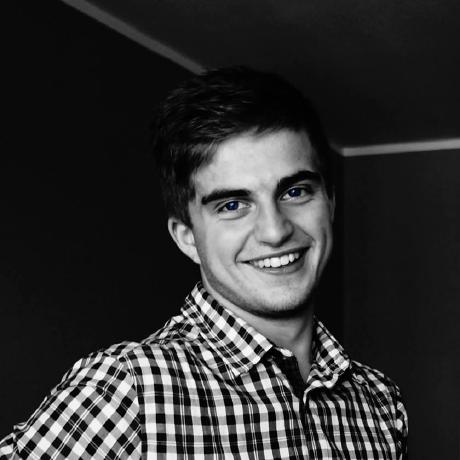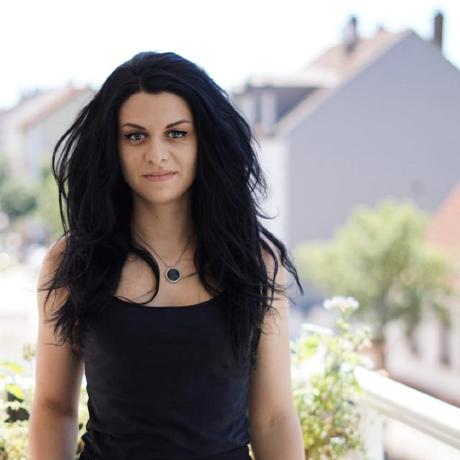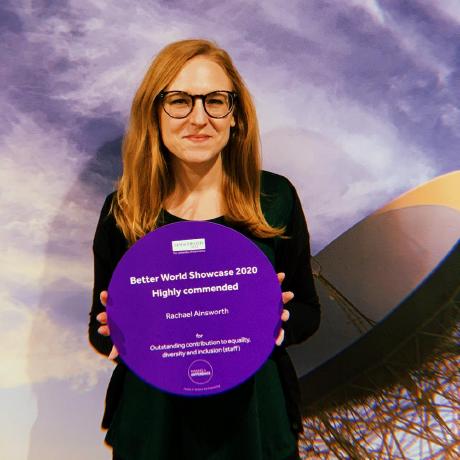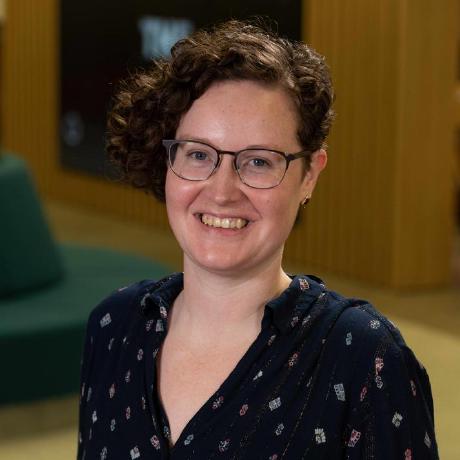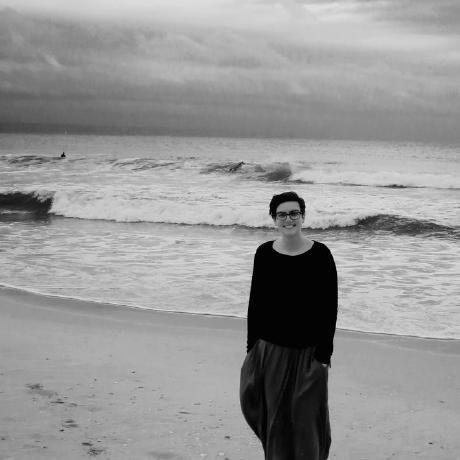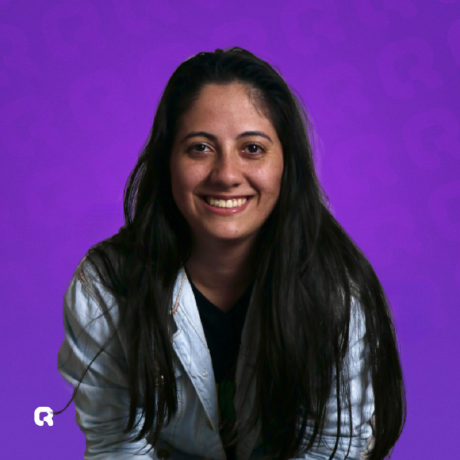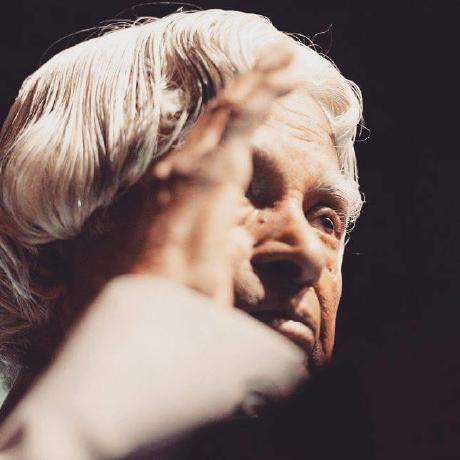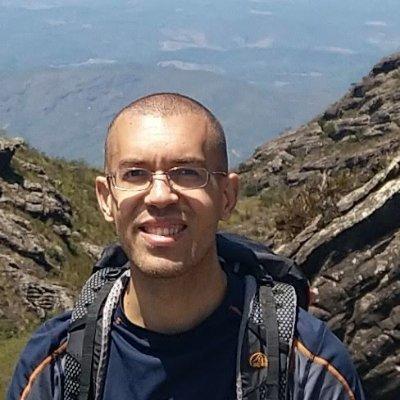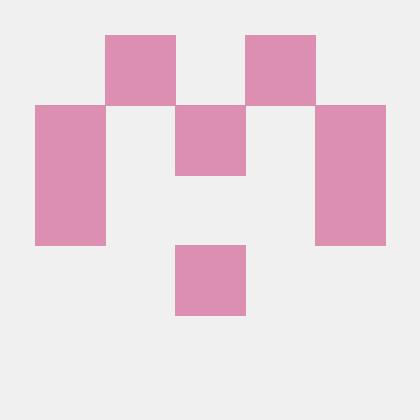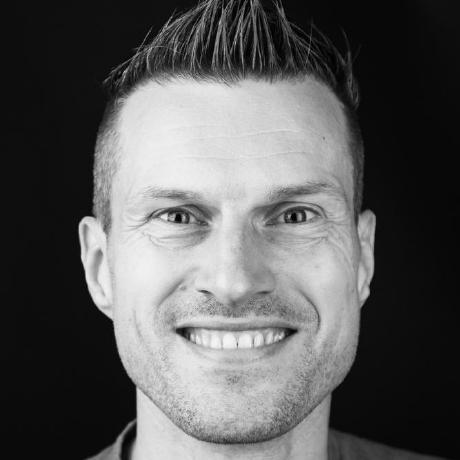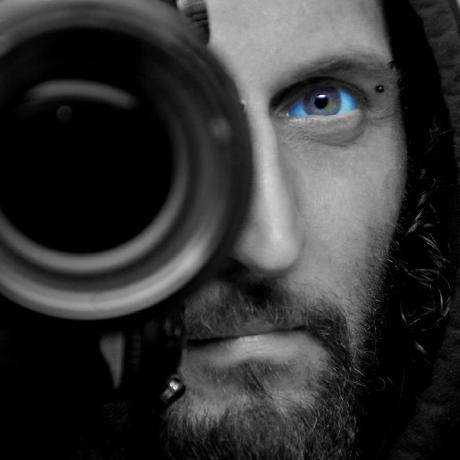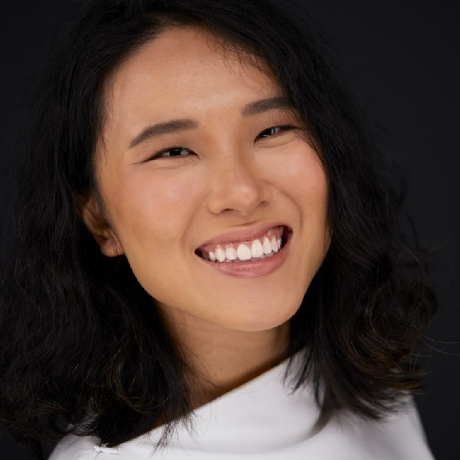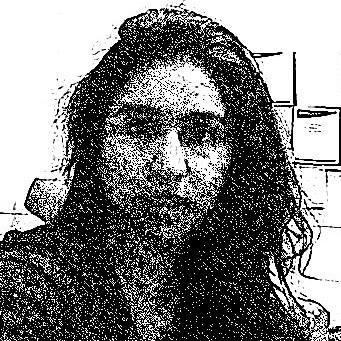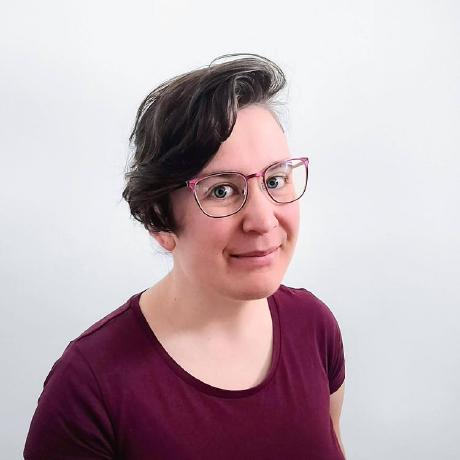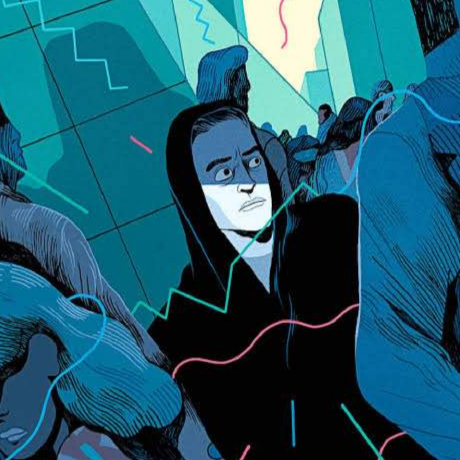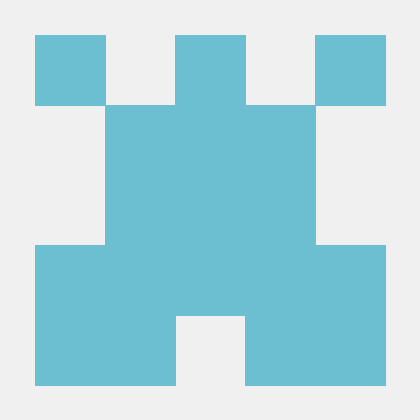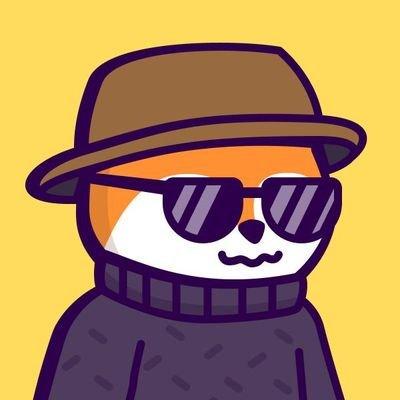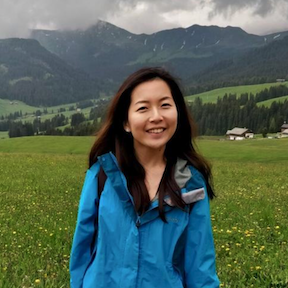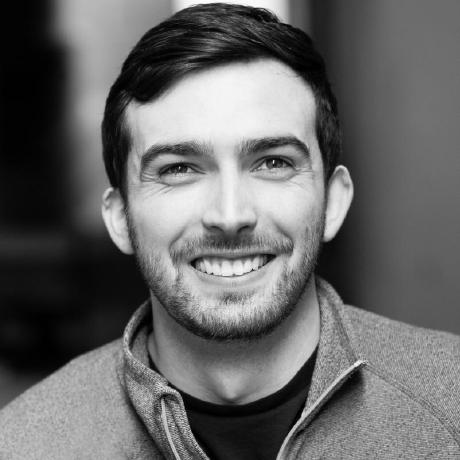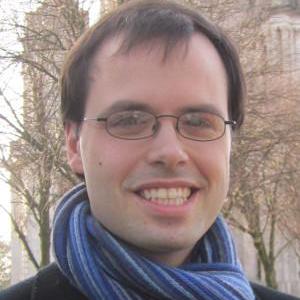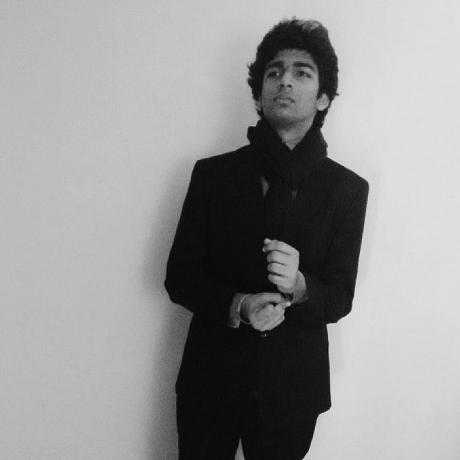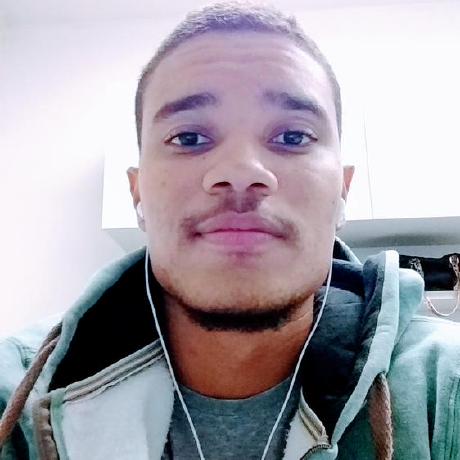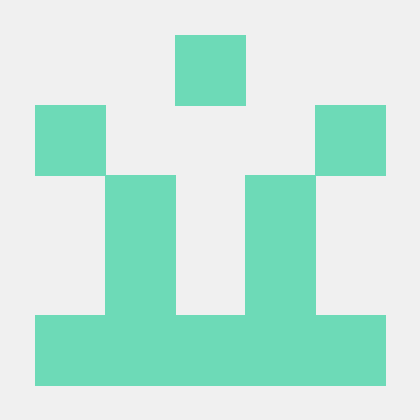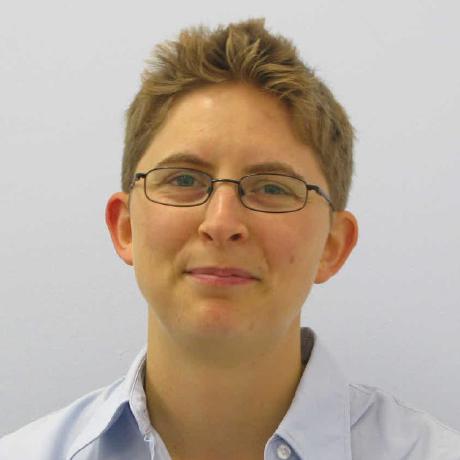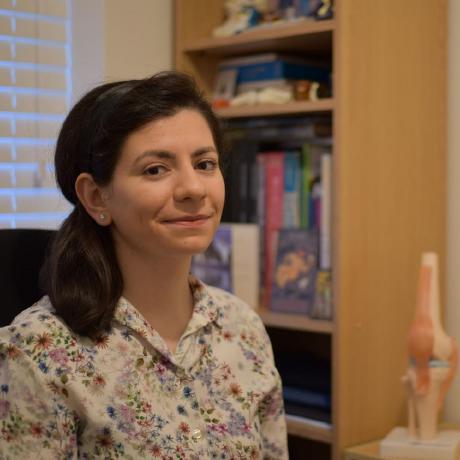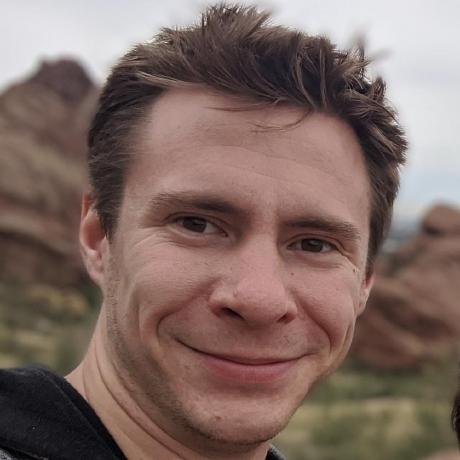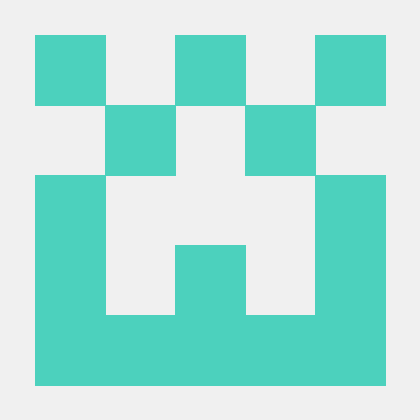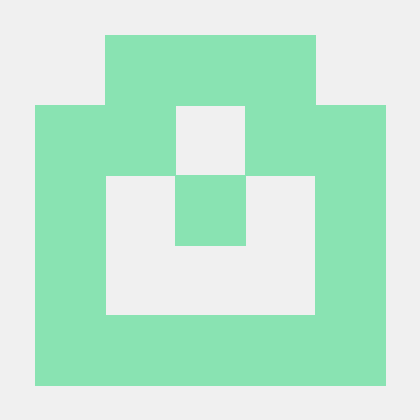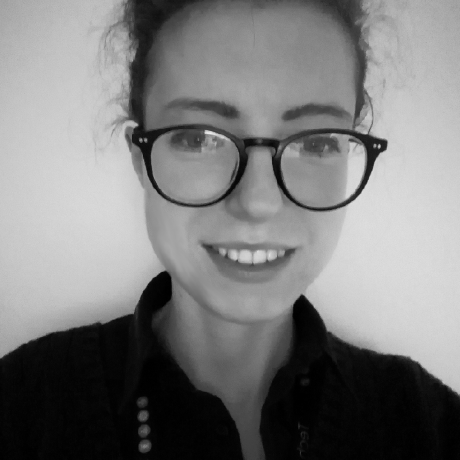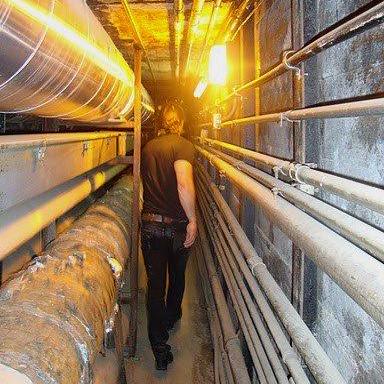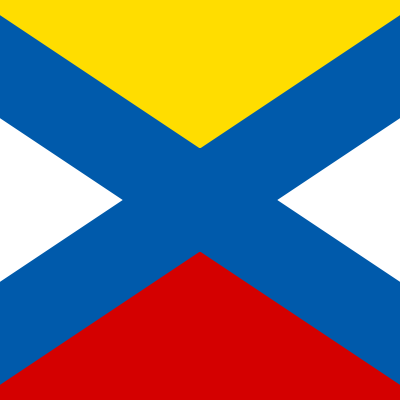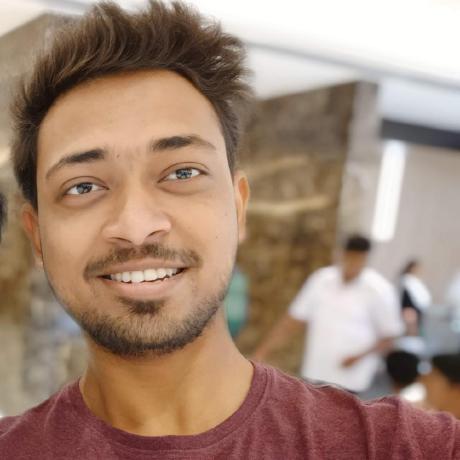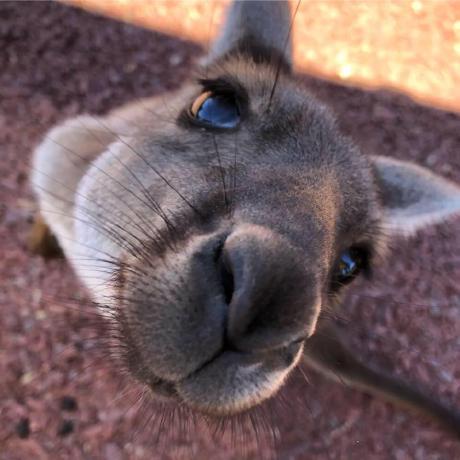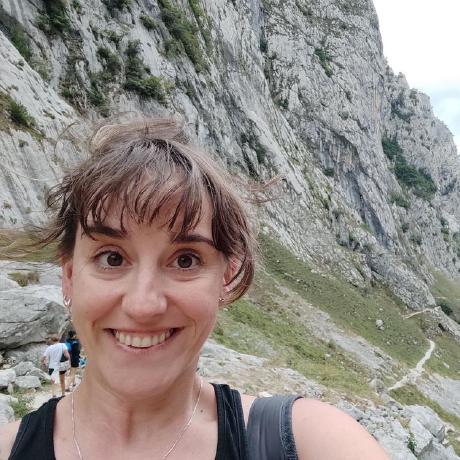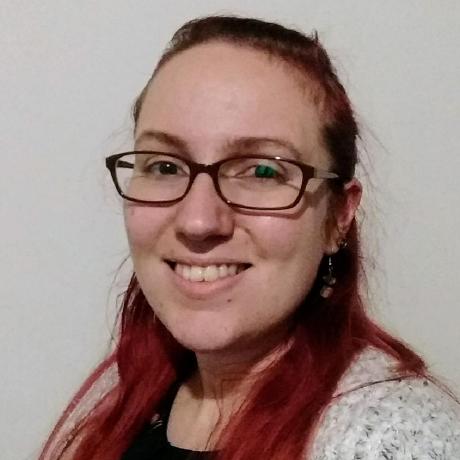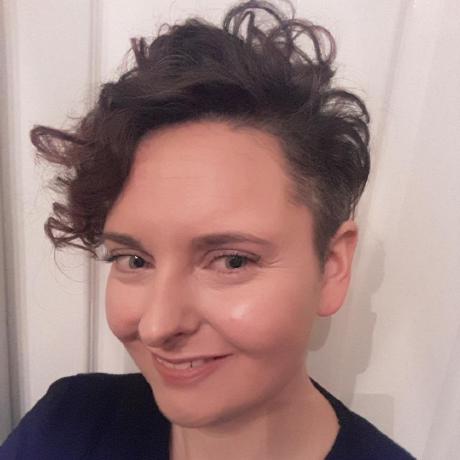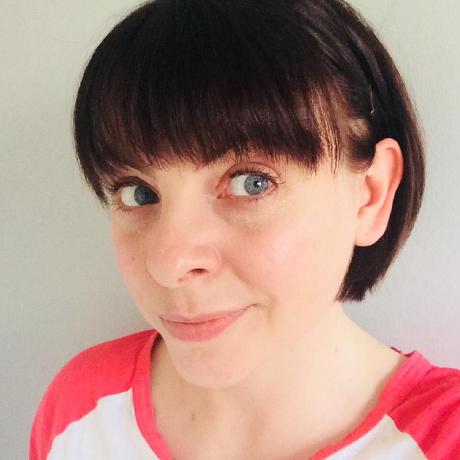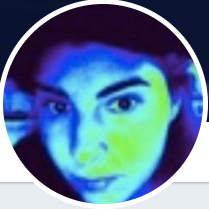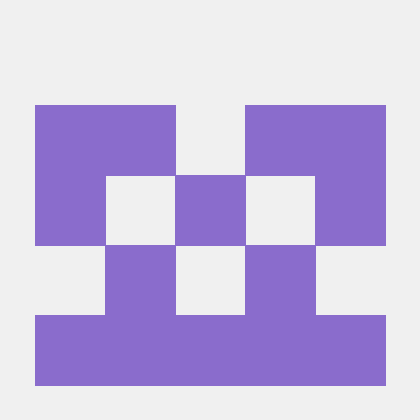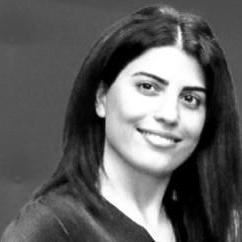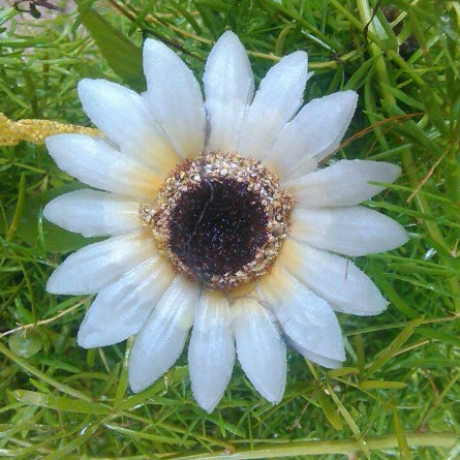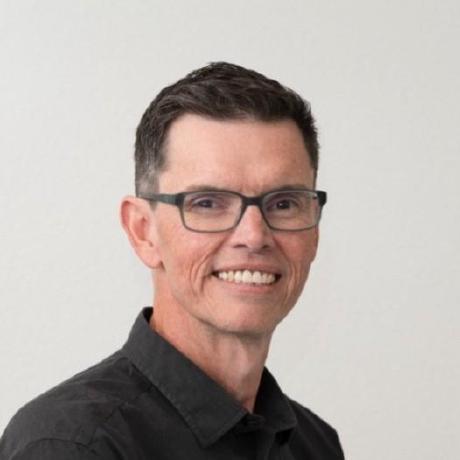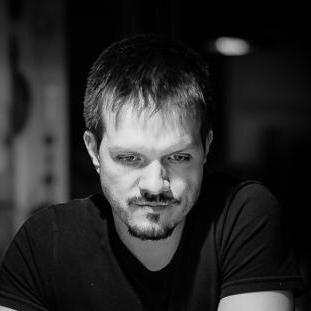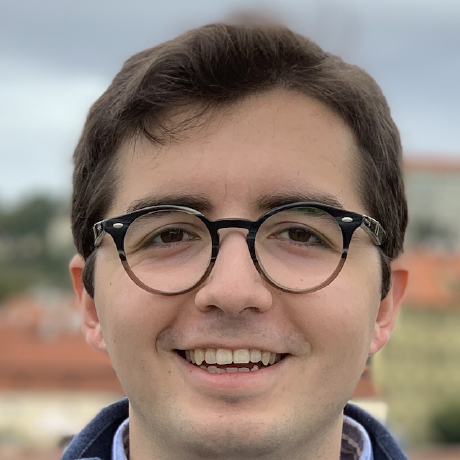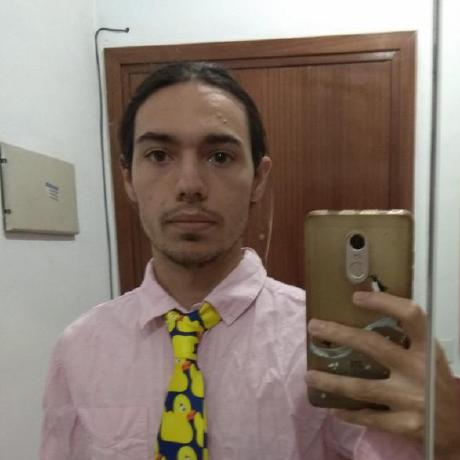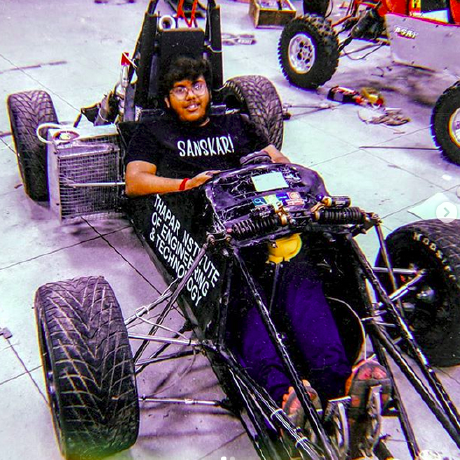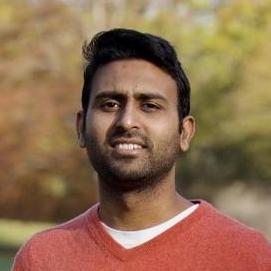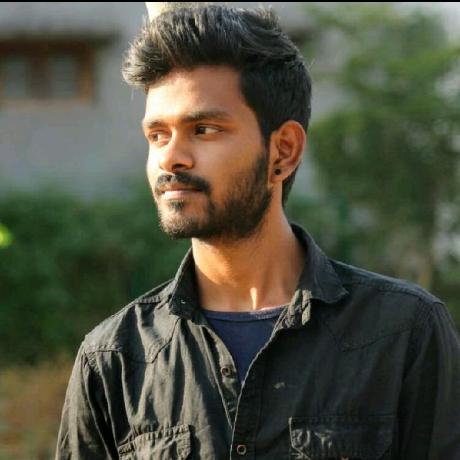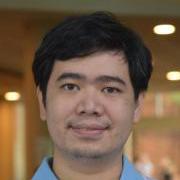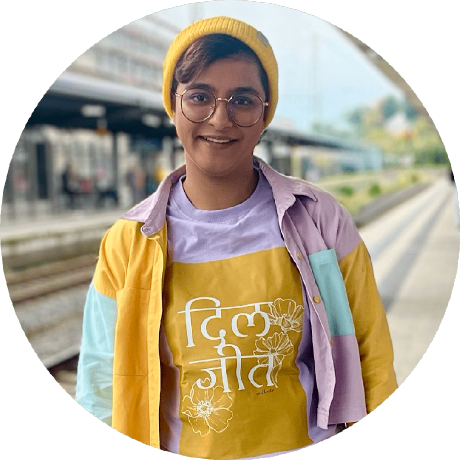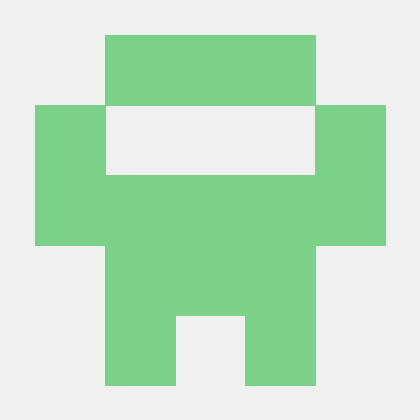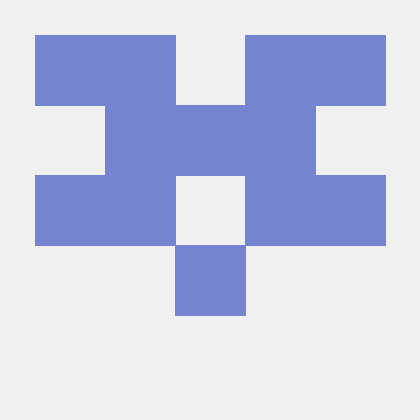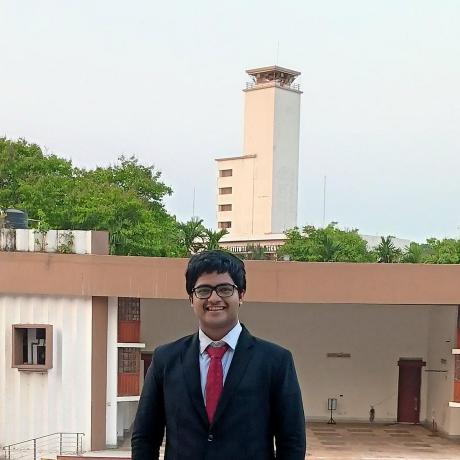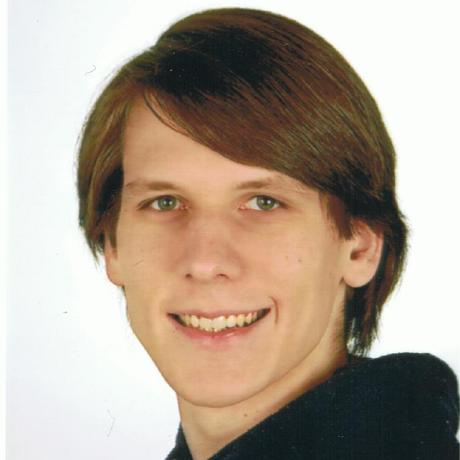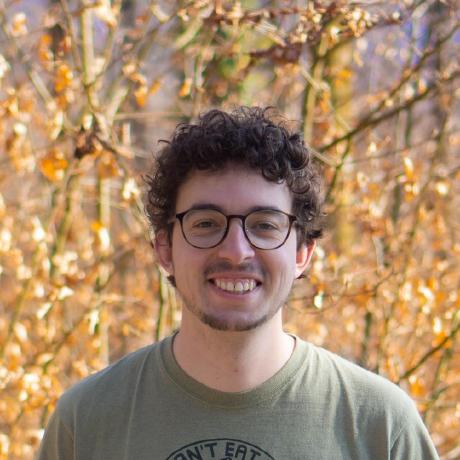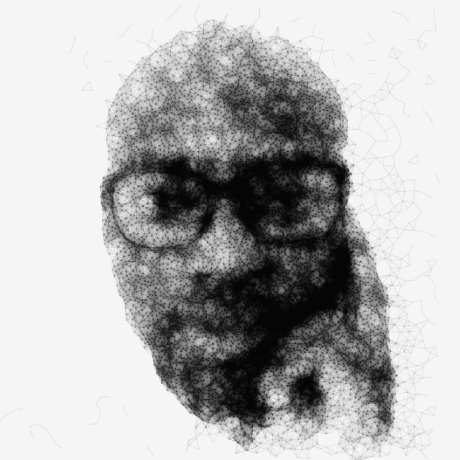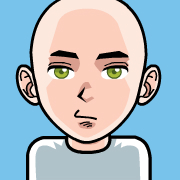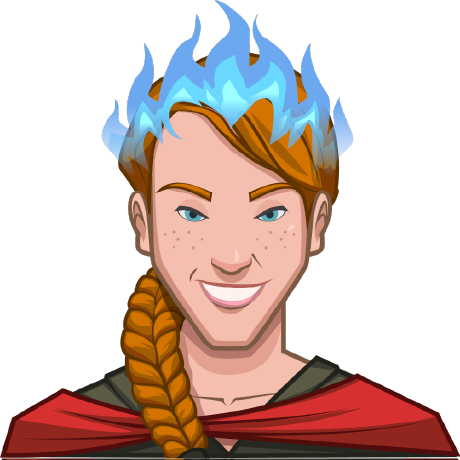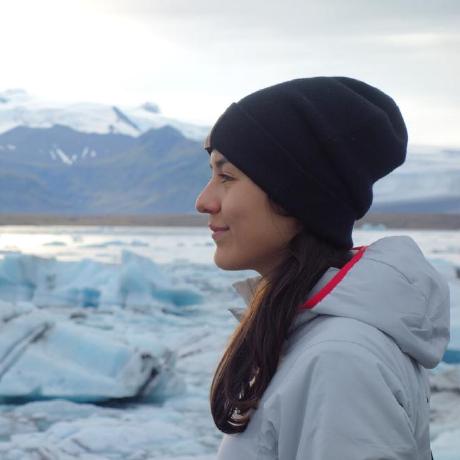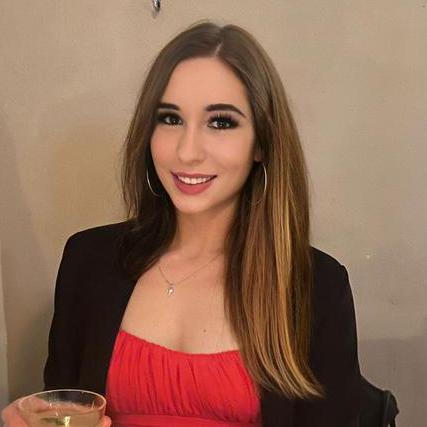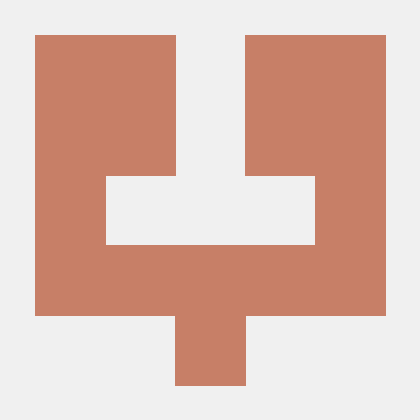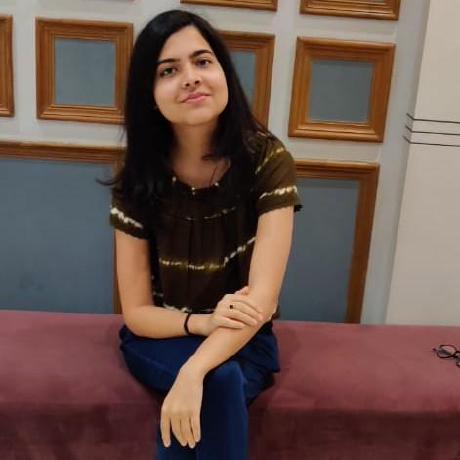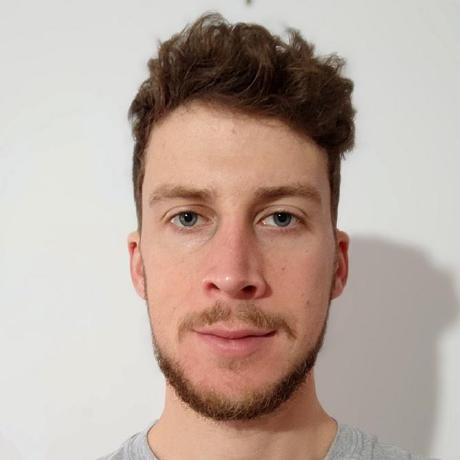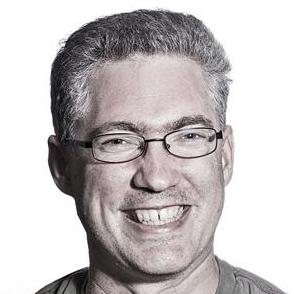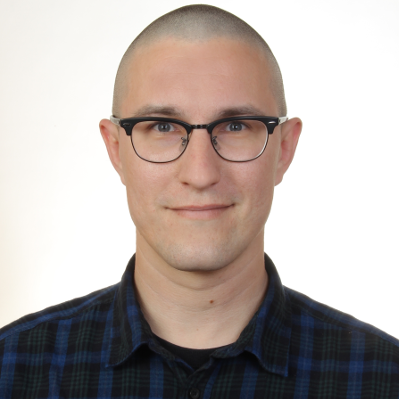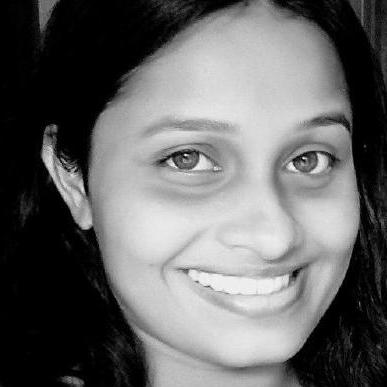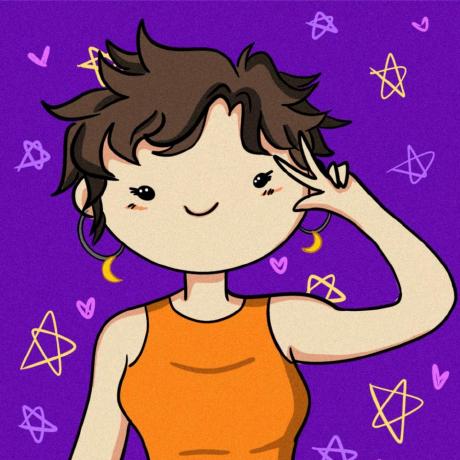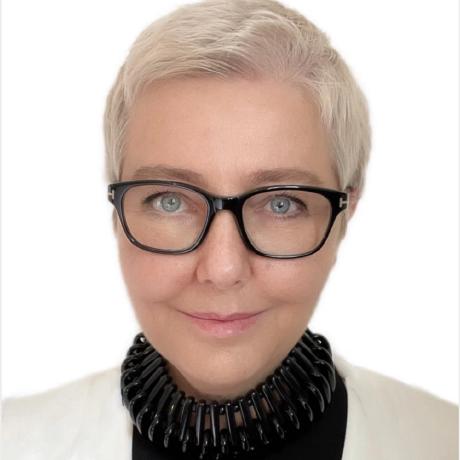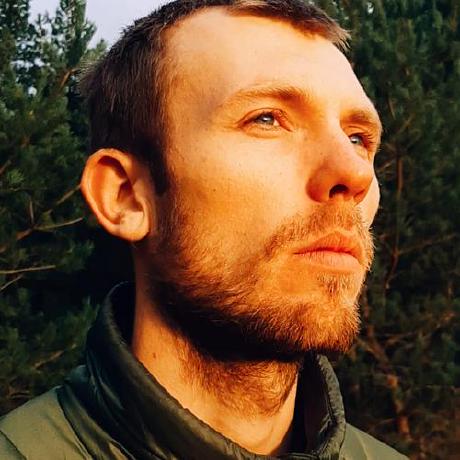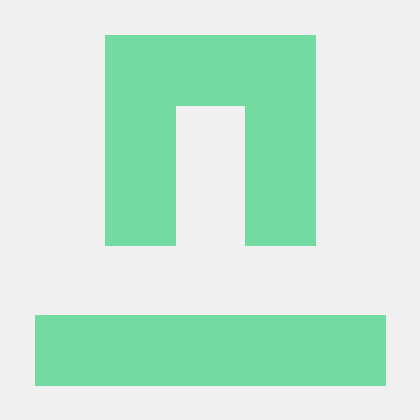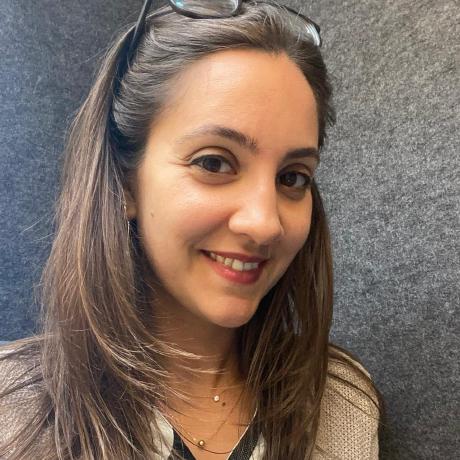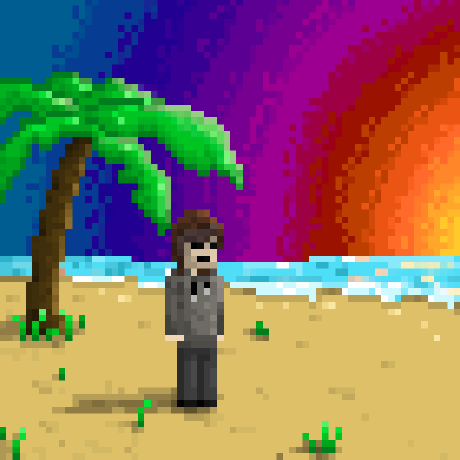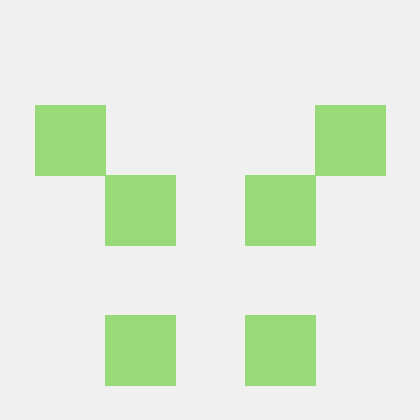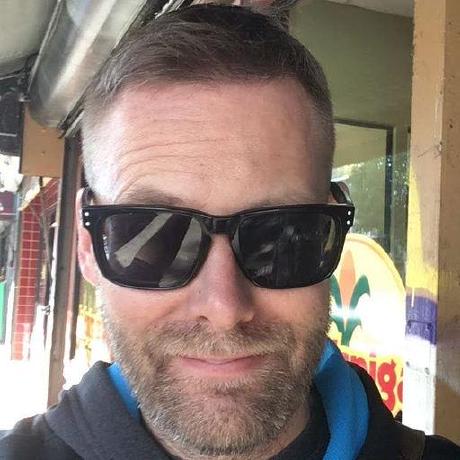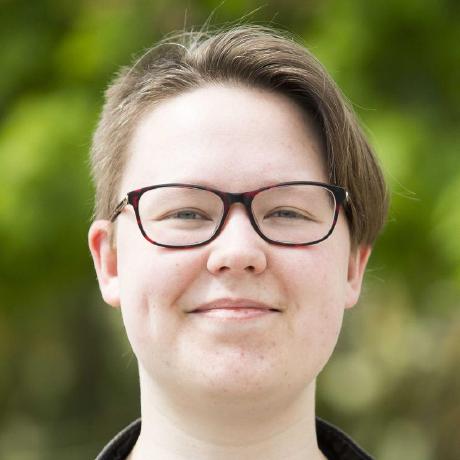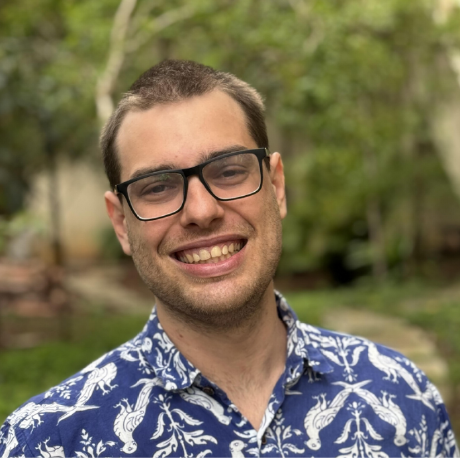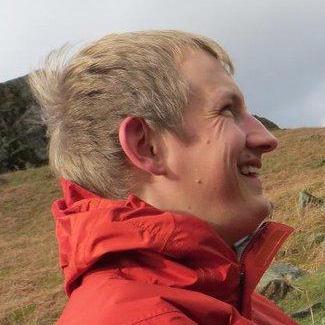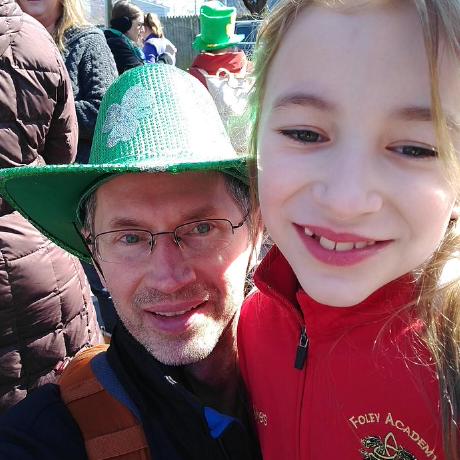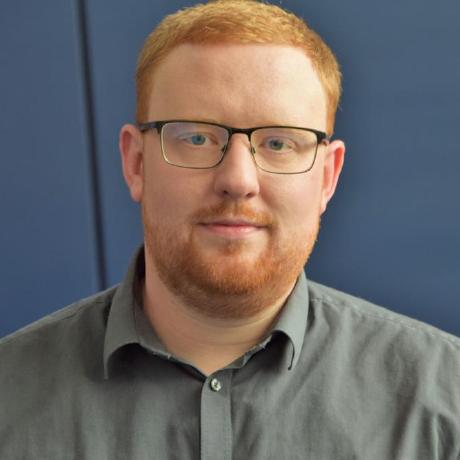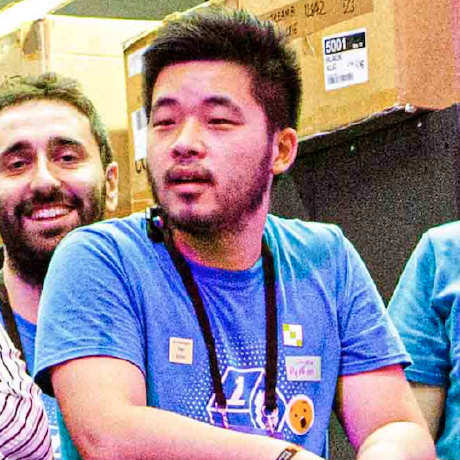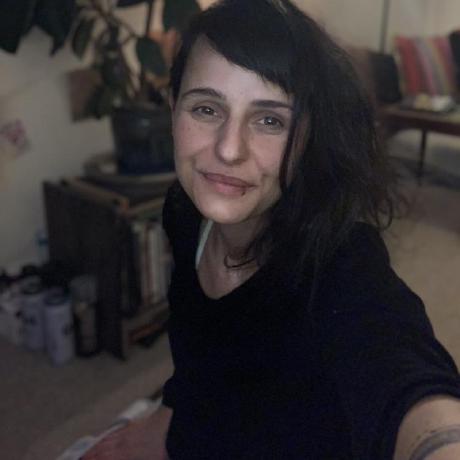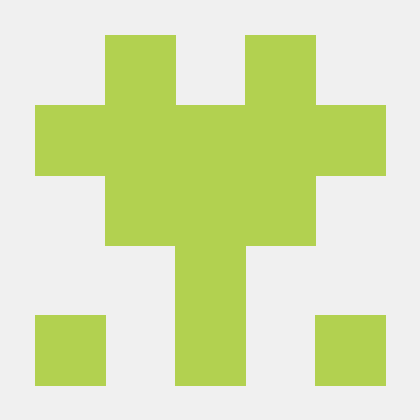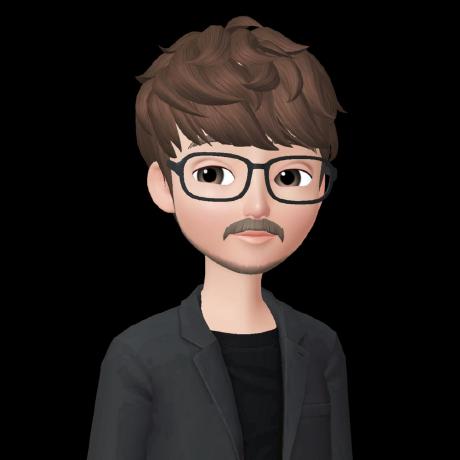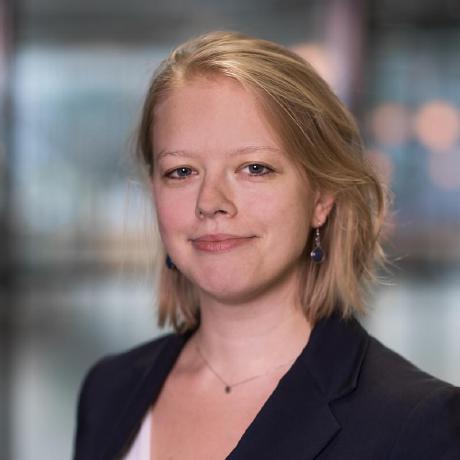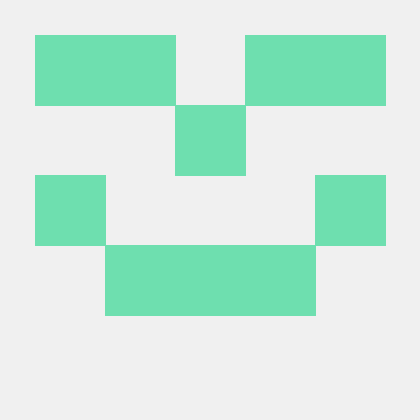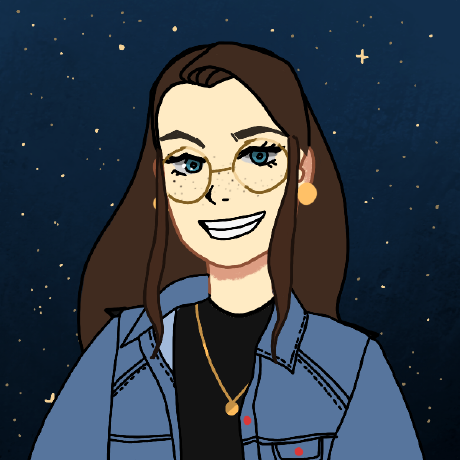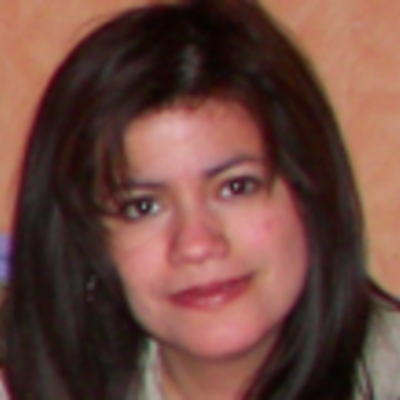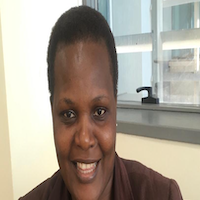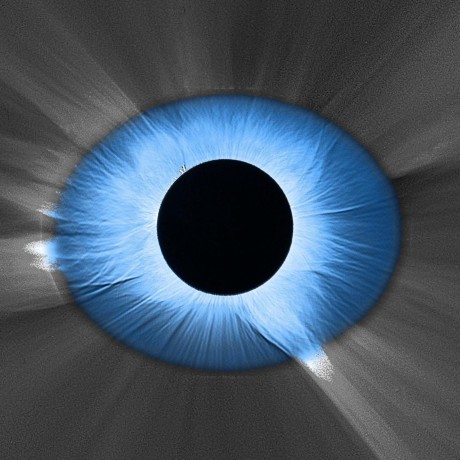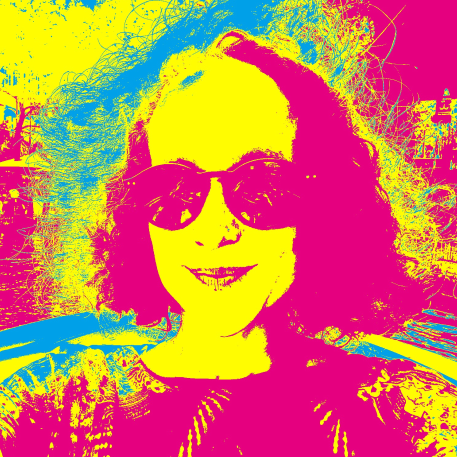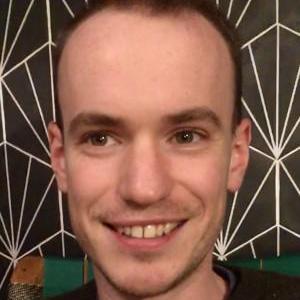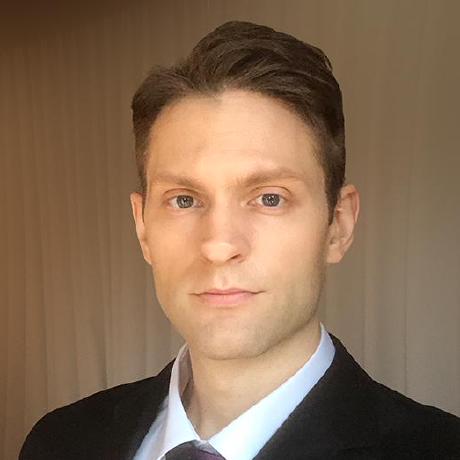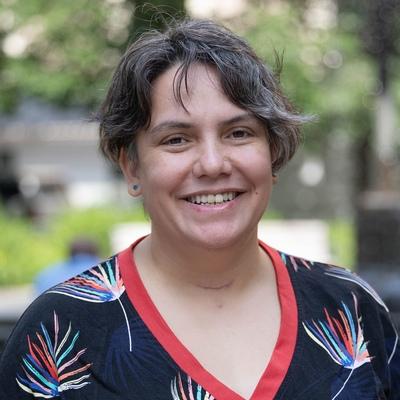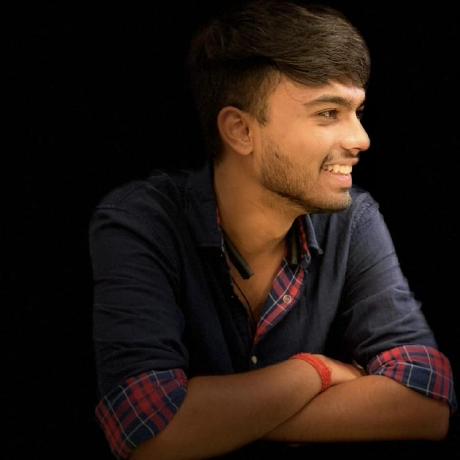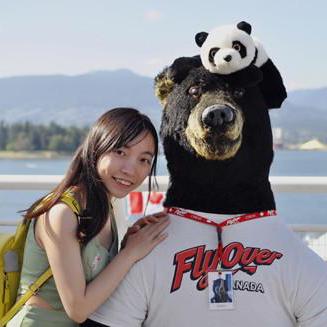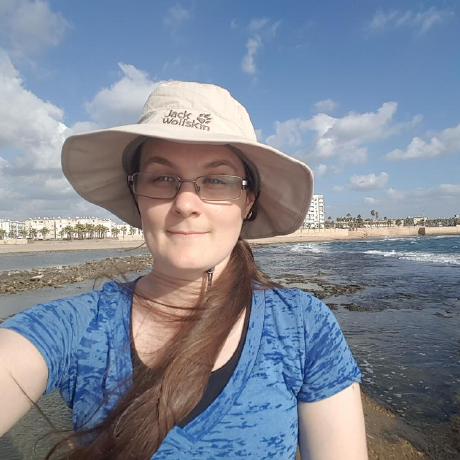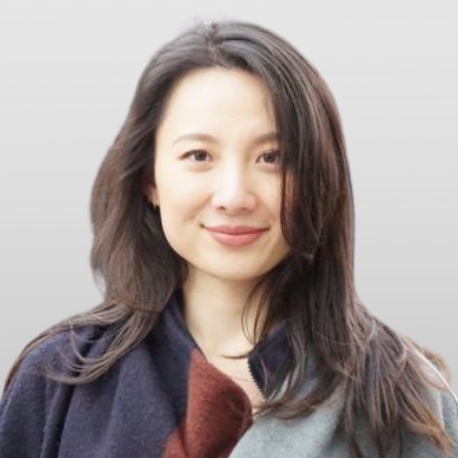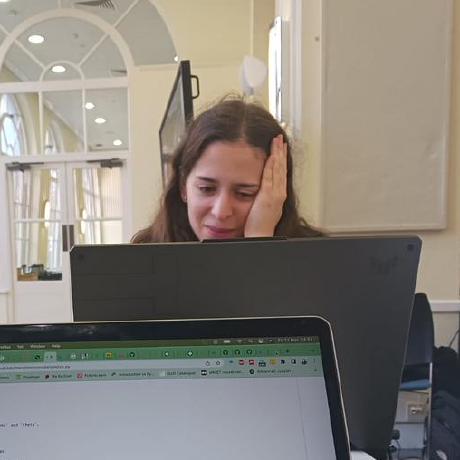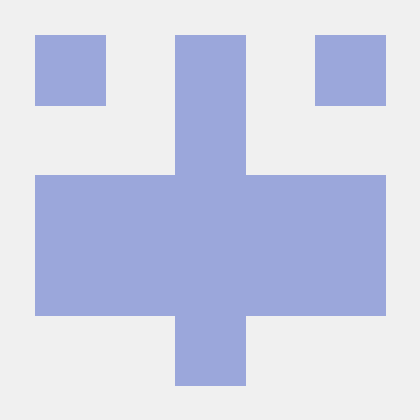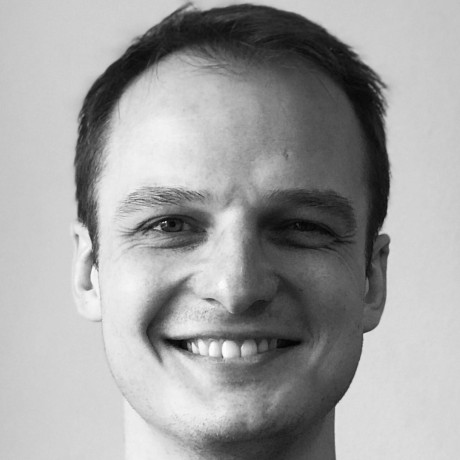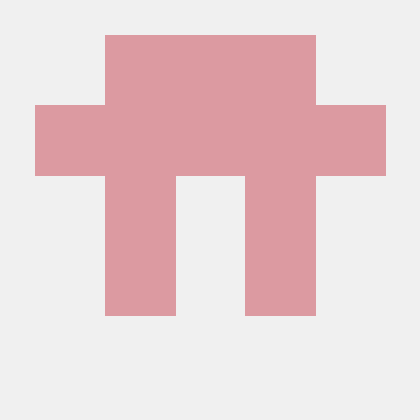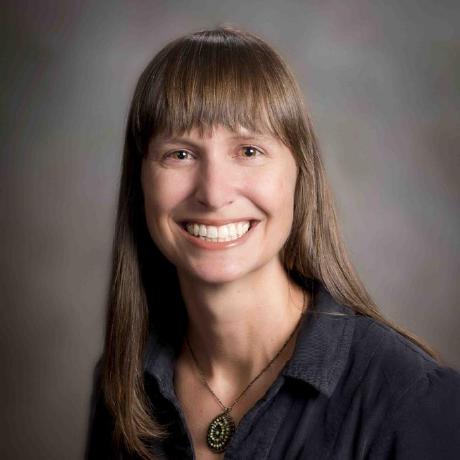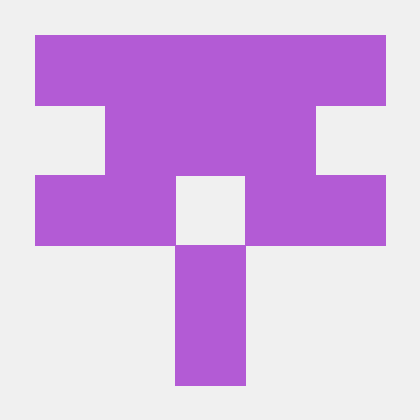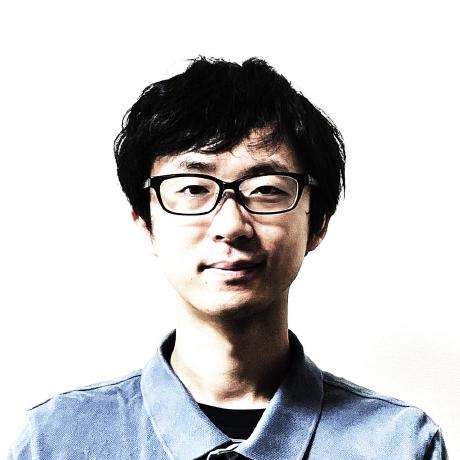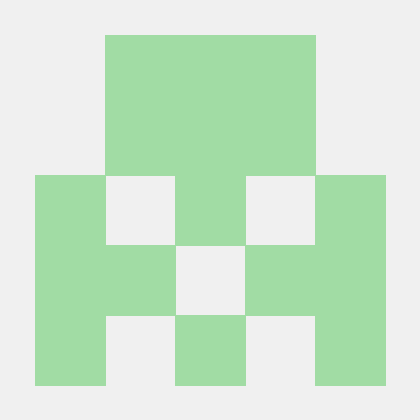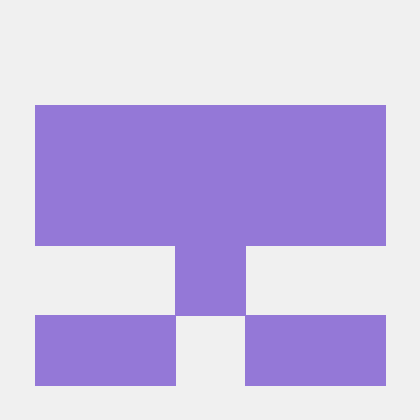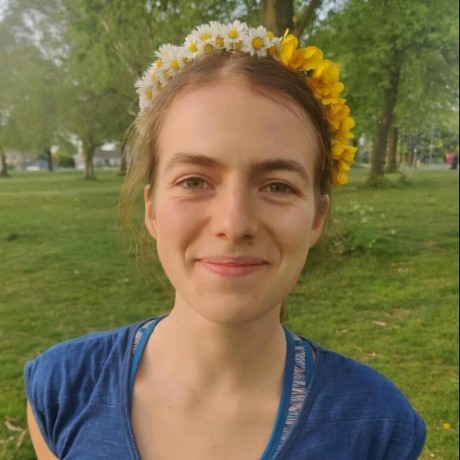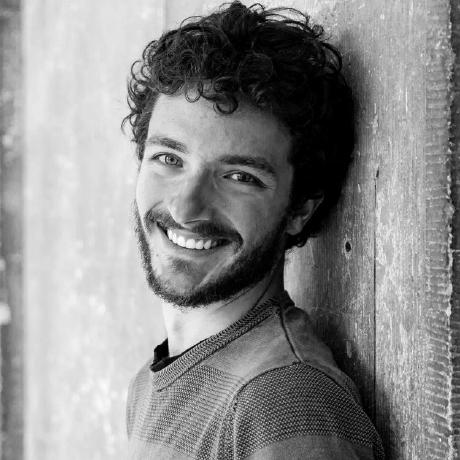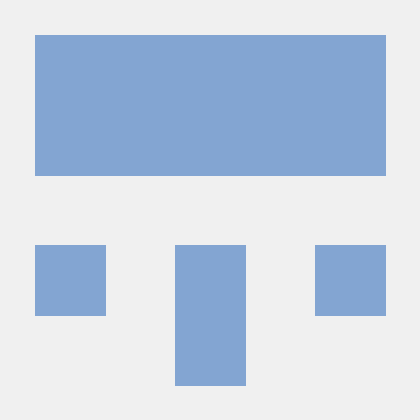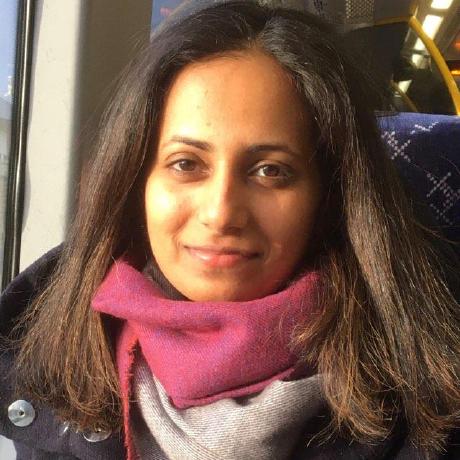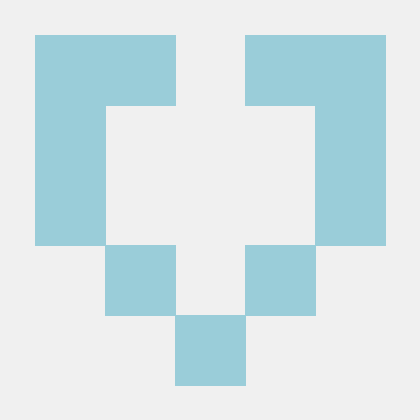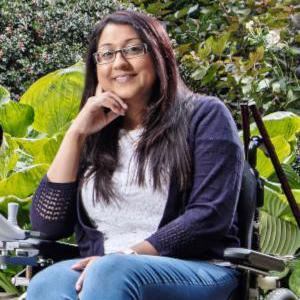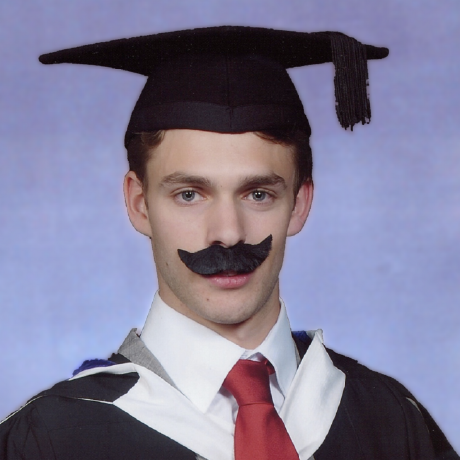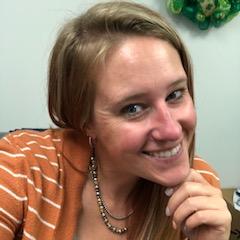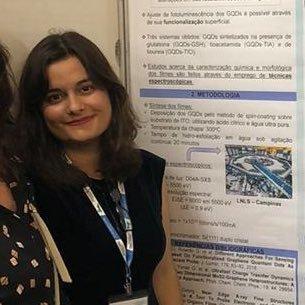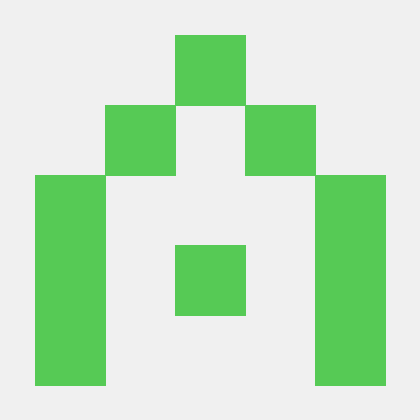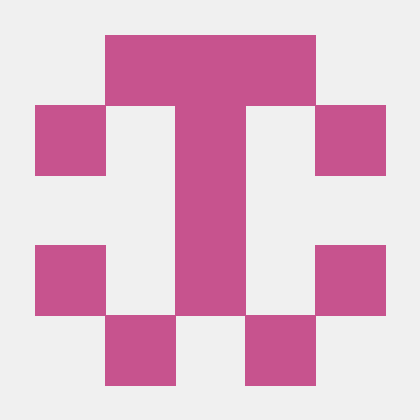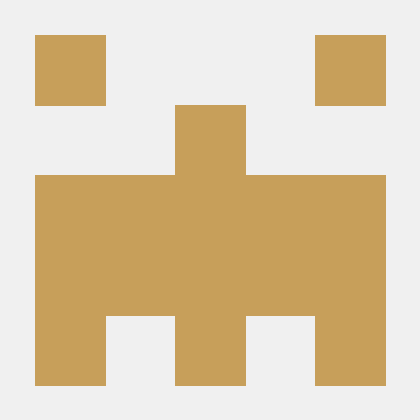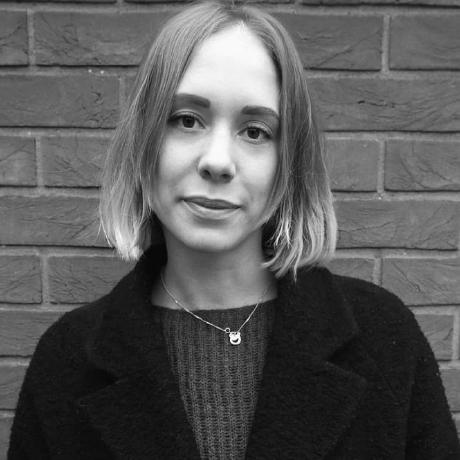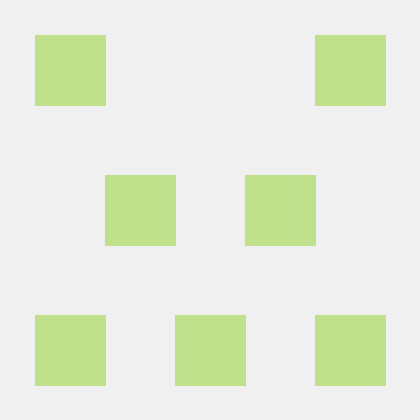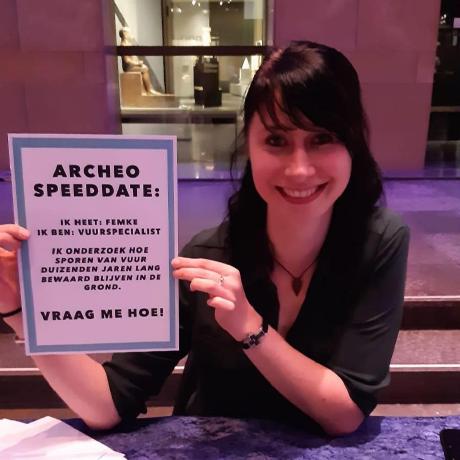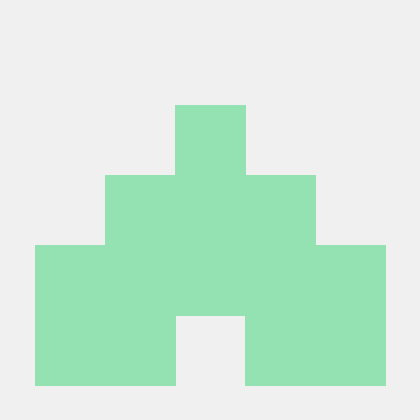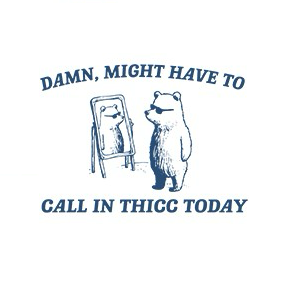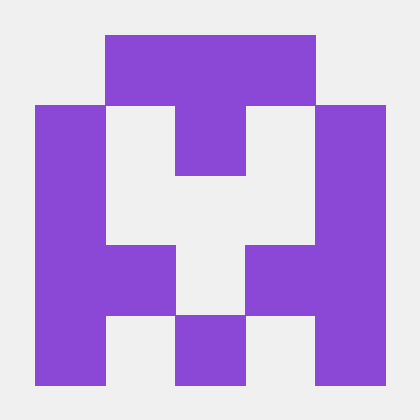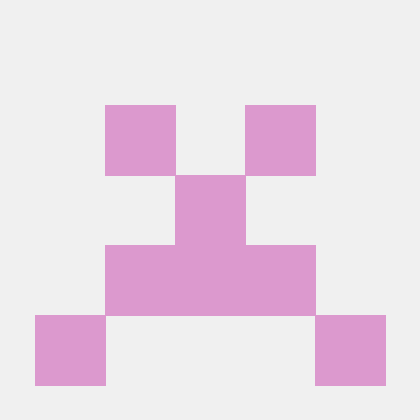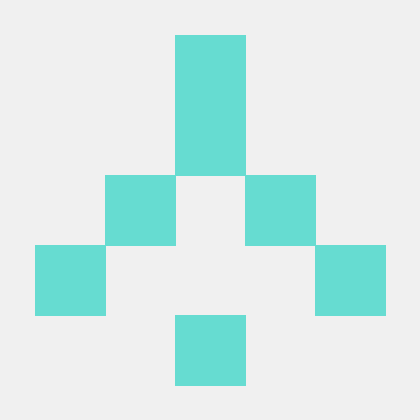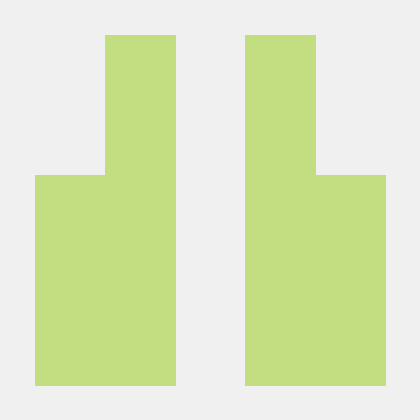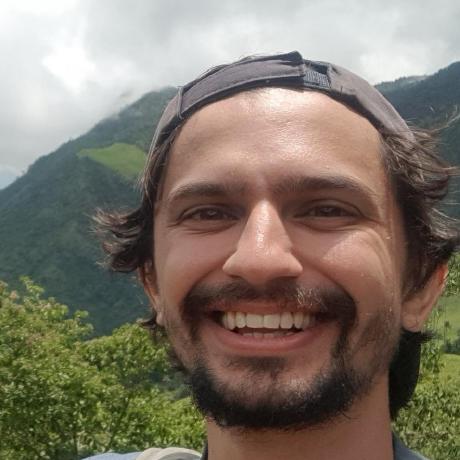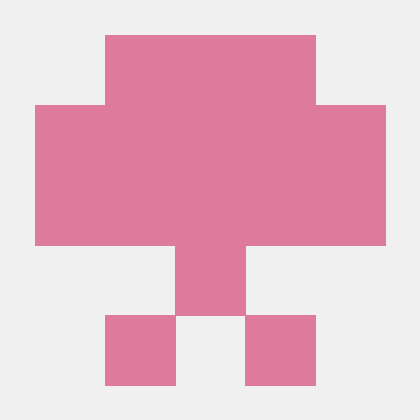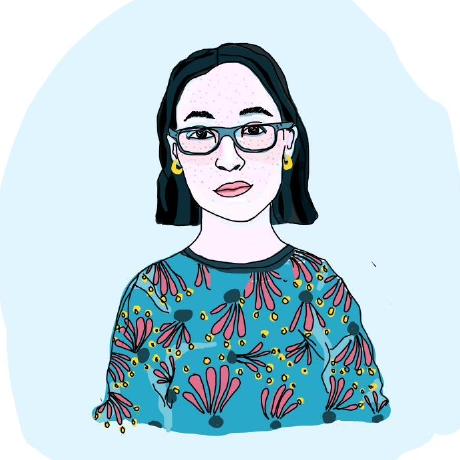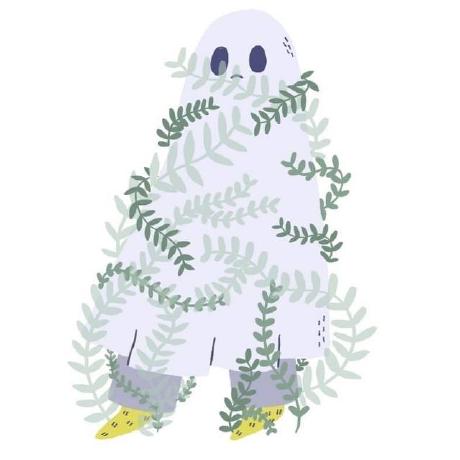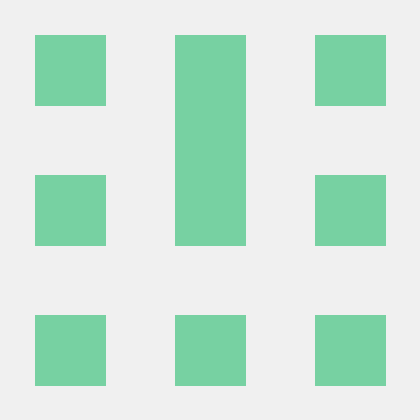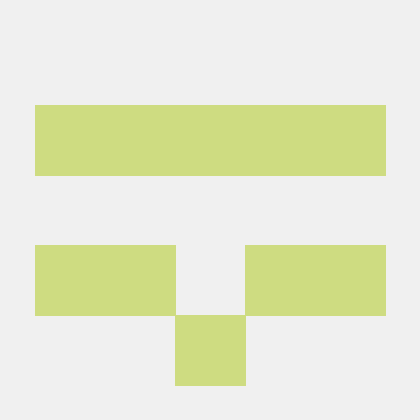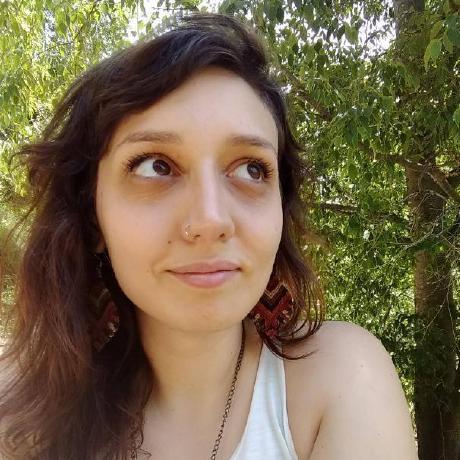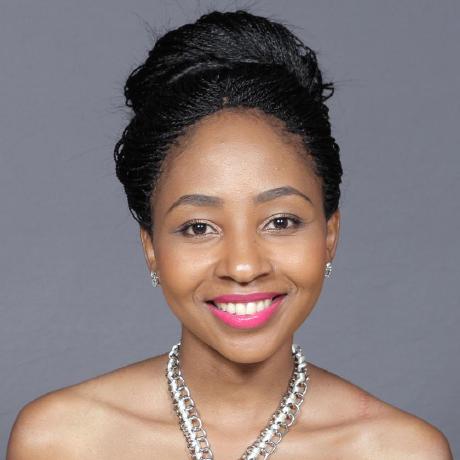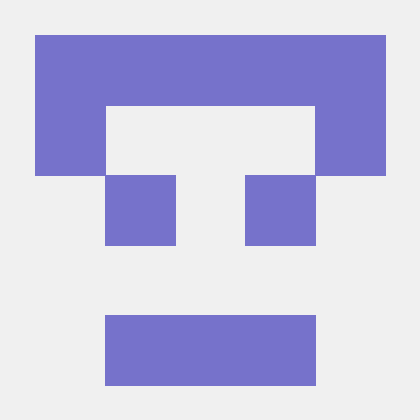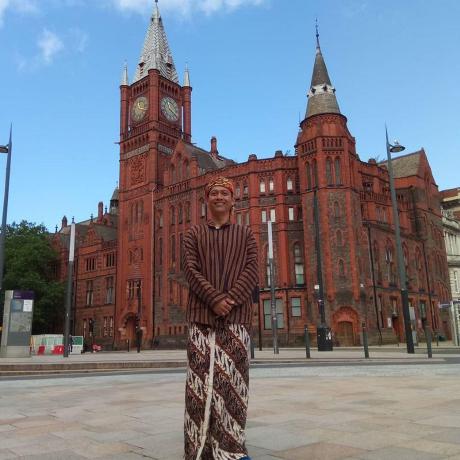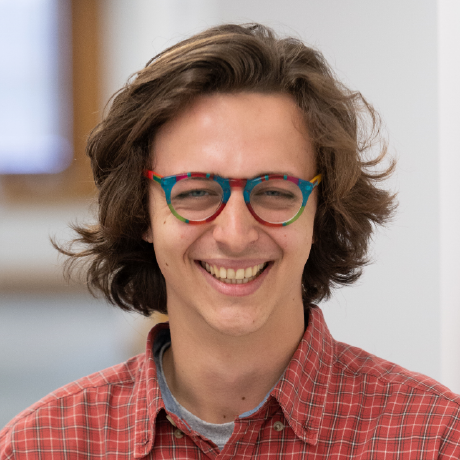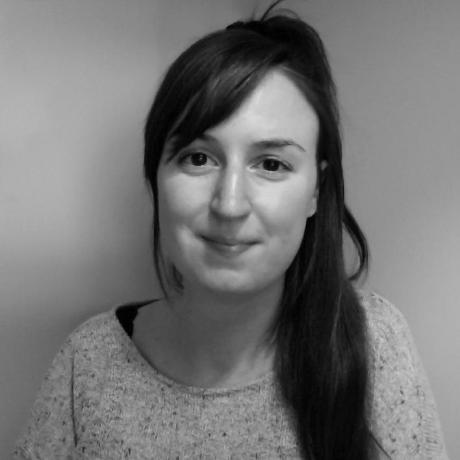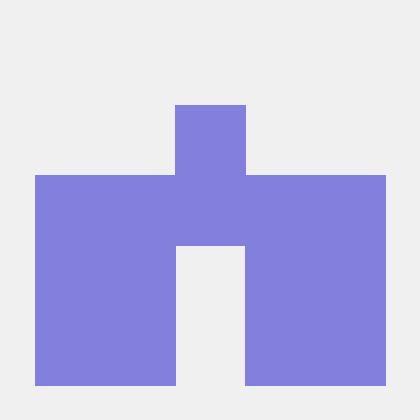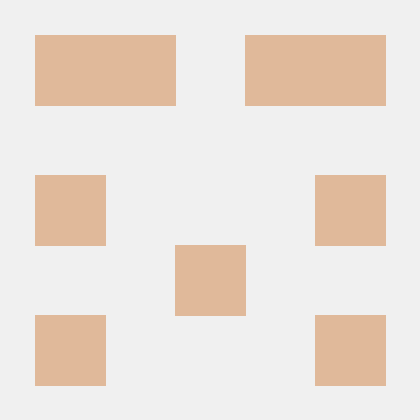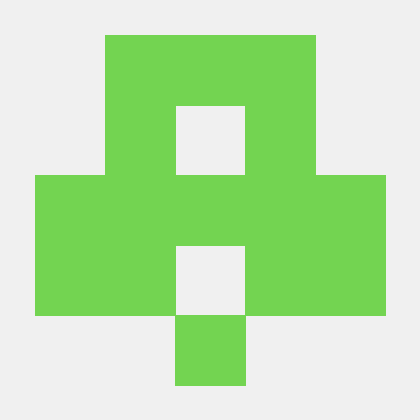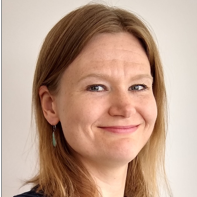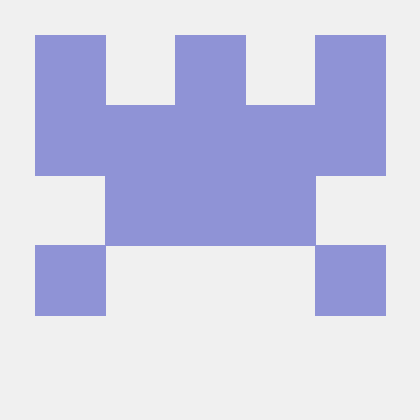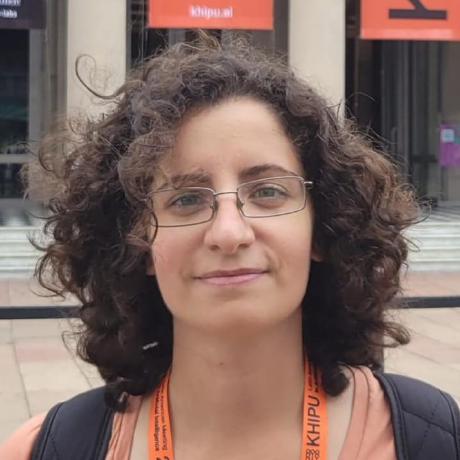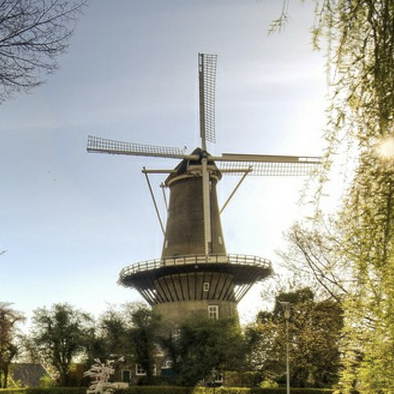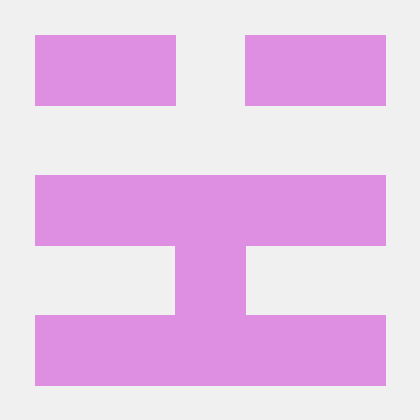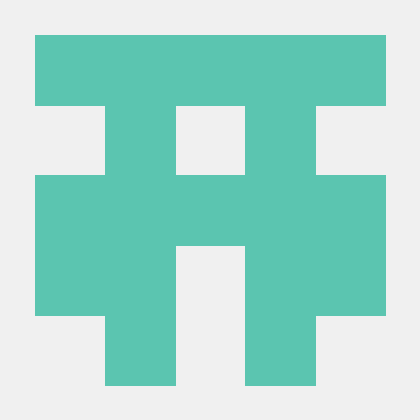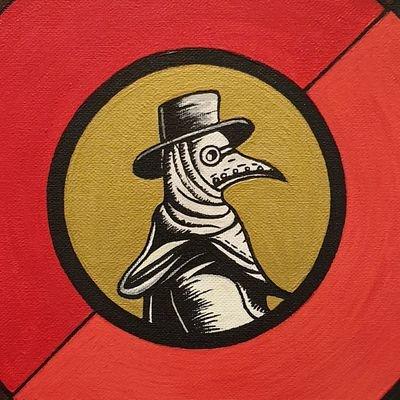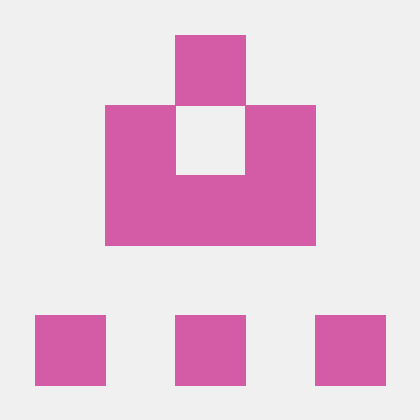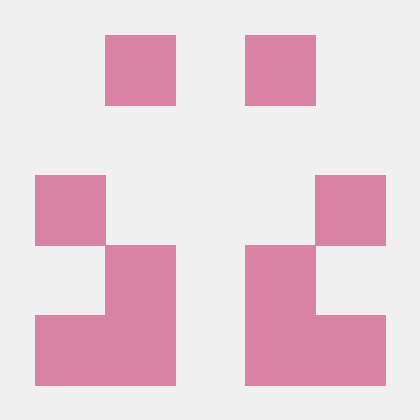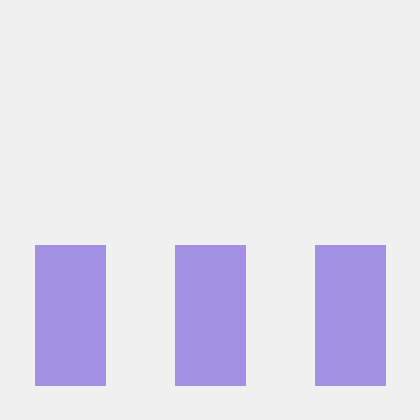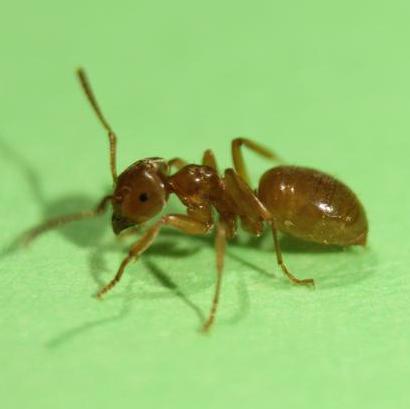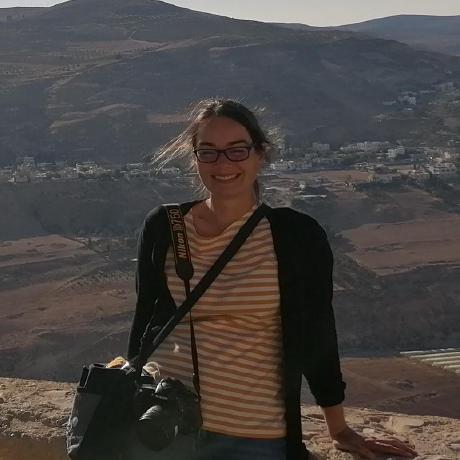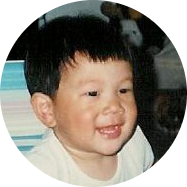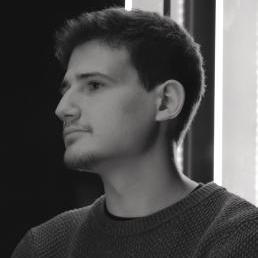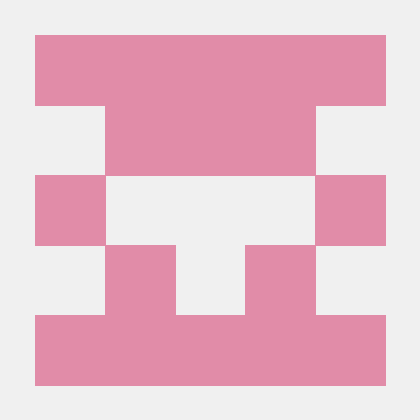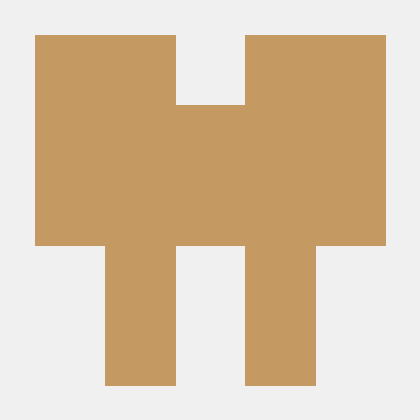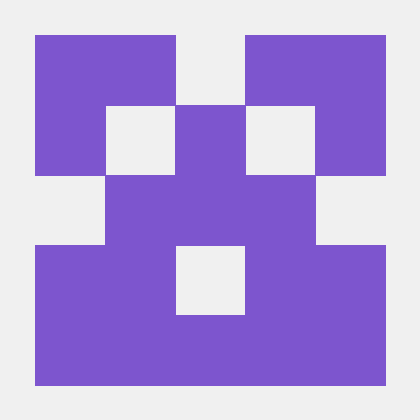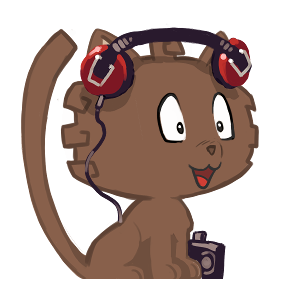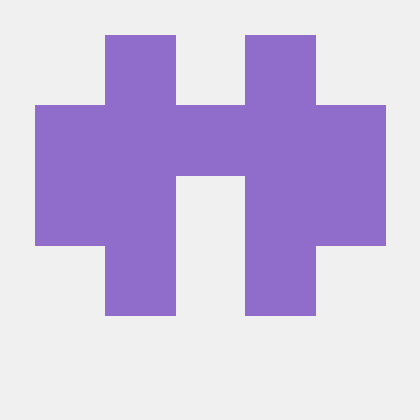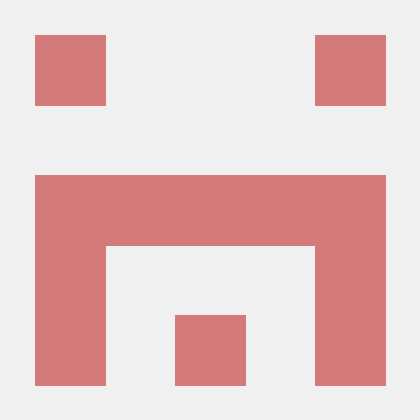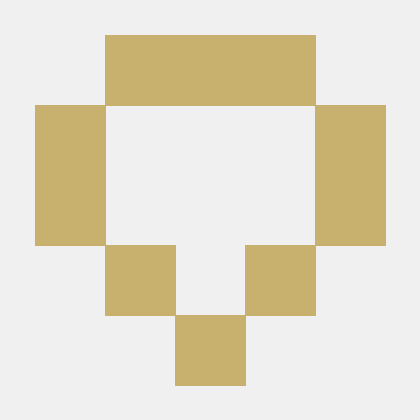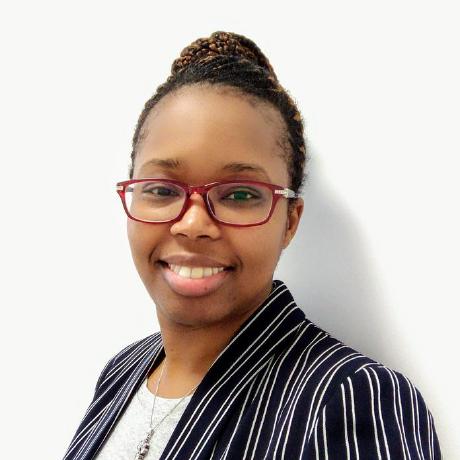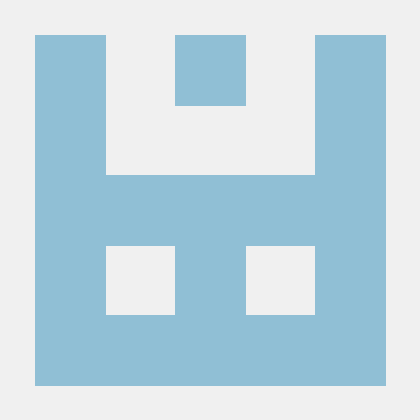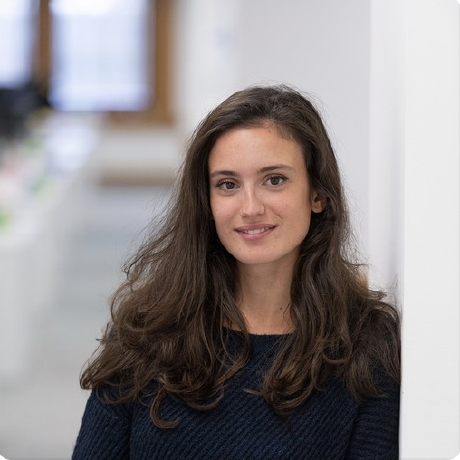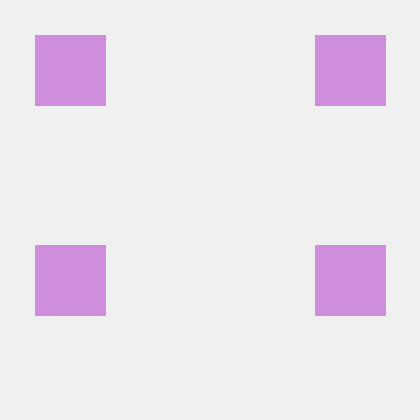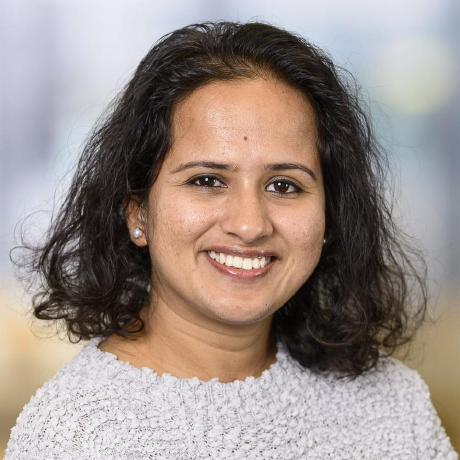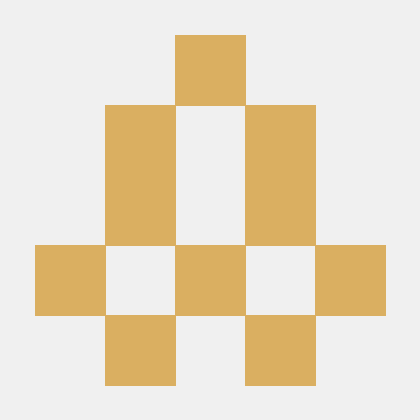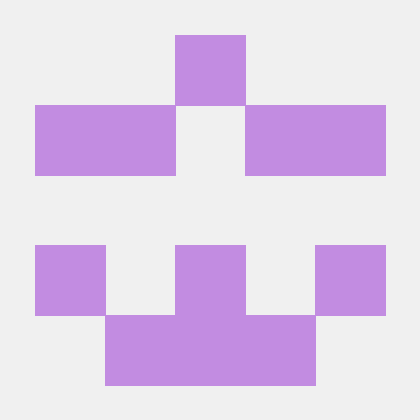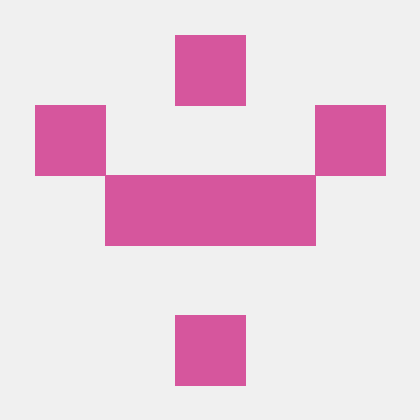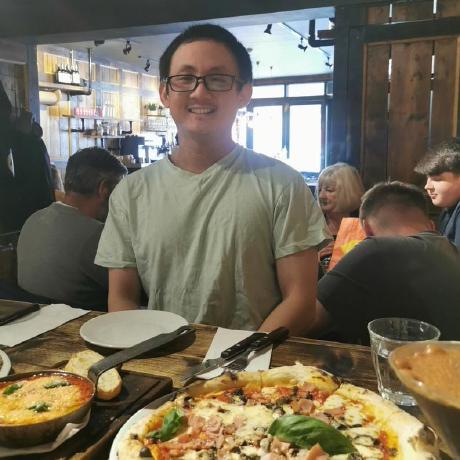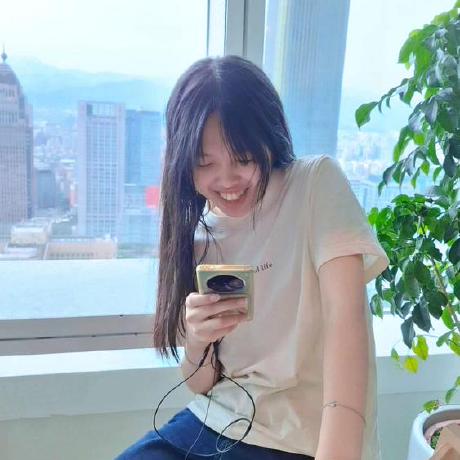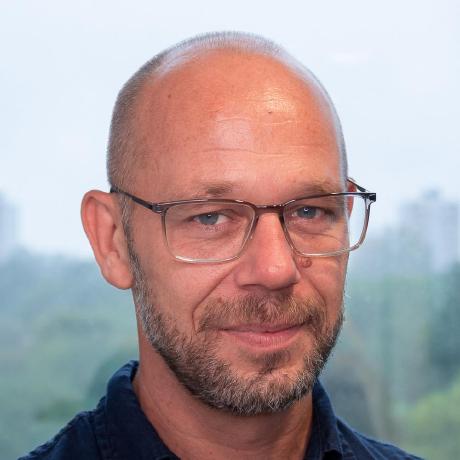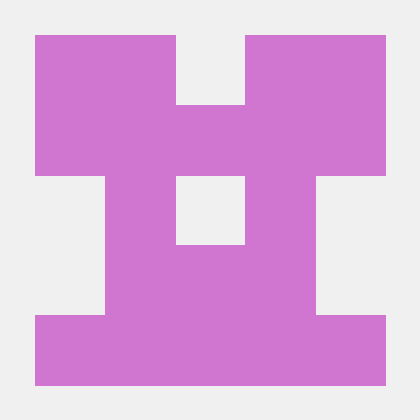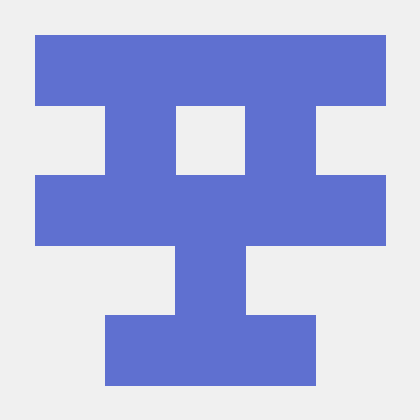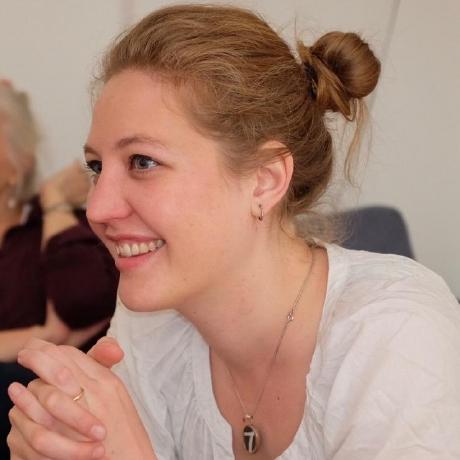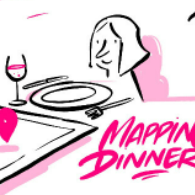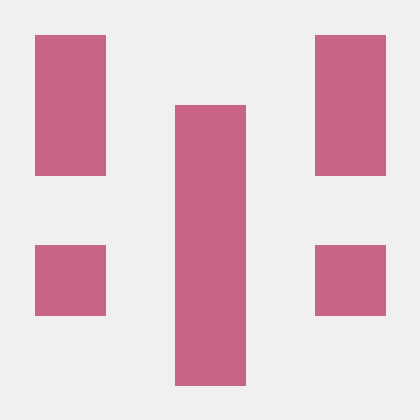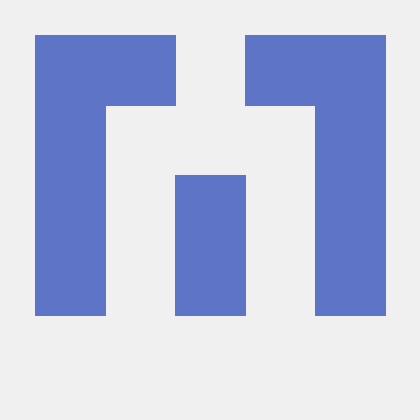Contributions to The Turing Way may include but are not limited to, bug fixing, chapter planning, writing, editing, reviewing, idea generation, presentation, project management, and maintenance. We recognise all these contributions and acknowledge our community members fairly. For example, using all contributors bot we update the contributors table with each person’s name, where the emoji keys indicate the different tasks they have done (see the README file). We understand that different contributions mean different things to people and may translate differently towards their personal interest, skill development, value exchange and advancement of their careers. Therefore, we also offer the contributors.md file as a dedicated location to capture personal highlights from The Turing Way community members.
Individual contributors are welcome to provide their details under the section “Personal Highlights from The Turing Way Contributors”. Organisational support and collaborations are listed in the section, “Collaborating Organisations”. Each organisation’s name and details will be listed separately followed by the contribution details of each contributor from that organisation.
Please see the community handbook for details on how you can be fairly acknowledged for your work.
Personal Highlights from The Turing Way Contributors¶
Please use this section to highlight your personal experiences in The Turing Way project and community. You can also describe the impact The Turing Way may have on you or your team members such as in promoting reproducible, ethical, collaborative and inclusive research practices.
This record can be used in your personal or professional portfolio (profile, CV, resume) by describing features you have enhanced, goals you have accomplished, skills you gained, opportunities you receive, personal connections you make, individuals you support and values you create through your involvement in The Turing Way.
Project Delivery Team Members¶
The Turing Way Project Delivery Staff are project and community members who work on the project in a paid capacity such as through employment.
Malvika Sharan¶
- Role: Senior Researcher - Open Research, The Alan Turing Institute
- Project Delivery Team member, Co-lead Investigator (2021-Present)
- Book Dash Organiser: 2020-2023
- GitHub id: malvikasharan
- ORCID: 0000-0001-6619-7369
- Short bio:
I am a co-lead of The Turing Way, which is part of my responsibility as a TPS Senior Researcher. I also lead a team of Research Community Managers at the Turing. I was previously a community manager (2019-2021). I co-founded the OLS (previously Open Life Science) training and mentoring program in 2019 to help enhance access to Open Leadership tools for individuals interested in building communities around their open projects. I am a fellow of the Software Sustainability Institute. I have several current and previous advisory appointments across different open science initiatives including NASA-TOPS, Code for Science and Society, The Carpentries, Society of RSE, Open Bioinformatics Foundation and MetaDocencia.
- Personal highlights:
I love working with the open science community. Over the years, I have worked to establish The Turing Way as a place to convene, build cross-community collaborations and highlight practices and resources from different sectors through the work of our community members. Through my research, community engagements, talks, panels and workshops, I like to interact with members across different research domains, whom I otherwise will never get a chance to meet. Besides connecting with members from diverse perspectives, my highlights in The Turing Way are establishing collaborative spaces including Book Dash, Fireside Chat and Coworking Calls. Among many chapters I have written across different guides, I am very proud of setting our Community Handbook and co-developing resources on community governance, acknowledgement processes and various community opportunities. I enjoy designing training and skill building opportunities alongside The Turing Way book to enable their adoption by individuals and organisations effectively.
Arielle Bennett¶
Role: Senior Researcher - Open Source Practices, The Alan Turing Institute
- Project Delivery Team member (2024-Present)
- Book Dash Planning Committee (2021-Present)
GitHub id: Arielle-Bennett
ORCID: 0000-0002-0154-2982
Short bio:
Arielle Bennett is the Programme Manager for TPS at the Alan Turing Institute. A biologist by training, she has worked in several different industries from science publishing to biotech start-ups, as well as being an Open Life Science mentor for multiple cohorts and a 2019 Community Engagement Fellow with the Center for Scientific Collaboration & Community Engagement. Arielle advocates for the growing number of research infrastructure roles in academia as well as encouraging researchers to consider their roles as activists alongside ethical reflections and writes about these topics for The Turing Way.
- Personal highlights:
Before participating in the Turing Way, I didn’t know what a pull request was, never mind how to make one! Now I have contributed to several different parts of the five guides, including co-writing the initial chapters on activism for researchers and given presentations on the topic at conferences. I also now mentor other community contributors on how to create pull requests, contribute to existing chapters, review others’ work, and draft new ideas. The May 2021 Book Dash was an amazing opportunity to engage with the community and get excited about the project all over again! I came away from it feeling enthused and proud of the contributions people made with my support - it will be brilliant to see how these evolve over the coming months into content and chapters. In the November 2021 Book Dash week we have merged a new chapter on research infrastructure roles - the people who do critical tasks to keep research going, open, reproducible, collaborative and reusable! It’s great to be able to promote the visibility of roles like mine to the wider community. I am also incredibly proud of all our first attendees who have done brilliant work this week revising old chapters and writing new ones. In May 2022 Book Dash, I’ve loved the spontaneous chats we’ve had about art, changing workplaces, leadership styles that break the mould & more. Always a highlight, when someone merges their first PR to the Guide! In 2023 Book Dashes I’ve enjoyed exploring my creative side with writing, and seeing everyone’s first contributions. I’ve also helped to revise parts of the Guide for Project Design. In 2024 Book Dashes I’ve hosted discussions on culture change models, reviewed a lot of PRs and broadened our timezone coverage with late night sessions for folks in the Americas.
- More information:
The research infrastructure roles chapter in the Guide for Ehical Research is not finished! We are hoping that people will contribute overviews of more roles in this space, or share their career trajectory and background as case studies in the future.
- Personal Quote:
It’s always a joy to work with The Turing Way participants, experienced and new, to create something amazing. The Book Dash is an incredible experience for both newer and established community members. It is joyful work to spend focused time on developing content for the Turing Way and supporting people from across the globe to contribute. I feel lucky to have been able to take part and take on a more prominent role as part of the organising committee.
Anne Lee Steele¶
Role:
Project Delivery Team member, Research Community Manager (2022-Present)
Book Dash Organiser: 2023
Github id: aleesteele
ORCID: 0000-0002-9262-8641
Short bio:
Anne is the Community Manager for The Turing Way project, where she facilitates a collaborative resource for reproducible data science and supports an open source community in developing practices for researchers and practitioners around the world.
She has worked on a variety of projects in the open ecosystem, including at the Internet Society, Wikimedia Deutschland, and Open Knowledge Foundation, and is passionate about the capacity for open source practices to make research more accessible, collaborative, and inclusive. Previously, she worked in the data journalism and education fields.
She holds a BA from Columbia University, and an MA from The Graduate Institute of International and Development Studies in Geneva, both in anthropology and sociology.
- Personal highlights:
After coming to The Turing Way from other stars in the ‘open universe’ (as I tend to call it), I’m keen to get to know the world of open scholarship & open science and to learn how to support the community here. I’m particularly interested in helping to develop systems of inclusive governance, and project sustainability, involving more perspectives from my fields (of anthropology and sociology!), and tying the project more closely to other open communities that work on issues of ethics, diversity, and inclusion through data-driven practices.
Léllé Demertzi¶
- Role: Research Project Manager, The Turing Way
- Core Member, Book Dash Participant (2024)
- TPS Staff (2024-Present), Project Delivery Team member
- GitHub id: Léllé Demertzi
- ORCID: 0009-0009-2782-0408
- Short bio:
Léllé is the Research Project Manager for The Turing Way, since September 2024. An architect by training, she has previously worked in cultural management in art institutions around the world. She is Organiser for the AI&Arts Interest Group at The Alan Turing Institute, where she can bridge her art practice with computational methods, as well as promote scholarship and engagement activities in the cross-disciplinary field.
- Personal highlights:
So looking forward to the upcoming November 2024 Book Dash, it will be my first one! I’m really excited to support people from around the world to contribute to the Turing Way I am also supporting the 2024 Cohort of The Turing Way Practitioners Hub, with 20 participating companies and 50 Experts in Residence.
- Personal Quote:
As a new member, I am eager to get to know the community and explore new spaces of collaboration within the creative sector.
Founder¶
The project was founded in 2019 by Kirstie Whitaker at The Alan Turing Institute.
Kirstie Whitaker¶
- Role: Tools, Practices and Systems (TPS) Director, The Alan Turing Institute
- Project Delivery Team member, Project Lead Investigator (2019-Present)
- Book Dash Organiser: 2019-2020
- GitHub id: kirstiejane
- ORCID: 0000-0001-8498-4059
- Short bio:
I’m the lead of the Tools, Practices and Systems (TPS) Research Programme at the Alan Turing Institute. I have a PhD in Neuroscience from the University of California at Berkeley and conducted my postdoctoral research at the University of Cambridge in the Brain Mapping Unit. I am a Mozilla fellowship (2016) and Fulbright scholarship (2007) alumna.
- Personal highlights:
I am the lead of The Turing Way. I’ve done a lot of advocacy for changing research culture to make our work more efficient and effective, and I’ve noticed that we need to address the power structures in academia if we are to truly make research reproducible by default. I’m excited to build the Turing Way to both inspire the people who DO the research to make all their outputs as accessible as possible and to nudge everyone else in the ecosystem to care about the work required to do so.
- More information:
I’m passionate about the concept of making science “open for all”. I take that to mean we should share all of our outputs - the data, code and protocols that we develop - whether they’re “significant” or not. But it also includes making those outputs FAIR - findable, accessible, interoperable and reusable. I am an advocate for greater diversity in STEM and in data science and am particularly passionate about improving the ways we reward collaborative and supportive working. Finally, I’d like to pivot to having the data science project be developed in the open from the beginning and with a decision-making governance process that is inclusive and community-led.
All contributors information are listed alphabetically¶
A¶
Achintya Rao¶
- Role:
- TPS Staff (2021-2023)
- Book Dash Participant (2021-2022)
- GitHub id: RaoOfPhysics
- ORCID: 0000-0002-1628-2618
- Short bio:
Achintya was the Community Manager for the AI for Science and Government research programme at The Alan Turing Institute. He has a BSc in physics and an MA in science journalism. Before joining The Turing, he spent over a decade as a science communicator at CERN, the European Organization for Nuclear Research, in Geneva. He has a PhD in science communication from UWE Bristol.
- Personal highlights:
It was a joy helping people who had never used GitHub before file their first issues and make their first pull requests. I also familiarised myself with the structure of the book and can hopefully help other members of the community make contributions to it in the future! It was a lot of fun co-working with so many wonderful people in a shared virtual space.
- More information:
I love that the TTW repo is a place not just to contribute but also to learn, so I wasn’t afraid of making mistakes in commits and pull requests. It’s helpful that so many knowledgeable members of the community are there to help!
- Personal Quote:
The Turing Way is an ideal place to gather collective knowledge from diverse experiences in data science and open research and to learn by doing.
Aditi Dutta¶
Role: Book Dash participant (2022)
GitHub id: booktrackerGirl
ORCID: 0000-0002-1531-5510
Short bio:
I am a PhD researcher in Politics at the University of Exeter (Q-Step Centre), working on the dynamics of online misogyny. I enjoy working collaboratively on different projects, such as the Turing Way handbook. My research interests include working on natural language processing, data science, political social science, gender politics, computational methods, and social data analysis. I love working in interdisciplinary fields and bringing out the best in all the fields involved. My profile on the university website: https://
eprofile .exeter .ac .uk /aditidutta/
- Personal highlights:
- Meeting amazing people and connecting with them through the event! (This was my first Book Dash event. Can’t wait to join many more in the future!)
- Creating a new chapter on ‘Research Ethics for Social Data’ and adding more information in different sections of the book.
- Working with Scriberia artist to get a drawing of the ‘Research Ethics for Social Data’ chapter.
- I can now call myself (kind of) proficient in using GitHub(?) (Just to let you know, there’s no substantive evidence to support my claim, so it’s just a self-reflection for now!)
Aida Mehonic¶
- Roles:
- TPS Staff (2021-Present)
- Book Dash Participant (2021-2022)
- GitHub id: AidaMehonic
- Short bio:
I am a Senior Researcher in the Tools, Practices and Systems Programme and I am leading Research Applications at The Alan Turing Institute. My focus is making sure that research outputs are not just openly available but that they meet stakeholder needs. I am leading a growing team of Research Application Managers (RAMs) whose goal is to increase the reach and maximise the positive impact of research outputs. The role of a RAM has been inspired by that of a product manager in a tech firm but adapted for research purposes.
- Personal highlights:
I get a lot of joy when I think about how far I have personally come in learning about and adopting open research practices over the past 1.5 years. The Turing Way community has been central to my education and general empowerment in this area.
- More information:
I’m passionate about making research outputs relevant to a wide range of communities.
Alejandro Coca¶
- Role:
- Core Member, Environmental Data Science Book Representative (2022-Present)
- TPS Staff (2023-Present)
- Translation and Localisation Co-lead (2021-2023)
- Book Dash Participant (2021-2023)
- GitHub id: acocac
- ORCID: 0000-0002-9264-1539
- Short bio:
Alejandro completed his PhD in Physical Geography at King’s College London in September 2020. He is currently affiliated as a Postdoctoral Research Associate at the Alan Turing Institute working on a project aiming to build and deploy open-source toolkits and demonstrators for Environmental Data Science. He is also contributing to
Scivision, a generic framework for scalable image analysis led by the Turing in collaboration with the open-source community.
- Personal highlights:
I’m so glad to join the Turing Way community. I’ve met a large and very active community contributing to a common goal, Open, Inclusive and Collaborative Science. My participation in the Book Dash 2021 was a fantastic experience to learn, discuss, collaborate and network with a wide variety of TTW contributors. My particular contribution during the 2021 book dash was to improve the documentation of translation within the Community Handbook. The documentation summarises learnings and experiences from the Spanish Translation team relevant to future translations.
- More information:
Thanks to the TTW and the Open Life Science training programme, I’m considerably improving a prototype of the online and community-driven e-book on Environmental Data Science, named the Environmental AI book.
- Quotes:
There’s always hope!
Alexander Morley¶
Role:
- Project Delivery Team Member, Infrastructure Maintainer (2018 - 2019)
GitHub id: alexmorley
Short bio:
I am a Mozilla Fellow (2018-) and a PhD Candidate at the MRC Brain Network Dynamics Unit at the University of Oxford (2015-). I also receive support from the Software Sustainability Institute Fellowship programme (2018) and the Microsoft/Research Software England Cloud Computing Fellowship programme (2018). My undergraduate degree was in Medicine at the University of Oxford (2012-2015).
- Personal Highlight:
As a core contributor I want to share "Why I care about the Turing Way?: When people don’t use best practices in data science it’s almost always because they either don’t know about them or feel they don’t have time. Advocates will tell people that the time is saved in the long term, but it’s a hard sell. By providing concrete, incremental, but authoritative, guidance I believe the Turing Way could provide the nudge that allows people to realise the benefits for themselves, and lowers the barrier for more researchers to acquire these highly valued skills.
- More information:
I want research to be accessible, but in a much broader sense than the word is often used. I would love to see a world where re-mixing research is a common thing, whether that be re-mixing figures to make them easier to understand, re-using data to generate new insights, or testing new methods to see how our theories might need to change. Slightly less on topic, but just as important, I am also passionate about the development and adoption of best governance practices. Safe and inclusive spaces are all too rare in academia, and I think some part of that can be solved by doing away with our laissez-faire attitude towards governance and management.
Alexandra Araujo Alvarez¶
Role:
Senior Research Community Manager, BridgeAI (2024-current)
Project Delivery Team member, Research Project Manager (2023-2024)
Book Dash Organiser: 2023
Github id: AlexandraAAJ
ORCID: 0009-0008-6607-3815
Short bio:
Alexandra is the Research Project Manager for The Turing Way project, under the Tools, Practices and Systems research programme from February 2023. Alexandra was born and raised in Lima, Peru. She has an Economics Engineering degree with a master’s in marketing. Her experience in Research Project Management started in 2021 at People’s Palace Projects, an art research centre connecting academics, artists and policymakers. There she covered the Mental Health and Wellbeing projects. Prior to that, I lived in Peru where she was the CEO of Teatro La Plaza, one of Latin America’s leading theatre companies. There, she oversaw the production of over 100 theatre plays for adults and children, such as Mamma Mia!, Billy Elliot, The curious incident of the Dog in the Nighttime, and Hamlet (with a cast of actors with Down syndrome), among many others.
- Personal highlights:
Alexandra is a positive and curious person who enjoys learning and discovering new things. Together with Malvika and Kirstie, in June 2023 they launched the inaugural cohort of [The Turing Way Practitioners Hub Experts in Residence](https://
www .turing .ac .uk /turing -way -practitioners -hub.
Aman Goel¶
Role: Book Dash participant (2022)
GitHub ID: amangoel185
ORCID: 0000-0003-3567-2096
Short bio:
I am a recent graduate in computer science and mathematics from the University of Delhi. I am an Open Life Science mentee and project leader and I am working on the project “The Undergraduate’s Guide To Research Software Engineering”. I am deeply passionate about Open Science and Research Software and am exploring their applications while being an open source contributor. I am also an active member of the HEP Software Foundation Training Group and am a certified Carpentries Instructor.
- Personal highlights:
It was my first Book Dash and it was a wonderful experience. I especially loved the Community Share-out and the session with the Scriberia artist. I loved meeting so many new and interesting people and becoming a part of the community.
Abasi-amefon Obot Affia¶
Abasi-amefon Obot Affia
- Role: Book Dash participant (2024)
- GitHub id: amefonaffia
- ORCID: 0000-0001-7627-1198
Short bio:
I am a Security Engineer and a Lecturer in Information Security at the University of Tartu. I am currently focusing my research efforts on hackathons as collaborative learning environments. Generally, I am focusing on collaborative strategies that can bridge the gap between theory and practice in information security and human aspects of cybersecurity.
Personal highlights:
Biggest highlight is simply attending Book Dash for the first time, having the opportunity to contribute to the Hybrid collaboration chapter and actually finalise current contributions. I had very interesting conversations, revealing impactful intersections of hybrid collaboration with other topics in TTW book, and I hope to continue to work on this Chapter and other Chapters with other collaborators. I also met new friends at this event too -- S/O to sandygudie! Very appreciative of the planning and execution of the event and the welcoming and helpful community.
Skills/knowledge you developed through The Turing Way:
I had been a bit rusty on working collaboratively on Github, so this was a great refresher.
More information:
Interested in continuing with current work on Hybrid collaboration -- Issue #3707. I am also interested in all things collaborative that intersect with hackathons or hackathon-like events. Please reach out if there are any research interests on the topic.
Andrea Chi Zhang¶
- Role: Book Dash participant (2023)
- GitHub id: andreaczhang
- ORCID: 0000-0003-0501-5909
- Short bio:
I am a biostatistician with an interest in becoming an RSE (research software engineer). I teach statistics to medical researchers at the University of Oslo in Norway, and do some research on the side.
- More information:
This is my first time at a Book Dash event. I opened issues #3118 and #3107.
- Personal highlights:
This is a really interesting event! Since it was my first time, there was a lot to learn. But with the help of others, I managed to contribute a little and felt proud! Will definitely join again so that I can finish what I started.
Andrea Sanchez Tapia¶
Role:
- Core Member, Translation and Localisation co-lead (2022-present)
- Book Dash Participant (2021)
GitHub id: AndreaSanchezTapia
ORCID: 0000-0002-3521-4338
Short bio:
Andrea (she/her) is a Colombian ecologist with a background in Biodiversity Informatics and Plant Ecology. She was based for more than a decade in Rio de Janeiro, where she earned an MSc in Ecology and a PhD in Botany, working in vegetation ecology and nurturing a growing interest in learning and teaching about Open Science, Reproducibility in academic and non-academic communities. She has been saved countless times by R communities of practice and is a member of R-Ladies, a Certified Carpentries Instructor, and part of Forwards, the R Foundation Taskforce for diversity, equity, and inclusion.
- Personal highlights:
I joined forces with Batool and Alejandro to help rethink the workflows for deploying translated versions of The Turing Way and working with them was amazing! The task is a little bit daunting, but we are on the right way. I was thinking mostly about what to do with the Spanish translation branch (Spoiler: don’t rebase!) and checking the workflow and requirements when new language teams start to translate a new language in Crowdin, using Portuguese as an example. I loved the illustration session, the two thematic conversations I could join, and the abundant note-taking.
Andreea Avramescu¶
Role: Book Dash Participant (2021)
GitHub id: andreea-avramescu
ORCID: 0000-0001-6837-6272
Short bio:
I am a PhD student at the Alliance Manchester Business School, the University of Manchester (supervised by Dr Richard Allmendinger and Dr Manuel López-Ibáñez) and an Engage@Turing/Enrichment Student at The Alan Turing Institute. My research interests lie in the fields of personalised medicine, optimisation and data science, and how all these can be used together to improve the availability and accessibility of targeted treatments worldwide. I have an MSc in Data Science and have previously worked on various research problems from within the fields of social sciences, law, computer science, and operations research.
- Personal highlights:
Throughout the week I had the chance to improve a chapter on project design and review existing PRs. I also engaged in discussions with the team about the general challenges encountered in reproducible research and project design.
- Quotes:
The 2021 May Book Dash was an exciting and inspiring opportunity. The events throughout the week were extremely well organised and the inclusive environment was very welcoming.
Ankur Kumar¶
Role: Book Dash Participant (2021)
GitHub id: leoank
ORCID: 0000-0002-7686-7335
Short bio:
Ankur is a research associate at the Department of Genetics, University of Cambridge. He is trying to create shareable and reproducible software infrastructure for building the next generation of life sciences research platforms by leveraging advances in modern cloud technology. He is always happy to talk about the challenges and opportunities that these distributed systems present. Apart from computers, he is also interested in synthetic biology. One can often find him at related events and seminars around Cambridge.
- Personal highlights:
I want to thank the organisers for allowing me to join the book dash. I also want to congratulate them for creating such a friendly community around the Turing Way project. I worked on a chapter with the working title of “Reproducible analysis pipelines”. I had wonderful conversations about the topic with fellow participants and KirstieJane. I also reached out to some of the leaders in the field. I’ll soon be interviewing them to add their experiences as case studies. All my interactions with the Turing Way community helped me to achieve a better understanding of the topic. I also feel more confident in writing and I am now thinking of starting my blog!
- More Information
I’ll continue to keep working on the chapter and submit a PR as soon as possible. I am also thinking of improving some technical aspects of the book. I’ll hopefully get around to doing these soon as well.
- Quotes:
May the force be with “The Turing Way”
Anna Krystalli¶
- Role:
- Code of Conduct Committee member (2018 - present)
- Project Delivery Team Member (2018 - 2019)
- Role: Book Dash Participant (2019)
- GitHub id: annakrystalli
- ORCID: 0000-0002-2378-4915
- Short bio:
I’m a Research Software Engineer at the University of Sheffield helping researchers do more with their code and data. I’m also an editor for rOpenSci, a community of users and developers, Creating a technical infrastructure of peer-reviewed R software tools for working with scientific data sources on the web.
- More information:
I care about reproducible research in R! I learnt to code during my PhD in Marine Macroecology and was instantly hooked. Building on experience as a quality assurance auditor, my experiences made me interested in how we practice science and specifically how we can do more out of the real workhorses of modern research, our code and data. Working in The Turing Way is a fantastic opportunity to take stock of the great work that has already been done in this space, aggregate and distil it to templates, checklists and best practices guidelines that are immediately useful to researchers. It’s an opportunity to set standards and harness the power of convention, especially with ECRs that have an opportunity to set up good practices from the start! Indeed, I hope the Turing Way will very much become the “Sheffield Way” too!
Anne Fouilloux¶
Role: Book Dash Participant (2022-2023)
GitHub id: annefou
ORCID: 0000-0002-1784-2920
Short bio:
Anne is a Research Software Engineer. She is working in the field of Climate Science with the Earth System Modelling community. She is also developing training materials and teaching basic-to-advanced research Computing skills to students, researchers, and Research Software Engineers from all Disciplines to advance FAIRness of Software management and development practices so that research groups can collaboratively develop, review, discuss, test, share and reuse their codes.
- Personal highlights:
While working on adding a new chapter on Research Object with Alejandro Coca-Castro, I enjoyed the discussions on where to place this new chapter in the book. Communication in an Open Science context is such an interesting topic!
- Quotes:
There is so much to learn from The Turing Way handbook and Book Dashes’ participants.
Arya A.¶
- Roles:
- Google Summer of Code 2023 Intern
- Book Dash participant (2023)
- GitHub id: arya1302
- Short bio:
I am a pre-final year undergraduate student pursuing Computer Science Engineering ( Artificial Intelligence) at Amrita University, India. I joined The Turing Way as a part of Google Summer of Code (GSoC) 2023. I have a strong interest in software development, with a passion for web development. I am skilled in Python and have experience working with React, Flask, and Django.
- Personal highlights:
As a first-time participant, I had an amazing experience. I learned more about the community and had the opportunity to interact with a few people. I worked on implementing a description feature for each pathway in The Turing Way website. Additionally, I collected user feedback in order to get more insights on what needs to be improved on the website.
- More information:
B¶
Batool Almarzouq¶
Role:
- Core Member, Translation and Localisation Co-Lead (2021-Present)
- TPS Staff (2023-Present)
- Infrastructure Maintainer (2021-2022)
- Book Dash Planning Committee 2021
- Book Dash Participant (2021)
ORCID: 0000-0002-3905-2751
Twitter: batool664
Short bio:
Batool is a computational biologist affiliated with KAIMRC in Saudi Arabia and an honorary research fellow at the University of Liverpool. I’m also an RWeekly member and part of the R-Ladies Global committee. As an advocate for Open Science and its role in improving scientific and economic outputs in the Middle East, I recently established an Open Science Community in Saudi Arabia (OSCSA). OSCSA aims to create significant value towards Saudi Arabia’s Vision 2030, which focuses on enhancing knowledge and improving equal access to education in the Kingdom.
- Personal highlights:
In May 2021 Book Dash, I co-developed a chapter on “CI services”. In the previous Book Dash, I have helped upgrade the Jupyter Book Infrastructure and add hypothes.is to enable collaborative annotation of The Turing Way chapters. I have also translated the README.me chapter into Arabic. Although November 2021 Book Dash week was hectic (homeless twice while looking for a hotel in a foreign country) looking back it was a fascinating week. I’m always grateful to be part of such a community - in the past week, I was inspired by everyone’s work and very thankful for the Book Dash Planning Committee who are always patient with me. I was also so lucky to work with the wonderful Andrea Sanchez Tapia and Alejandro Coca on a new workflow for the translation.
- Quote:
Being part of The Turing Way community not only nourishes my skills but miraculously treats my anxiety and depression. I always feel grateful for being here. Thank you so much to everyone I met at this Book Dash event :heart:.
Becki Green¶
Role: Book Dash Participant (2021)
Github id: beckigreen
ORCID: 0000-0002-0513-5188
Short bio:
I am a PhD student at King’s College London (supervised by Dr Petroula Proitsi & Professor Marcus Richards) and an Engage student at The Alan Turing Institute. My PhD project aims to identify early mechanisms and biological markers of dementia, and I am currently also working on the DECOVID project at the Institute.
- Personal highlights:
Working alongside such wonderful people and learning so much! An enriching experience - I look forward to contributing in future events. A further highlight was gaining experience in working collaboratively on a large project, including reviewing my first pull request!
- Quotes:
A welcoming and enriching environment. Collaborating with others was valuable and has provided me with tools to apply to my research and share with others.
Becky Arnold¶
- Role: Project Delivery Team Member (2018 - 2019)
- GitHub id: r-j-arnold
- ORCID: 0000-0003-0355-0617
- Short bio:
I’m an astrophysics PhD student at the University of Sheffield and I do computer simulations of star-forming regions. I’m a 2018 Software Sustainability Institute fellow using the funds to organise talks and workshops about various issues surrounding good programming practice.
- More information:
I am passionate about Science. All over the world humans come together to try and figure out how the universe works and that’s amazing, just as amazing as the answers themselves. I’m also passionate about how we do that science, making sure it’s accurate and reproducible. If it isn’t both of those things we haven’t moved forwards much, or worse still end up going in circles. I care deeply about changing the culture of academia, in which abuse of power (both minor and major) is all too common. I’ve met so many people who want to code well and follow best practices, which will benefit science enormously but struggle to know how to do so. While there are lots of fantastic resources out there they’re often scattered and The Turing Way can improve that. I also hope that it can convince people who don’t consider themselves capable of being good programmers that there are steps they can take to drastically improve their coding.
Benjamin Mummery¶
Twitter: BenjaminMummery
Short bio:
While studying Astrophysics, Benjamin was the first speaker at, and later organizer of, Liverpool PubHD (Facebook, Twitter) - a monthly cross-discipline event that challenged PhD students to “explain their research in 10 minutes, while enjoying a pint.” During this time he also developed and delivered multiple more official outreach events including presenting to both the public and airforce commanders at RAF Cosford Airshow, and frequent activities for schools. Now a Research Software Engineer at the Hartree Centre, he has continued his engagement with outreach, most recently in collaboration with Tim Powell designing a LEGO version of the Centre’s iconic supercomputer Scafell Pike. He can frequently be found banging on about fictional time travel.
- Personal highlights:
I collaborated with a group of researchers from The Alan Turing Institute to draft a chapter of scientific outreach.
Brigitta Sipőcz¶
Role: Infrastructure Maintainer (2023 - present)
GitHub id: bsipocz
ORCID: 0000-0002-3713-6337
Short bio:
I am an astronomer turned Research Software Engineer. I work at Caltech/IPAC to build and improve tools, e.g. Python libraries and Science Platforms to provide ways to access data in the NASA/IPAC Infrared Science Archive. Prior joining IPAC I was DiRAC Fellow in the data engineering team at the Institute for Data Intensive Research in Astrophysics and Cosmology in Seattle. I am a developer and maintainer of several open source astronomy libraries and their infrastructure (e.g. astroML, astroquery, astropy) and I enjoy contributing to upstream projects as well. I have a keen interest in finding ways to promote the open development model and make tools more sustainable. I am a fellow of the Software Sustainability Institute.
C¶
Camila Rangel Smith¶
- Role:
- Core Member, Translation and Localisation Co-Lead (Spanish) (2020-2023)
- Book Dash May 2019 Attendee
- GitHub id: crangelsmith
- ORCID id: 0000-0002-0227-836X
- Short bio:
I am a Research Data Scientist at The Alan Turing Institute. I hold a PhD in Particle Physics from Université Paris Diderot where I worked on the ATLAS experiment at the Large Hadron Collider at CERN. During my PhD I participated in the discovery of the Higgs Boson particle announced by CERN in 2012. I continued working on ATLAS as a postdoc with Uppsala University where I focused on searches for physics beyond the Standard Model of Particle Physics. Right before joining the Turing, I worked as a Data Scientist in the EdTech sector developing innovative products focused on the assessment process in education. Currently I’m working in collaboration with researchers from the Global Systems Institute at the University of Exeter called Data Science for Sustainable Development. In this project we are using remote sensing to monitor the resilience of patterned vegetation from semi-arid dryland ecosystems in the Sahel.
- Personal highlights
I think The Turing Way is an excellent resource that can change the way science is done (I wish I had it when I started my PhD!). Although the international language of science is English, I know for a fact that not everyone in places like Latin America has the time and resources to learn it, so I think we must do everything we can to break those barriers and improve the accessibility of knowledge for everyone. This is my motivation to translate the book to Spanish, and I hope that the Spanish version will be used as an important resource on the master course we are developing in the LA-CoNGA physics project.
- More information
I’m from Venezuela, and although I have done most of my career in Europe I’ve been always keen to stay connected to the academic and scientific world back in Latin America. I’m the co-founder of the CEVALE2VE project (http://
www .cevale2ve .org /en /home/), which of a virtual learning community that aims to tackle the serious issue of brain-drain in some Latin-American countries by bringing back the knowledge in a digital/online platform. More recently that project has become consolidated into LA-CoNGA physics (http:// laconga .redclara .net/), an EU Erasmus+ funded project with a mission to create a Latin American and European Community for Advanced Physics. In this project I’m helping to build a data science module that will be taught in an online master course.
Carlos Martinez Oritz¶
- Role:
- Core Member, Netherlands eScience Center Representative (2020-Present)
- Book Dash Participant (2020)
- Book Dash Planning Committee (2021)
- Community Manager for eScience Center
- GitHub id: c-martinez
- ORCID: 0000-0001-5565-7577
- Short bio:
Carlos obtained his PhD in Computer Science at the University of Exeter. Afterwards, he worked on various research projects at the University of Exeter and Plymouth University. At the eScience Center, he has worked as an engineer on diverse projects in digital humanities and life sciences, developing expertise in natural language processing, linked open data and software sustainability. He is also a certified Software Carpentry instructor and is frequently involved in organising training.
- Personal highlights:
We always advocate for software reuse and collaborative development of software. I love that we can do the same for software development guidelines: reuse content from the eScience guide and collaboratively develop with The Turing Way community!
- More information:
I am a big advocate of improving software quality. I am really glad that the eScience Center is collaborating with The Turing Way in providing guidelines and helping build better research software.
Ceilidh Welsh¶
- Role: Book Dash Participant (2023)
- GitHub id: CeilidhWelsh
- ORCID: 0000-0002-7332-7392
- Short bio:
Ceilidh is a PhD student in the Department of Oncology at the University of Cambridge, funded by Cancer Research UK RadNet. She investigates predictive biomarkers for radiotherapy response in head-and-neck cancer. She was awarded the Alan Turing Institute Enrichment Scheme Award for 2022/2023, where she explored her interests in data ethics, data reproducibility and community-led data science projects.
- Personal highlights:
Learning about The Turing Way project and how community-led science can produce and sustain projects that bring people together. Co-authoring the [Data Hazards Chapter]Data Hazards with Susana Roman Garcia, Natalie Zelenka, Irma Hafidz and many more incredible people doing incredible things that helped us along the way! Completing the Data Hazards Chapter, creating my first pull request and having it merged! All of this would not be possible without the support of Susana both during and outside the Book Dash(s). Most of all starting to contribute to this wonderful project!
Christopher Erdmann¶
- Role:
- Handbook Collaborator and Contributor, SciLifeLab Representative
- Head of Open Science, SciLifeLab Data Centre
- ORCID: 0000-0003-2554-180X
- Short bio:
Christopher Erdmann is a community advocate, developer, and experimenter in the areas of Open Science and FAIR. Prior to joining the SciLifeLab Data Centre as the Head of Open Science, he was the Associate Director for Open Science at the Michael J. Fox Foundation where he drove open science strategies and workflows to support the Foundation’s policies. He has previously worked for organizations such as the American Geophysical Union, Renaissance Computing Institute at UNC, California Digital Library (The Carpentries), North Carolina State University, Harvard-Smithsonian Center for Astrophysics, European Southern Observatory, Supreme Court of the US, United Nations, University of Washington, Smithsonian, and CNET. Christopher holds an MLIS from the University of Washington iSchool and a BA from the University of California, Davis.
- Personal highlights:
The Turing Way Handbook is an invaluable resource for researchers worldwide looking to learn more about reproducible, ethical and collaborative data science. I am looking forward to our collaboration with The Turing Way to learn from their community, help further the Handbook as a community resource, and leverage it in our own endeavours at the SciLifeLab (Data Centre).
Christopher Burr¶
Role: Book Dash participant (2024)
GitHub id: chrisdburr
ORCID: 0000-0003-0386-8182
Short bio:
I am a Senior Researcher in Trustworthy Systems at the Alan Turing Institute, in the Tools, Practices, and Systems programme. I also lead the Innovation and Impact Hub for the Turing’s Research and Innovation Cluster in Digital Twins (TRIC-DT).
- Personal highlights:
Hearing about the diversity of contributions made by all the other book dash participants, and being exposed to novel ways to run an online and collaborative session.
- Personal highlights:
It was great to be able to block out time to do this—as always, making time and space for specific pieces of work is really important. Unfortunately, life got in the way on the final day, and I had to miss the share-out to look after my daughter. But I managed to tune in from my phone for a bit of it, and it was great to hear from everyone else. I didn’t finish what I had intended to do, but have made a really solid start and look forward to using the Collaboration Cafes to continue developing the relevant chapter.
D¶
Danny Garside¶
Role: Core Member, Infrastructure Co-lead (2022-Present)
GitHub id: da5nsy
ORCID id: 0000-0002-0227-836X
Fediverse profile: https://
social .coop/da5nsy Website: https://
www .dannygarside .co .uk/ Short bio:
I am a neuroscientist and meta-scientist, and I split my time between researching colour vision and trying to make academia more accessible, more efficient, and happier.
- Personal highlights:
- Learning about the project and meeting Kirstie during a rough patch in my PhD — learning about the project brought me hope for the future!
- My first issue followed several small contributions and then the first gnarly infrastructure PR I made, which started my love(/hate)-affair with Jupyter Book.
- Working with Malvika to rewrite the landing page (particularly proud of “Warning: Do not try to read the The Turing Way from start to finish!”)
- Learning how to build the book locally from Sarah Gibson (and learning about miniconda in the process!) — a process which is now written up here, but wasn’t at the time, and so it felt like secret magic, and an infrastructure nerd’s rite-of-passage.
- Using that knowledge to finally wipe all of the long-standing build warnings and errors so that we could implement CI to catch bugs before they were merged into main from then on!
- Presenting at FOSS Backstage in Berlin with Anne Lee Steele, on the subject of “maintenance” and ideas around transitioning from a small scrappy project to a long-term-sustainable project.
- In 2023 I’m focusing on the more organisation-level infrastructure (what tools do we use and why?), and as part of that, I was proud to set up the Turing Way’s mastodon account.
E¶
Elisa Rodenburg¶
Role: Book Dash Participant (2021)
GitHub id: Elisa-on-GitHub
ORCID: 0000-0001-6068-9792
Short bio:
I’m a Research Data Steward at the University Library of Vrije Universiteit Amsterdam. I support researchers with questions about Research Data Management and Open Science, and I try to write some good guidance for them as part of this. With a team of IT colleagues, I’m also trying to build tools that support researchers with RDM. With Karvovskaya and other colleagues I built two RDM- and Open Science-themed Escape Rooms, hoping that they teach the player something nice and let them have fun.
- Personal highlights:
Working together with the Scriberia artist Adrien Liard; meeting more of the community; creating my first pull request and having it merged; start contributing to this wonderful project.
- More information:
In my free time, I bake :cake: and swim :swimming_woman: (not always in that order)
- Quotes:
The Turing Way is not only a guidebook but also a lovely community of creative, talented and welcoming professionals. It was great to have the chance to join the Book Dash and contribute to the project. I hope to be back the next time!
Emma Karoune¶
Role:
- Core Member, Book Dash Planning Committee (2021-Present)
- TPS Staff (2023-Present)
- Book Dash Participant (2020-2022)
- Trainers and Mentors Working Group (2022)
GitHub id: EKaroune
ORCID: 0000-0002-6576-6053
Short bio:
I’m a Research Associate and Community Manager of DECOVID at The Alan Turing Institute. I’m also a post-doctoral researcher working in the field of Environmental Archaeology and Palaeoecology. I have a PhD in Palaeoecology from the Institute of Archaeology, University College London. I am leading a project to improve the FAIRness of phytolith data. I am also working on a project with Historic England concerning the development of novel methodologies in phytolith research for application to British Archaeological remains.
- Personal highlights:
I have really enjoyed working in such a collaborative way during the Book Dash. I have had interesting discussions concerning the accessibility of The Turing way, collaboration, communication and research in general with other contributors. I have further developed my GitHub skills by working in collaboration with paulowoicho, malvikasharan and KirstieJane to develop a chapter on ‘Getting Started on Github’. This improvement in my skills will really benefit my own personal research to develop my own collaborative working groups and teach others how to use these research tools. At the May 2021 Book Dash, I enjoyed mentoring new contributors’ contributions, reviewing pull requests and helping to run sessions during the Book Dash. It was great to work collaboratively to improve and publish a new chapter on ‘Communicating with wider audiences’ in the Guide for Communication. I’ve been the lead author and organiser of the academic authorship chapter. At the November 2021 Book Dash, I have been hosting sessions and helping to review pull requests #2160, #1919 and #2167. I’ve also worked with MariaEriksson to plan and start writing an overview of sensitive data.
- More information:
I try to work as openly as possible and a large part of my current research is developing easy and accessible to all collaborative and open ways of working. I am also working hard to bring together specialists in my field into a working group for Open Science so that we can work collaboratively towards subject-specific FAIR guidelines for phytolith data.
- Quotes:
Such a great week! Supportive collaborative environment to produce some really quality contributions to this wonderful project.
Eric Daub¶
- GitHub id: edaub
- Short bio:
Eric is a data scientist and geophysics researcher and has appeared on several television programs and podcasts to discuss his research on earthquake occurrence in the Central United States. One challenge for presenting earthquake research is the tendency to overhype results on the topic of earthquake prediction. Eric used these media appearances to highlight the difficulties inherent in predicting earthquakes and explain why no reliable method exists to predict earthquakes accurately enough for societal actions to take place. From that discussion about overhyped results, he transitioned to explaining how his research showed that the chances of an earthquake had not changed due to recent changes in activity, as the fluctuations were exactly in line with what would be expected for a simple baseline level of risk. This outreach activity helped improve the understanding of the target audience on a complex, technical subject and debunk some of the commonly held assumptions about earthquake prediction and risk management.
- Personal highlights:
I collaborated with a group of researchers from The Alan Turing Institute to draft a chapter on scientific outreach.
Esther Plomp¶
- Roles:
- Core Member, TU-Delft Representative (2020-Present)
- Book Dash Planning Committee (2021-Present)
- Book Dash Participant (2020)
- GitHub id: EstherPlomp
- ORCID: 0000-0003-3625-1357
- Twitter: PhDToothFAIRy
- Short bio:
I’m a Data Steward at the Delft University of Technology, Faculty of Applied Sciences, in the Netherlands, where I support researchers with their data management and open science practices. For my PhD research, I analysed human teeth for their isotopic/chemical composition to say something about human mobility patterns (fields of forensics, archaeology, osteology). Next to the Turing Way I’m also involved with other teams, such as the Open Research Calendar (follow the calendar on Twitter!), IsoArcH and I was an OLS3 mentor! I’m also interested in anything related to physical samples in research, and I’m a co-chair of the Research Data Alliance Physical Samples Interest Group.
- Personal highlights:
Thanks to the Turing Way I really learned how to work collaboratively using GitHub. The book dash in February 2020 was a great kickstart to actually practice and directly apply these skills, which now allows me to contribute more confidently to other projects as well! I primarily contributed to the Reproducible Research Chapter, to the Research Data Management section, and to the Research Infrastructure Roles. I reviewed existing content and I’m working on adding a section on Data Management Plans and how to handle personal data. I also made a The Turing Way poster that I presented during a conference. I hope to pay it forward and facilitate others in learning how to work with GitHub through The Turing Way or The Carpentries workshops. I’m very grateful to be part of this great and inclusive community! As a Working Group and Planning Committee member I do not focus on content as much as I’d like during Book Dashes. It is a pleasure to work together with the other Committee/Group members and ensure that the Book Dash is an exciting and inspiring event for the participants!
- More information:
I think scientific research should be accessible to anyone who would like to learn and contribute. I’m hoping to bring together specialists from my research field to establish guidelines for isotopic data from human remains and guidelines for how to handle and document physical samples. I’m a co-chair of the Research Data Alliance group Physical Samples and Collections in the Research Data Ecosystem IG. Please do get in touch if you work with physical samples and would like to get involved! I’m part of the Open Research Calendar Team. This is a calendar that you can use to stay up to date with open research events or add your events to increase visibility. Visit us at the Open Research Calendar Website or follow the calendar on Twitter! I’m interested in anything related to Open Science and Research Data Management! Please do reach out if you have a nice idea for the Research Data Management chapter in the Turing Way, or if you’d like to collaborate on things! :) I’m also the EU regional coordinator for the Open Knowledge Foundation - let me know if you would like to become involved in their Network!
- Quote:
Being a part of the organising committee for the online Book Dashes was an exciting opportunity for me to look behind the organisation scenes and to be a part of an amazing team. The BookDashes themselves are absolutely amazing, especially the discussions and the ‘show and tell’ sessions!
F¶
G¶
Gift “Gigi” Kenneth
Role: Book Dash participant (2023)
GitHub id: gigikenneth
ORCID: 0000-0002-8239-7608
Short bio:
I am an AI Engineer passionate about AI ethics and building healthcare and social impact-focused products.
- Personal highlights:
I participated in the May 2023 Book Dash, where I collaborated with MayaAndersonGonzalez on the Data Feminism chapter of the book. I had a wonderful experience, met amazing people, shared ideas and resources, and I intend to continue working on the chapter with Maya and anyone else who’d like to join us!
- Quotes:
Working on open projects like this helps put into perspective the importance of having diverse opinions and experiences represented in our tools, especially data & AI-driven ones. I really enjoyed collaborating on this and learned a lot!
Goodnews Sandy¶
Role: Book Dash participant (2023-2024)
GitHub id: sandygudie
Short bio:
I am a fullstack developer and enjoy contributing to open source projects. I contribute to the open science community Saudi Arabia and contribute to the localization effort in the TTW. I have a couple of articles on medium on various web technologies and activities. I enjoy contributing to Open Source.
- More information:
This is my first Bookdash event and I am excited for the contribution I made during this period. I collaborated with SaranjeetKaur to add content to the hybrid collaboration chapter.
Personal highlights:
2023: The event was enlightening, I learned a lot about The Turing Way community. 2024: Thanks to the bookdash, I was able to make a contribution to the localisation of the TTW Handbook. I got to learn about the challenges andnthe effort to improve the process. I contribute to writing documentation on the history and localization efforts in the TTW so far. it covers the achievements and challenges.
Quotes:
- 2024: So excited that I learned and met a new friend Abasi-amefon Affia.
Giulia Tomba¶
Role: Book Dash participant (2024)
GitHub id: giuliatomba
ORCID: 0009-0003-0302-2491
Short bio:
I’m a Daphne Jackson Fellow at the Alan Turing Institute within the Tools, Practices and Systems programme. I collaborate with the AI for Multiple long-term conditions Research Support Facility (AIM RSF) and I focus on issues related with the responsible development of AI for healthcare. I am particularly interested in co-design and public and patient involvement in research. In the past, I worked for about 10 years in the academia as a computational biophysicist/biochemist.
- Personal highlights:
It was a great opportunity to have some dedicated time to focus on what content was already in the Turing Way about communication with the public, and to research material related with arts-based forms of communication. I didn’t manage to get down to writing during the Book Dash, but I hope to use the content I have found and soon contribute a section which may be relevant for Public and Patient Involvement too. It was also very exciting to work with the Scriberia artist on a new image!
- Quotes:
Thanks to the organisers for putting together such a relaxed and welcoming event!
H¶
Hannah Nicholls¶
Role: Book Dash Participant (2021)
GitHub id: hlnicholls
ORCID: 0000-0002-3480-7852
Short bio:
I am a PhD student contributing to The Turing Way to develop writing about reproducible research practices. I have a BSc in biomedical science and a background in wet lab cardiovascular research. My PhD is in applying machine learning to prioritise most likely causal disease genes from genome-wide association studies.
- Personal highlights:
Collaborating with others to build something new as a contribution to The Turing Way, and collaborating with others to review and support their work. Understanding the inner workings of The Turing Way via navigating within its GitHub. Also I got to help and watch a really cool illustration being made!
- Quotes:
Taking part in the Turing Way Book Dash was one of the first times I’ve done collaboratively work over an extended period of time and it was such a great experience! It allowed me to try out new skills and really build confidence in what I was doing, I feel really encouraged to continue contributing to The Turing Way!
Heidi Seibold¶
- Role:
- Core Member (2020-2022)
- Book Dash Participant (2020)
- GitHub id: HeidiSeibold
- ORCID id: 0000-0002-8960-9642
- Short bio:
I develop machine learning methods to figure out which patients react well to certain treatments and implement these methods in R. My passion for open and reproducible research has led me to join the Turing Way community. I am involved in meta-research projects (research about research), and I support, teach and contribute to open projects such as The Turing Way. My work for the Journal of Statistical Software includes reproducibility checks. We only publish papers which are fully computationally reproducible. I also work on making our machine-learning software more user-friendly, reusable and extensible. Together with a PhD student, I am thinking about how to use data from hospitals to help doctors and patients find the right treatment for each patient.
- Personal highlights:
I work in data science and open and reproducible research are the things I think and care about the most. So to me, it only made sense to get involved. Plus: the community seemed amazing! To me The Turing Way is a role model when it comes to collaborative, distributed work. I learned so much just by participating in the book sprint and seeing how Malvika, Kirstie and everyone else contributed to providing an extremely welcoming and at the same time productive space. I took what I learned and tried to apply it in other contexts such as teaching. I will continue to do so. The Turing Way also inspired me to think about new ways we could teach people about open and reproducible (data) science. I am currently thinking a lot about how we could use the content from The Turing Way and turn it into a course. This idea was also part of an application, where I proposed to start a new group on Open AI. Specifically, I have co-authored these chapters: Research Compendia, File Naming Convention, and reviewed many contributions. I regularly recommend The Turing Way as a resource. Both for learning more about reproducible data science and also when discussing specific topics. I think that people are taking it on and reading it :)
- More information:
First, I would like to continue to help create content, review others’ content and be helpful in any way I can. Sometimes I like to look at really old issues and pull requests for example. Reviving such old, often almost finished bits, is very rewarding. Apart from that I also have a bigger, long-term idea for The Turing Way. I personally am not a huge fan of reading. So books are not my favourite way to learn. In the past years, I learned a lot by listening to others in talks, podcasts, videos, and of course conversations. So for me, it is only a natural next step for The Turing Way to become more than a book. It could be an ecosystem, with the book as its basis. And -- if we decide to go that route -- I would like to be a part of it.
I¶
Iman Al Hasani¶
Role: Book Dash Participant (2022)
GitHub id: Imanalhasani
ORCID: 0000-0001-9998-772X
Short bio:
Iman Al Hasani is interested in computational applied statistics. She is particularly interested in computational statistics including statistics in digital marketing, statistical modelling, statistical machine learning, simulation, data mining and data visualization. She was the main supervisor 3 projects: • Opinion Mining and Sentiment Analysis for Arabic Tweets about Unemployment Issue in Oman. • A comparison of Term weighting schemes with application to Thesis classification. • Propensity Score Modelling for Marketing Campaigns
- Personal highlights:
I am impressed with the Turing Way project and its collaborative principle. I enjoyed working with the Arabic translation team using Crowdin and creating a mini Arabic version of the Turing Way book. My special thanks to the super-talented lady Batool. I’m so glad I’ve got to know her. Through her, I knew Rstats communities, open-sciences communities and amazing, talented and innovative people; So Grateful!
- More information:
Grateful working with some science/tech/Rstats communities.
- Quotes:
The Turing Way Project and Thinking illustration with Scriberia are AMAZING. Very thankful had a chance this year to attend the Book Dash!
Irene K¶
- Role: Book Dash Participant (2020)
- GitHub id: irenekp
- Short bio:
I’m an undergraduate student majoring in Information Science and Engineering. While short, my journey with Data Science and Data Management has been varied and I’ve loved watching how a single concept can mould into so many different disciplines! I have been able to work with data science as an RA for a couple of projects that focused on different aspects of Social Network Analysis. I’ve also been able to follow data management and related practices during my internships at a fintech and a telecom company.
- Personal highlights:
Turing Way was my first foray into Open Source, and I have found it extremely helpful in learning both about general GitHub and open source practices as well as being part of a moving and collaborative community. I especially loved being part of an extremely multidisciplinary group of people, really shows me the real span of Data Science! The ethics book has been a great source of interest for me as it encompasses many of the issues I both grappled with, debated and deliberated upon extensively during my own data science projects. During my time working on the Data Anonymization Chapter (Issue: #1578, Pull Request: #1579 ) I managed to read more extensively about anonymization and I found answers to many of the questions that had previously bothered me. I really hope that the work we’ve done here to consolidate all these ethical guidelines will help make practising data science with a strong ethical basis and clear moral conscience more easy and accessible.
Irma Hafidz¶
- More information:
In line with my contributions so far, I am extremely passionate about working on an ethical framework for Data Science, seeing as a lot of it focuses on exposing patterns that could easily be invasive, I really think an ethical approach to it is the only way to keep practising it sustainably in the long term. Science Communication is another one of my key areas of interest, I’ve been combining it with my love for sustainable practices (be it data science or water resource management) so far to research and write articles that I hope would inform and educate more people! I hope to add Data Visualization to this combination soon! I intend to keep working at the crossroads of Data Science and SciComm for the foreseeable future!
Role: Book Dash 2023 participant
GitHub id: irhafidz
ORCID: 0000-0002-9148-712X
Short bio: I am a PhD student from Loughborough University. Formerly, I am a junior lecturer/ researcher for about 8 years in Dept of Information Systems, Institut Teknologi Sepuluh Nopember, in Indonesia.
Personal highlights: This is my first Turing Way experience and I had so many learning experience how to create a community with very meaningful, structured way of working. Not only that, the creative writing session is incredibly inspiring and has improved my critical thinking and expression of ideas.
More information: I helped a bit for the team of Data Hazard, discussed and learn a lot from the project owner NatalieZelenka and learn from the learning lesson training for Data Hazards from Susana465 and CeilidhWelsh The Data Hazards alan
-turing -institute /the -turing -way /issues /3096 is a new chapter section for the Turing Way e-book.
Isabel Birds¶
- GitHub id: IsabelBirds
- ORCID: 0000-0001-8173-3879
- Short bio:
Isabel is a PhD candidate at the University of Leeds working on dissecting the function and molecular evolution of long non-coding RNAs Supervised by Dr Julie Aspden, Dr Mary J O’Connell and Dr David Westhead. She has been interested in molecular evolution and the applications of bioinformatic techniques throughout her degree and developed these interests while undertaking research projects in the Aspden and O’Connell labs.
She also has experience in scientific research from a funder perspective, gained during her year in industry and numerous summer internships with Yorkshire Cancer Research.
- Personal highlights:
After learning about the Turing Way I was inspired to create a site aimed at a wider audience: Remote Computational Project Resource. The Turing Way tutorials helped me to set up my first Jupyter Book, helped me to create the site in a way that is open to contributions, and made sharing my work openly less scary! The Turing Way also pops up a few times in the resources listed. The resource aims to make starting a computational project less overwhelming by curating links to tutorials and online textbooks. Skills such as file management or asking for help effectively are also highlighted, along with entertaining things like podcasts as a reminder that research can be fun!
Ismael Kherroubi Garcia¶
- Role:
- Contributor to Guide to Ethical Research (2020-2021)
- Book Dash Participant (2020)
- GitHub id: Ismael-KG
- ORCID: 0000-0002-6850-8375
- Short bio:
Former Ethics Research Assistant at the Alan Turing Institute. I have a BSc in Business Management and Administration and have studied philosophy of the social sciences at the London School of Economics & Political Science. I am also an associate member of the Chartered Institute of Personnel and Development (CIPD).
- Personal highlights:
Since my undergraduate degree, I have worked in sales in fintech, HR in arts charities, and in research. I think my highlight is that I’ve got a great background as a very adaptable generalist! I really enjoyed working alongside Laura Carter and Sophia Batchelor to build a community around the Guide for Ethical Research. Personal quote: “Research Ethics is complex, and two related concepts are Responsible Research and Innovation (RRI) and Research Integrity. Depending on whether we wear an RRI hat or research integrity goggles, we will encounter different research ethics questions. But it is important to wear the two at all times. I call this Steampunk Research Ethics.”
- More information:
I am really fascinated by philosophical discussions about the social sciences, so I love the thought of questioning what an open science culture looks like and how to get there! You might find me putting some of my learnings to work in an online book on the history of research ethics.
J¶
Jennifer Ding¶
Role:
- Core Member, Practitioners Hub (2023-Present)
- TPS Staff (2022-Present)
- Book Dash Participant (2022-2023)
GitHub id: dingaaling
ORCID: 0000-0002-8266-4358
Short bio:
Jennifer is a Research Application Manager in the AI for Science and Government programme at the Alan Turing Institute, where she focuses on Digital Twins projects in Data-Centric Engineering and Urban Analytics. She is also a data scientist, with experience conducting R&D and creating applied AI products at startups such as Thresher and Numina, which acquired her first startup ParkIT. Her research interests lie in AI ethics and privacy by design, and she has a personal interest in small data projects and data visualisation.
- Personal highlights:
Working collaboratively with Book Dashers and artists from different countries! Contributing to a translation update was particularly cool, as this will make the Turing Way available to even more people around the world.
Jessica Scheick¶
Role: Book Dash Participant (2021)
GitHub id: JessicaS11
ORCID: 0000-0002-3421-4459
Short bio:
Jessica is a glaciologist, open*(science, software, source) enthusiast, remote sensor, and lifelong lover of snow, winter, and the outdoors. She is currently a Research Assistant Professor at the University of New Hampshire (US), where she works on glaciological research, research-enabling open-source software projects, and climate justice and diversity, equity, and inclusion initiatives. She is the lead developer and maintainer for the Icepyx library and regularly helps run Hackweeks with the University of Washington’s eScience Institute.
- Personal highlights:
I was thrilled when I first discovered The Turing Way and delighted to have the opportunity to contribute during the Nov 2021 Book Dash after attending Collaboration Cafes for about a year. I ended up working on a few different projects with multiple collaborators, but I think the highlight of the whole experience was brainstorming a visualization and then watching the Scriberia artist bring our idea to life!
Johanna Bayer¶
Role:
Core Member, Book Dash Committee (2023)
Google Summer of Code Mentor (2023)
Book Dash Participant (2022-2023)
GitHub id: likeajumprope
Twitter id: likeajumprope
ORCID: [0000-0003-4891-6256](https://
www .orcid .org /0000 -0003 -4891 -6256] Short bio:
Johanna is a PhD candidate in computational neuroscience at the University of Melbourne, Australia and also an undergrad student in computer science at the University of Hagen, Germany. Johanna’s PhD projects focus on the identification of neuroimaging biomarkers for depression in large structural neuroimaging data using a machine learning brain charting method. She also works on developing additional methods to make those analyses more reproducible by compensating for biases caused by hard- and software differences in neuroimaging scanners. Johanna is also secretary of the open science group of the Organisation for Human Brain Mapping and she has helped organise brain-related hackathons in Australia and Asia
- Personal highlights:
working collaboratively via Zoom, the discovery of the cuckoo clock (already introduced to my lab), meeting people from all over the world and learning about their lives and what brought them to the Turing Way.
- More information:
Loves cats & coffee
- Quotes:
It was totally worth staying up late!
Jim Madge¶
Role:
Core Member, Infrastructure Co-lead (2023-present)
Book Dash Participant (2022-2023)
GitHub id: JimMadge
Mastodon: JimMadge@fosstodon.org
Website: blog.jmadge.com
Short bio:
I’m a senior research software engineer at The Alan Turing Institute. I studied chemistry at Durham University for my master’s and PhD. I’ve been passionate about Linux and FOSS since being introduced to both in computational chemistry courses. In my work (and free time) I like to think about high performance computing, infrastructure, configuration management and automation. On the Infrastructure Working Group, I help to manage and explain the technology that makes The Turing Way work.
- Personal highlights:
Being asked to join/found/co-lead the Infrastructure Working Group. It is great to know that your skills and thoughts are valued 🥹.
José María Fernández¶
Role: Book Dash Participant (2020)
GitHub id: jmfernandez
ORCID: 0000-0002-4806-5140.
Short bio:
I’m a senior research engineer from INB coordination unit, BSC, ELIXIR Spain. With an MSc in Computer Science, I have been working in bioinformatics since 1999, involved in very disparate projects over these years. Currently, I’m very involved in technical and scientific benchmarking, reproducibility and workflow execution abstractions, among other topics.
- Personal highlights:
I have enjoyed meeting so warm and dynamic community around The Turing Way! I have mostly contributed to reviewing open Pull requests and networking with the community members.
Julien Colomb¶
Role:
Book Dash Local Hub Co-Host: Netherlands (2023)
Core developer of Training Materials (2022-2023)
Book Dash Participant (2022-2023)
GitHub id: colomb
orcid: 0000-0002-3127-5520
Short bio:
Former neuro-geneticist (10 years of research on fruit fly memory and behaviour), I have been more recently interested in data analysis and management, as a specialisation for my interests in open science (open research). I am presently working on ways (technical and social) to implement the principles of FAIR and open data in the lab workflow and ways to foster collaboration between researchers via the SmartFigure Gallery project.
- Personal highlights:
Structure of the book and its RDM part, debugging figure views, content: version control for datasets + git for the whole research project data.
- Quotes: The Turing Way is getting my number one source of information, on top of being my primary source of figures ;).
Jyoti Bhogal¶
- Role: Book Dash participant (2024)
- GitHub id: jyoti-bhogal
- ORCID: 0000-0002-6289-0737
- Short bio:
I am working as a Technical Community Manager at Research Software Alliance. I have a Master’s degree in Statistics. My career journey spans roles such as a software quality engineer, data analyst, and data modeler. I am also an advocate for open-source and open science. In addition, I am the co-founder and lead of the RSE Asia Association and a recent graduate of the Community Engagement Fundamentals (CEF) course by the Center for Scientific Collaboration and Community Engagement (CSCCE). I am also an active member of several international communities such as R-Ladies Global, Open Life Science, and the International Council of RSEs. These communities have played an integral part in my professional development and inspired my current work.
- Personal highlights:
I appreciate the welcoming and highly collaborative nature of The Turing Way Community. My experience of Book Dash was full of people ready to promptly advise/guide each other for any process-related queries. The social sessions like the meme-making workshop, Scriberia artist sessions, and the Share-outs on the event’s last day were intriguing. I had initially intended to work on one of the
good-first-issuesof adding a colour palette to the Style Guide. However, during the Onboarding sessions, I met some people who also wanted to work on a topic that I was interested in. Working together helped us bring up a new chapter for ‘Personal Websites’ under the Guide for Communication. Team work is dream work!
- Quotes:
I hope to contribute more to the chapter through Collaboration Cafe or the upcoming Book Dash in 2025!
K¶
Kalle Westerling¶
- Role:
- Book Dash Participant (2023)
- GitHub id: kallewesterling
- ORCID: 0000-0002-2014-332X
- Short bio:
Dr Kalle Westerling is a Research Application Manager at the Turing Research and Innovation Cluster in Digital Twins (TRIC: DT). He works with the TRIC: DT team of scholars to aid them in providing open and reproducible computational and social tools that are accessible to the UK research and innovation communities, keeping the user perspective prioritised in the development of research software, and to ensure the longevity, sustainability, and collaborative open-source advancement of these vital tools. Prior to joining the Alan Turing Institute, Kalle was a Research Software Engineer with the Living with Machines collaboration between the British Library, the Alan Turing Institute, and researchers from a range of UK universities. In that role, he developed new digital research methods, tools and ways of working with historical collections at scale. Kalle holds a PhD in Theatre and Performance Studies from The Graduate Center, City University of New York (CUNY), where he visualised and analysed networks of marginalised, itinerant nightlife performers in the 1930s. In the United States, Kalle managed the Scholars program at HASTAC and the Digital Humanities Research Institute at CUNY, both efforts across numerous higher education institutions, aiming to build nation-wide infrastructures and communities for digital humanities skill-building.
- Personal highlights:
I am excited to become more involved with The Turing Way community after the inspiring experience of this Book Dash. During the event, I learned a tremendous amount about JupyterBook. Learning more around the syntax for referencing, adding images, and captions was particularly good for me :) This experience has definitely empowered me to dive into other open-source projects, explore more hackathons, and engage in similar collaborative efforts across the open-source community. I also learned more about how to manage the all-contributors bot... and when to give up and just re-start completely! I reviewed more pull requests than ever before in such a short span — super fun! My role also included a lot of cheering on from the sidelines, a supportive effort to encourage the closure of more pull requests... I love to see a closed PR!! Using a Miro board to restructure an entire section of The Turing Way was a big highlight too. It provided an opportunity to collaborate hands-on with colleagues I hadn’t worked with closely before. It was not only productive but also brought, for me, a sense of teamwork and community.
- Personal Quote:
I had an absolutely exhilarating time participating in The Turing Way Book Dash! It was a hands-on, engaging experience where I learned how to embed images into the pages, witnessing the book evolve in real-time with the content we were adding. What made the event stand out was its warm, inviting atmosphere — it transformed my usual solitary days spent in my home-office into a vibrant hub of collaboration. I felt like I was sharing my space with this amazing global community of brilliant minds. It was an unforgettable experience that not only enhanced my technical skills but also provided a sense of connection and camaraderie that I will remember especially, from this week together.
Katriona Goldmann¶
- Role:
- Book Dash Participant (2024)
- GitHub id: KatrionaGoldmann
- ORCID: 0000-0002-9073-6323
- Short bio:
I am a research data scientist at the Alan Turing Institute. My current work focuses on using machine learning for biodiversity monitoring, particularly in studying moth populations. Alongside my research and software engineering work, I am committed to fostering best practices in diversity and inclusive hiring within research technical professions.
- Personal highlights:
Building connections with participants from varied expertise and interests allowed me to learn from their experiences and engage in meaningful discussions on accessibility and inclusivity. Additionally, the Scriberia session provided a unique way to visualize our ideas, showing how different perspectives could bring new dimensions to our work.
Kim De Ruyck¶
Role: Book Dash Participant (2020)
GitHub id: kderuyck
ORCID: 0000-0001-9921-644X
Short bio:
Since 2016, I have managed the Belgian ELIXIR Node (we pursue FAIRification of research data and facilitating reproducible analysis, through activities in data management and analysis as well as training; we also focus on domain-specific services in plant sciences, human health and proteomics). I was trained as a Bioscience engineer, have a PhD in Medical Sciences and performed medical genetics research for many years.
- Personal highlights:
I started familiarizing myself with the GitHub environment and learned how to collaborate through it. It was especially nice to meet the vibrant community working together on the Turing Way! Specifically, I have authored a subchapter on Research Data Management Toolkit.
L¶
Laura Acion¶
Role: Book Dash Participant (2020)
GitHub id: lauracion
ORCID: 0000-0001-5213-6012
Short bio:
I am a Biostatistician who transitioned to Data Science. I work at the University of Buenos Aires (Argentina). I specialize in several areas of Health Sciences. I am passionate about changing the way applied stats is taught and practised. I have so much to learn and do; it seems I will need extra lives to accomplish all. More about me here.
- Personal highlights:
I am currently co-developing a chapter on “Leadership in Data Science” and supporting the Spanish community in translating and getting involved in the project. I hope this is my first of several Book Dashes! It was an outstanding experience. Thank you so much, Malvika and Kirstie, for brilliantly organizing and coordinating this event! ✨ 💖
Laura Carter¶
Role:
- Contributor to Guide for Ethical Research (2020-2021)
- Book Dash Planning Committee (2021-2022)
- Book Dash Participant (2020)
GitHub id: Laura Carter
ORCID: 0000-0002-4285-1140
Short bio:
I’m a PhD candidate in the Human Rights Centre at the University of Essex, UK, researching the human rights implications of the use of data-driven technologies in the UK public sector, focusing on gender stereotyping and gender discrimination. Prior to my PhD, I worked as a human rights researcher for almost a decade, specialising mostly in human rights, sexual orientation and gender identity. I carried out field research in Europe and sub-Saharan Africa covering topics including homophobic and transphobic hate crimes, criminalisation of homosexuality and of sex work, legal gender recognition for trans people, and health rights for intersex people.
- Personal highlights:
I’m really enjoying learning more about Open Science practices and communities! I’m excited to be part of an OLS-2 mentee cohort alongside Ismael Kherroubi Garcia and Sophia Batchelor, working on the Guide to Ethical Research: if you’re interested in building a community of thoughtful, reflective, ethical data scientists, please come and join us!
- More information:
I’m interested in feminist and queer research methodologies and in interrogating structures of power and systems of categorisation. Throughout my career, most of my work has been on understanding these systems, how they work, and how they harm: so that they can be dismantled! More information about me on my website.
- Personal Quote:
“I’m not from a tech field but I’ve learned so much about GitHub as a tool for collaborative working: thanks so much to everyone who was part of the November 2020 book dash for all your useful advice!”
Lena Karvovskaya¶
Role:
- Core Member, VU Amsterdam Representative (2021-Present)
- Book Dash Planning Committee Member (2022-2023)
- Book Dash Participant (2021)
GitHub id: karvovskaya
Twitter: LangData
ORCID: 0000-0001-7777-5603
Short bio:
Lena Karvovskaya is the Community Manager for Research Data Management and Open Science at the Vrije Universiteit Amsterdam (VU Amsterdam). She works with support staff and researchers to facilitate organizational change towards a reproducible and transparent research culture.
- Personal highlights:
I’ve been excited about the Turing Way for a long time. I am so happy and grateful that I could take part in the book dash. The wonderful team made me feel that every second of my time there was very well spent. With some help, I managed to do my first proper pull request! Yay! I loved our interactions, our Pomodoro sprints, and the sharing of personal stuff. A special highlight was an opportunity to work with an artist to visualize my ideas. I feel proud that I contributed to this amazing project.
- More information:
I will be carrying on working on the Peer Review chapter and hope to collaborate with vhellon EstherPlomp and other participants.
Liz Hare¶
Role:
Core Member, Accessibility Working Group Co-Lead (2023)
Book Dash Committee Member (2023-Present)
Book Dash participant (2022-2024)
GitHub ID: LizHareDogs
ORCID: 0000-0002-3978-2543
Short bio:
I’m a quantitative geneticist providing statistical analysis to working dog organizations, and the Director of Data Management and Open Science at the ManyDogs Project. I work on genetics and general statistical analysis for working dog programs and do most of my work in R. As a blind person I’ve become interested in R and open science, working to ensure inclusivity on many levels but particularly accessibility for scientists with disabilities.
- Personal Highlights:
As a first-timer in 2022, it was a great chance to get a more intensive introduction to how the Turing Way Project works. Terrific, collaborative discussions on how to make the book, the process of making and maintaining the book, and open science in general, more inclusive. Also planning a Guide to Accessibility -- scoping out and outlining what it would cover. In 2023, I’ve been working on accessibility with the TTW leadership, both for the book itself and for the ways we work together on the book. We discussed The Turing Way’s accessibility policy and a new Guide for Access, and I began a chapter on writing effective alt text. In 2024, I have continued being a Book Dash Organising Committee member. I organised a Fireside Chat related to accessibility for the June 2024 event, and for the November 2024 Book Dash, helped with onboarding and planning with new participants, editing the accessibility policy (issue 3145), initiated reviews of a new chapter (issue 3930), and hosted three contribution sessions.
Louise Bowler¶
- Role:
- Project Delivery Team Member (2019-2020)
- Book Dash Participant/Helper (2020)
- GitHub id: LouiseABowler
- ORCID: 0000-0002-4910-9205
- Short bio:
I’m a Research Data Scientist in the Alan Turing Institute’s Research Engineering Group. I have a degree in Physics from Imperial College London, after which I joined the Life Sciences Interface Doctoral Training Centre at the University of Oxford. I worked on an interdisciplinary PhD project that combined mathematical modelling, cardiac electrophysiology and safety pharmacology and moved over to the Turing afterwards. Since then, I’ve worked on a range of projects spanning synthetic data, data visualisation, and of course, the Turing Way!
- Personal highlights:
I got involved with The Turing Way via case studies of reproducibility in academic projects - essentially, I was a reproducibility detective during the initial phase of the project! :female_detective: The Turing Way was my first experience of working with collaborators from so many different institutions, and the community around this project has been a real highlight for me. My official time on the Turing Way has come to an end, but I still enjoy keeping in touch through the Book Dashes and other events.
- More information:
As scientists, we share our work via papers and talks, but the intricacies of precisely how we implement an analysis pipeline or novel algorithm can be very difficult to convey in those formats. We’re currently seeing changes in the default way we want to publish our papers through the open access movement, and I’d love to see a similar change in mindset happen about the data that we collect and the code that we develop so that others can reproduce, learn from and build upon our work. I want to ensure that the route to sharing these types of research output is open to everyone, regardless of their level of programming experience - the route might not always be straightforward, but it’s a great opportunity to share and learn from our experiences! So many research projects now contain computational elements, yet it is easy to forget that not everyone has access to training in software engineering, or has a group of colleagues with such interests. If we say that we want people to make their research open and reproducible, we need to give them the tools they need to be confident in doing so. I see the Turing Way as the means of bridging that gap, by providing a friendly, practical and helpful guide for researchers at all stages of their careers.
Lucy Stephenson¶
Role: Book Dash participant (2024)
GitHub id: lucyjstephenson
ORCID: 0000-0003-2489-7476
Short bio:
I’m a Scientific Data Coordinator at the Polar Data Centre hosted at the British Antarctic Survey. The Polar Data Centre is part of the NERC Environmental Data Service. I help UK polar scientists throughout the research data lifecycle, from data management planning to making data open access with a DOI. I also work with the other NERC data centres to harmonise policies and processes. My background is as a marine biologist and I have a Code First Girls Data Science qualification.
- Personal highlights:
Participating in the first cohort of the TW Practitioner’s Hub. Learning how to work collaboratively using GitHub - before I had only collaborated on projects with <5 participants. Hearing from other community members about the ways the TW has helped them professionally.
- More information:
I am interested in research data management, collecting data from remote places, data management planning, reusable code publishing, environmental data science
- Quotes:
The Turing Way community keeps me coming back - I learn so much from everyone I interact with!
Luisa Cutillo¶
Role: Book Dash participant (2024)
GitHub id: luisacutillo78
Short bio:
I am an Associate Professor in the Department of Statistics at the School of Mathematics, University of Leeds and have a very multidisciplinary background. I received my PhD in applied mathematics from the University of Naples “Federico II”. I recently joined the board of director of Women In Machine Learning. My main role at UoL is to be Programme Manager for the following Masters programmes in the School of Mathematics: Data Science and Analytics MSc Statistics MSc, Statistics with Applications to Finance MSc.
- Personal highlights:
This was my first bookdash, it was very inclusive and collaborative and I feel like I want to contribute much more!
- Quotes:
I believe that sharing knowledge is the way to grow a better community and the bookdash was a great example of this.
M¶
Mahwish Mohammad¶
Role: Book Dash Participant (2022)
GitHub id: Rainiefantasy
Short bio:
I am a Data Wrangler based at The Alan Turing Institute.
- Personal highlights:
It’s been a wonderful experience contributing to The Turing Way while meeting inspiring people from diverse backgrounds along the way. I really enjoyed the opportunity to work closely with my colleague Rachael Stickland to reflect and encapsulate our image of a ‘Data Wrangler’ in our own Data Wranglers Overview sub-chapter. These Book Dashes are a great way to encourage open collaboration, sharing ideas and working on helpful tools to make things such as open science and reproducibility more practical and friendlier for the wider community.
Margaret Wanjiku¶
Role: Book Dash Participant (2021)
GitHub id: Megmugure
ORCID: 0000-0003-2275-2134
Short bio:
Margaret graduated with an MSc in bioinformatics in July 2021. She is a project lead at the Bioinformatics Hub of Kenya Initiative (BHKi), a training and networking platform for aspiring and established bioinformaticians. Its goal is to empower researchers with skills and tools in open science and bioinformatics. In addition to capacity development, she is also interested in genomics and big data analysis. Margaret dabbles in writing stories too!
- Personal highlights:
This was my first time contributing to TTW! I enjoyed listening to and reading what fellow participants were working on as I made my contribution. I learnt more about GitHub and research data management as I conducted my research.
- More information:
I look forward to making more contributions to TTW soon, including but not limited to updating the documentation and metadata subsection.
- Quotes:
Creativity is intelligence having fun!
María Nanton¶
Role: Book Dash Participant (2021)
GitHub id: mcnanton
ORCID: 0000-0003-0426-2879
Short bio:
I’m a Data Analyst with a social communications background experienced in data analysis, reporting, and dashboarding in marketing, social and health data. I’m currently a Data Analyst at the Health Information and Statistics Office, part of the Ministry of Health of the Buenos Aires City Government. I’m also a TA at the University of Buenos Aires, a RLadies Buenos Aires organizer, and a social data analytics and data visualization instructor at EANT.
- Personal highlights:
It was great to work on chapter 3 of the Guide of Communications and also manage to solve some Issues and review simple PRs related to other chapters along the way.
- Quotes:
This was my first Book Dash and I can’t imagine a better environment to do some serious, challenging, and fun collaborative work. I’m immensely grateful to everyone I encountered this week, and I can’t wait to share the tools I’ve learned with coworkers and members of data and research communities in Argentina.
Mariana Vivas¶
Role: Book Dash Participant (2021)
GitHub id: marianaiv
Short bio:
I’m an undergrad physics student at the Central University of Venezuela. Working on my thesis and trying to make it reproducible.
- Personal highlights:
Working on the introductory chapter for the Project Design Guide was incredible. I really enjoyed collaborating with Malvika in writing it. I’m also very happy to have an illustration made specifically for the chapter.
- Quotes:
This Book Dash was my first time doing collaborative work. I enjoyed meeting everyone - such a welcoming environment, I really appreciate it! I enjoyed collaborating with a chapter for The Turing Way, and couldn’t be happier!
Marta Mangiarulo¶
Role: Book Dash Participant/Helper (2020-2021)
GitHub id: Marta-MM
ORCID: 0000-0001-7995-3717
Short bio:
I am a teaching fellow/Research Assistant in the School of Psychology at the University of Leicester. Before moving to the UK, I earned an MSc in Social Psychology and a PhD in Cognitive and Brain Sciences. I am interested in reasoning, judgment, and decision-making topics and passionate about scientific communication and outreach.
- Personal highlights:
In the November 2020 book dash, I used GitHub for the first time! I helped fix some small bugs (grammar and syntax, typos, formatting) and, I proposed two chapters on data visualisation and on study pre-registration. I started familiarising myself with the GitHub environment and learned how to collaborate through it to provide valuable contributions to the project. My work during these 5 days has mostly been individual, but I would love to collaborate with others to work on the two chapters I suggested! In the May 2021 book dash, I was very happy to start where I had left off in the previous book dash. I believe I made small but relevant contributions and I have a clear idea of where I would like to go next which is much more than what I was hoping for! In the November 2021 Book Dash (my third one!), I was invited to lead a discussion on data visualisation, which sparked a very interesting conversation. I also started a dedicated section in the book and I am looking forward to developing it! On November 25th, I will talk about my experience with The Turing Way during one of the Leicester ReproducibiliTEA meetings!
- More information:
I am passionate about science communication and research dissemination and interested in replicability, open science issues, and the interface between cognitive and social aspects in social psychology topics like intergroup relations and impression formation. At the moment I am particularly fascinated by data visualisation and infographics.
- Quote:
I loved taking part in the book dash, it is such a rewarding experience above and beyond its material outputs.
Martin O’Reilly¶
Role: Project Delivery Team Member (2019)
GitHub id: martintoreilly
Short bio:
I’m a Principal Research Software Engineer and Deputy Head of the Research Engineering Group at the Alan Turing Institute. My focus is on using good software engineering practices to increase the impact of research software by making it reusable, reliable and robust I also have a strong interest in reproducible research and am working to improve the tools and working practices at the Turing to make it easier for our researchers to work reproducibly I’ve moved back and forth between industry and academia over the years, gaining an MSc in Artificial Intelligence and a PhD in Computational Neuroscience along the way.
- More information:
I feel strongly that researchers have a responsibility to ensure that the outcomes of their research are made available to all - researchers, practitioners and the public. These outcomes should be made available in a way that allows others not just to reproduce them, but also to re-use and build upon them. An awful lot of researcher and practitioner time is spent getting to the point where they can usefully evaluate whether some research is of use to them, or in re-discovering unpublished negative results. This seems extremely wasteful and I’m convinced we can and should do better. In particular, I feel a lot can be done to improve the effective reuse of data produced by research projects. While there has been significant progress in recent years in the amount of data published alongside research articles, there is still a wide gulf between open data and reusable data. In terms of research areas, I’m fascinated by the brain and especially the approach of understanding the brain by “faking it” (i.e. modelling and simulation). I’m particularly interested in robots as a way of embodying these models in the real world. I believe the Turing Way can impact positively in both these areas. By providing recommended working practices and guidance on associated tooling, we can make it easy for researchers to do the right thing. By publishing this with the weight of the Turing brand, we can apply social pressure for the adoption of these practices as new norms in the research communities we operate.
Martina G. Vilas¶
Role:
- Core Member, Infrastructure Maintainer (2020-2021)
- Book Dash Participant/Mentor (2020)
GitHub id: martinagvilas
ORCID: 0000-0002-1097-8534
Short bio:
I’m currently finishing my PhD in Neuroscience at the Max-Planck-Institute AE in Frankfurt, Germany. I study how the brain processes conceptual knowledge by analyzing neural recordings with computational modelling techniques. As an advocate of open research, I also work on improving the reproducibility of neuroscientific analyses and enjoy contributing to open-source software projects.
- Personal highlights:
Since the Book Dash in February 2020, I have helped with the maintenance of The Turing Way infrastructure and its reliance on Jupyter Book. The Turing Way is not only a great guide for conducting reproducible research, but it also provides a wonderful entry point into open-source contribution in general and connects you to a variety of open data science communities. I’m also a mentor at the OLS-2 program and I have also worked with the pandas core contributors in guiding people from underrepresented groups in technology on making their first open-source contribution. I have co-led and developed the tutorial on Creating a Jupyter Book with The Turing Way (Github repo). During the Book Dash (November 2020), I worked with BatoolMM on the upgrade of the Jupyter Book that allows for annotation (PR #1516). I facilitated mentored contributions (in Spanish as well 🇦🇷 🇧🇴 ) I also gave a talk about The Turing Way and computational reproducibility at the Brainhack Donostia 2020 (slides here)
- More information:
More information about me can be read on my website.
Mateusz Kuzak¶
- Role:
- eScience Center Representative (2020-2021)
- Book Dash Participant/Helper (2020)
- GitHub id: mkuzak
- ORCID: 0000-0003-0087-6021
- Short bio:
Mateusz obtained his master’s degree in Biotechnology with a specialization in Biophysics, at the Jagiellonian University, Krakow, Poland. In September 2019 Mateusz joined the Netherlands eScience Center in the role of Community Officer with a focus on communities and training around Research Software Engineering, software best practices and sustainability, and the role of software in open science and reproducible research. Since 2015, Mateusz has been involved in the Carpentries community, first as an instructor, later contributor, mentor, Executive Council member and instructor trainer. He is also leading the Dutch chapter of the Carpentries and is on the core team of the nl-RSE community.
- Personal highlights:
I have personally contributed to The Turing Way by drafting chapters in the guide for Reproducible Research, reviewing other contributors’ Pull Requests and mentoring contributions from the Netherlands eScience Center.
Maya Anderson Gonzalez¶
Role: Book Dash May 2023 participant
GitHub id: MayaAndersonGonzalez
ORCID: 0000-0002-6275-6626
Short bio:
I am currently an independent social sciences and humanities researcher working on community building in Open Research through narrative practices, in favour of greater diversity, inclusion, and citizen participation in open science on the fringe of academia.
- Highlights:
I worked on the Data Feminism chapter with gigikenneth at the May 2023 Book Dash.
Mishka Nemes¶
Role:
- Book Dash participant (2024)
- Book Dash Organising Committee member (June 2024)
- GitHub upskilling co-facilitator June 2024
GitHub id: mishkanemes
ORCID: n/a
Short bio:
I am a researcher working at the intersection of AI & Skills, developing products, programmes and opportunities for folks to learn about AI. I am interested in open science and responsible AI, as well as community building.
- Personal highlights:
I enjoyed my first book dash as I wore many hats and I could experience it both backend and frontend, so to speak! Whilst we are on track with achieving some set goals around development of new resources for AI educators, I also learnt how to run such collaborative sprints and I feel the knowledge gained from latter is particularly useful as it can be replicated.
- Quotes:
I particularly cherished the opportunity to peripherally learn what other contributors are up to and to continuously identify opportunities to synergise and collaborate, whilst also having a dedicated space for quiet co-working. And who knew how difficult is to define openness?! Maybe many folks here, I just started asking more questions as I delve deeper, and it’s a fun and challenging process.
N¶
Nina Di Cara¶
Role: Book Dash Participant/Helper (2020)
GitHub id: ninadicara
ORCID: 0000-0002-6179-1067
Short bio:
I am a PhD student at the University of Bristol, working on data science for mental health using social media data. I also have a master’s degree in family social work and was trained as a social worker before starting my PhD. I co-organise the Data Ethics Club and am interested in how we can understand the way we approach data analysis as a function of our lived experiences and positionality.
- Personal highlights:
I started to design and draft a new chapter about self-reflection for data scientists, and was excited to meet lots of fascinating and kind people who are also working on the Guide for Ethical Research!
- Quotes:
Being part of the Book Dash has been a great reminder of how team-based science can be such a joyful and fun experience! An especially well-timed reminder after spending a year working from my flat!
Noorhan Abbas¶
Role:
- Google Season of Doc: Technical Writer (2021)
- Book Dash Participant (2024)
GitHub id: [NoorhanAbbas]
ORCID: 0000-0002-1434-6497
Short bio:
I am a Teaching Fellow at the School of Computing, University of Leeds, UK. I instruct two modules in the Online Distance Learning MSc AI programme: Programming for Data Science and Data Mining and Text Analytics. Additionally, I supervise several MSc students’ final projects as well as PhD students.
P¶
Patricia Herterich¶
Role:
- Project Delivery Team Member (2019 - 2020)
- Book Dash Participant (2022)
GitHub id: pherterich
ORCID: 0000-0002-4542-9906
Short bio:
Patricia Herterich is an information professional working on research data issues. She is a Software Sustainability Fellow 2019, Open Life Science mentor, and member of the Hidden REF committee. She holds a MA in Library and Information Science from Humboldt University of Berlin, Germany (2013) and has over ten years of experience in research data management working at CERN’s Scientific Information Service and Higher Education institutions in the UK.
- Personal highlights:
Reminding myself of my technical skills and how I love proper GitHub workflows. Thank you for trusting me with the facilitation of a discussion session on leadership and the wonderful input from everyone. It was great coming back and contributing to the Turing Way.
- More information:
I crochet during meetings as it helps me to stay focused. Probably too much into vegan cake and pastries for my own good. Love dance-based exercise.
Paul Owoicho¶
Role:
- Project Delivery Team Member (2020)
- Google Season of Doc 2020: Technical Writer (2020)
- Book Dash Participant (2020)
GitHub id: paulowoicho
Short bio:
I am a Technical Writer / Google Season of Docs (GSoD) Participant working to make The Turing Way consistent, sustainable, and accessible. I have a BSc in Software Engineering from the American University of Nigeria. Thereafter, I worked as a Research Analyst in the Fintech & Innovation Division of Guaranty Trust Bank, Nigeria and helped to drive the Bank’s push to become a platform by creating innovative digital products. I completed a Master’s in Data Science from the University of Glasgow and starting my PhD in January 2021 studying conversational information-seeking systems. I spent two years as a Research Analyst at Guaranty Trust Bank in Lagos, Nigeria helping to build innovative digital products to meet the Bank’s customer objectives.
- Personal highlights:
The Turing Way is my first foray into open source and has been a fantastic learning experience. Not only have I gained a deeper understanding and appreciation for how GitHub works, but I am also learning to prioritise sustainability and empowerment in the work that I do. Although The Turing Way is my first open source project, I thoroughly enjoyed the experience and learned a lot along the way. Before the GSoD program, I only used Github to ‘store’ my projects. Now, I am much more proficient at using Github for collaborative endeavours and I am more adept at working with tools such as Markdown, Jupyter Book, and Sphinx. In addition, I gained familiarity with setting up and working with web analytics software. You can see the full report from GSoD participation here. The BookDash November 2020 was great! It was awesome to meet, collaborate, and share ideas with people from around the world. Beyond the Book Dash, The Turing Way is the very first open-source project I have ever worked on. The experience has been fantastic, and I intend to stick around as a contributor after the Google Season of Docs program ends. I also see myself getting involved in other open-source projects.
- Personal Quote:
Aside from technical skills, I developed a deep appreciation for what working on an open source project entails. My mentors helped me realise that the value I left behind from the GSoD program was not in the amount of work I did, but how I enabled other contributors to also do the work I was doing. As a result, I learned to contribute as a Technical Writer in a manner that was reproducible, sustainable, accessible, and inclusive.
Philippe Rocca-Serra¶
- Role:
- FAIR-Cookbook Representative
- Book Dash Participant (2020)
- GitHub id: proccaserra
- ORCID: 0000-0001-9853-5668
- Short bio:
Philippe Rocca-Serra received a PhD in Molecular Biology from the University of Bordeaux, moving to the field of bioinformatics upon joining the Microarray Informatics Team at the EMBL-EBI, Cambridge. There, working at establishing ArrayExpress, he became an active member of several standardisation efforts aimed at promoting the vision for open data and open science. As part of several EU projects in toxicogenomics and nutrigenomics, he coordinated the development of the ISA project [1], which now continues at the University of Oxford e-Research Centre.
R¶
Richard J. Acton¶
Role:
- Human Developmental Biology Initiative (HDBI) - Data Outputs Manager
- Book Dash 2023 Participant
GitHub id: RichardJActon
ORCID: 0000-0002-2574-9611
Short Bio:
I am a biologist and bioinformatician by background with an interest in the biology of aging. I am an avocate of free/libre and open source software, privacy rights, open science, and reform both in academic publishing and ‘intellectual property’ law. In my spare time I enjoy speculative fiction.
- Personal highlights:
Meeting and conversing with community members in the collab cafes. My contributions to revising the chapter on licensing and adding a new subchapter on electronic lab notebooks.
- More information:
I take a particular interest in data provenance and reproducible computational analysis as components of wider reforms needed to the academic ‘knowledge production’ workflow and advocate for the increased use of literate programing tools, and linked data in the research publication workflow. My primary research interest was the biology of aging and longevity but after experiencing working in conventional academic roles was very unsatisfied with the way science is practiced and think my time is more usefully spent in roles where I can advocate for process reforms. I first learned to program in perl, but am now more proficient in R, I’ve been daily driving a Linux desktop for years now most recently NixOS.
Precious Onyewuchi¶
- Role: Book Dash 2024 Participant
- GitHub id: [preshh0](http://github.com/ preshh0)
- ORCID: 0009-0000-1386-0366
- Short bio:
I am an open source manager with a background in community management, and technical writing. My current interests are in accessibility, usability, design, and security.
- Personal highlights:
My personal highlight was giving life to a topic that started from a friend of mine expressing grieviance concerning a design situation and how it affected her. It gave birth to issue #3930, and I got very great feedback to implement to make my topic better.
- Quotes:
Something I learned recently from Anne Lee Steele who learned it from Liz Hare: “Nothing about us without us”. It’s origin, is from this wikipedia page: Nothing about us without us.
Richie Moluno¶
Role:
- Outreachy Intern 2022 (Open Science Saudi Arabia and The Turing Way Translation Infrastructure)
- Book Dash 2023 Participant
GitHub id: RealRichi3
ORCID: TBA
Short bio:
I am a Software developer (Backend-heavy) I have a BEng in Mechanical Engineering from the University of Benin, Nigeria. I was an Outreachy 22/23 intern for Open Science Saudi Arabia, I interned as a backend developer where I collaborated with sandygudie to build the Open innovation Lab MOOCs platform.
- Personal highlights:
The Turing Way isn’t really my first experience with open source, but it has been a fantastic learning experience. I got to meet new interesting people from around the world, built a few connections, and learned about reproducible research. I also learnt more about localisation and translation with Crowdin
Rosie Higman¶
Role:
- Project Delivery Team Member (2019)
- Book Dash Participant/Helper (2019)
GitHub id: rosiehigman
ORCID: 0000-0001-5329-7168
Short bio:
I am a Research Data Librarian at the University of Manchester, co-leading the research data management support service. My focus is on data sharing, training and encouraging researchers to engage in Open Research. My background is in the social sciences and I have recently started a PhD with the British Library and the University of Sheffield looking at Open Access and the role of the National Library.
- More information:
I am passionate about Supporting researchers! Making it as easy as possible for researchers to make their research reproducible and open, and for this to be easier than undertaking research in a closed manner. I try to help researchers make small improvements in making their research open, on the basis that some progress is better than none! Working in research data management I’m naturally concerned that data is not taken seriously as an independent research output and the reward system in academia is so heavily geared towards ‘high impact’ journal articles. As someone from a non-STEM background I’m also interested in how we can make reproducible research as accessible as possible. This will be the first project where I’ve worked directly in GitHub and I’m excited to get more confident in using it! I spend much of my time talking to researchers about the overarching principles of why reproducible and open research is a good idea and am excited by the idea of giving people practical guidance on how to do this. Messy code is frequently cited in these discussions as a reason for not sharing code so if we could produce something which helps people get past this barrier would be great. I hope that the Turing Way will be something we can also use at the University of Manchester and other Turing universities around the country!
Rachael Ainsworth¶
Role:
- Project Delivery Team Member, Community Manager (2019)
- Book Dash Organiser (2019)
GitHub id: rainsworth
ORCID: 0000-0003-2591-9462
Short bio:
I am the Research Software Community Manager at the Software Sustainability Institute. Previously, I worked as a Research Associate and Open Science Champion at the Jodrell Bank Centre for Astrophysics at the University of Manchester. My research involved observing jets from young stars with next-generation radio telescopes to investigate the physical processes that assemble stars like our Sun, and am currently working to make data from the radio telescope facilities at Jodrell Bank more accessible to all. I am also a FOSTER certified Open Science Trainer, Mozilla Open Leader, and Organiser for the women in data meetup group HER+Data MCR.
- Personal highlights:
I have promoted The Turing Way through many presentations, notably at the Open Science Fair 2019 where I presented a poster and delivered 3 demonstrations of the project to attendees, one of which was recorded as part of the ORION Open Science Podcast. Through The Turing Way project I have gained valuable skills in open project management and met truly inspiring individuals working hard to promote openness and reproducibility in research.
- More information:
I am passionate about promoting openness, transparency, reproducibility, wellbeing and inclusion in STEM and facilitating cross-stakeholder conversations to change research culture for the better. I also love space exploration. The Turing Way goal of ensuring that reproducible data science is “too easy not to do” really resonates with me. I find that it can be difficult to get researchers to engage with reproducibility and sharing their research outputs because they perceive that it will take too much time and effort with very little reward - when the opposite is true! Ensuring results are reproducible not only benefits research as a whole and increases efficiency but working this way also offers researchers more opportunities for impact and collaboration.
Rachael Stickland¶
Role: Book Dash Participant (2022)
GitHub id: RayStick
ORCID: 0000-0003-3398-4272
Short bio:
I am a Data Wrangler based at The Alan Turing Institute. See my profile here for more information.
- Personal highlights:
Joining the Nov 2022 BookDash was a real pleasure - I met lots of great people with brilliant ideas, and I enjoyed learning more about The Turing Way. I am new to this community but felt welcomed and included. Working with the Scriberia artist on visualising the ‘Data Wrangler’ job role was a really interesting and useful experience, and it encouraged our wider team, based at The Alan Turing Institute, to reflect on our roles as Data Wranglers and how to explain this role to others. My contribution to the book was working with my colleague Mahwish Mohammad on adding a sub-chapter ‘Data Wranglers’ to the Research Infrastructure Roles section, and starting (or joining) discussions with others in this community about Research Infrastructure Roles in general. I hope more collaborations will come out of these discussions, specifically content added to the book which compares and contrasts different Research Infrastructure Roles, and reflects on how to decide which role(s) would be needed for a specific research project.
Reshama Shaikh¶
Role: Book Dash Participant (2021)
GitHub id: reshamas
ORCID: 0000-0003-4162-4453
Short bio:
Reshama Shaikh is the Executive Director of Data Umbrella. She is also on the Triage Team for scikit-learn and an organizer for NYC PyLadies. Reshama is a statistician/data scientist with skills in Python, R and SAS. She earned her M.S. in statistics from Rutgers University. She earned her M.B.A. from NYU Stern School of Business where she studied strategy, business analytics and technology management.
- Personal highlights:
Reshama participated in The Turing Way Book Dash and collaborated to discuss plans and draft for a chapter on research impact in data science, with a case study from training events that she organises through Data Umbrella.
S¶
Samuel Guay¶
Role: Book Dash Participant (2020)
GitHub id: SamGuay
ORCID: 0000-0001-6990-839X
Short bio:
I’m a PhD student in Cognitive Neuroscience at the University of Montreal, Canada, researching the effects of repetitive head impacts on inactive and retired athletes with a neuroimaging perspective. In parallel, I’ve started the Open Science UMontreal initiative to equip early-career scientists with better knowledge and tools to implement more open science in their workflow. The OSUM community members are really awesome :rocket:. Specifically, I have been working to set a process to translate The Turing Way in French. I contributed to adding hypothes.is to The Turing Way.
- Personal highlight:
The whole November 2020 Book Dash was my highlight. I got to know a welcoming community and amazing humans throughout the week. It was amazing to witness so much progress in that tiny amount of time.
Sara Villa¶
Role: Book Dash participant (2022 and 2024)
GitHub id: SaraVilla
Short bio:
I am a molecular biologist with a big interest in Open Science and Reproducibility. I am a mentor for the Open Seeds Mentoring and Training Programme (OLS) and do most of my research at King’s College London.
- Personal highlights:
2022: I enjoyed contributing to The Turing Way for the first time. It was amazing to talk to the people and organise my brain for future projects. Also got to add a tiny contribution to the Leadership chapter 2024: This year’s book dash has been great for me to keep consolidating my GitHub learning. I have finally started shaping myc ontribution to the Mental Health chapter, though it is still in early phases and I hope to keep working on it during Collab cafes and the next Book Dash. I have also identified a potential link with the Hybrid working chapter and are in touch with other collaborators. And, I was also able to make a ‘final’ contribution by adding a new image to the Book! that felt actually great :D
- Quotes:
2022: The Turing Way is the perfect place for a never-ending learning path while keeping your voice heard and feeling confident enough to contribute in whatever form you can. 2024: Amazing organisation, great experience as always. It is very uplifting and always learning something new from this community. I only hope to someday give it back.
Sarah Gibson¶
Role:
- Core Member, Infrastructure Co-Lead (2021-Present)
- Project Delivery Team Member (2010-2021)
- Book Dash Participant/Mentor (2020)
GitHub id: sgibson91
ORCID: 0000-0003-0356-2765
Short bio:
Sarah Gibson is an Open Source Infrastructure Engineer at 2i2c, an open source contributor and advocate. She holds more than two years of experience as a Research Engineer at a national institute for data science and artificial intelligence, as well as holding a core contributor role in the open source projects Binder, JupyterHub, and the Turing Way. She is a member of the mybinder.org operating team and maintains infrastructure supporting a global community in sharing reproducible computational environments.
- Personal highlights:
Being invited to join the mybinder.org operating team after working with them through The Turing Way and helping people get up and running on mybinder.org through From Zero to Binder workshops.
- More information:
Sarah is passionate about working with domain experts to leverage cloud computing in order to accelerate cutting-edge, data-intensive research and disseminate the results in an open, reproducible and reusable manner. She also holds a Fellowship with the Software Sustainability Institute and advocates for best software practices in research.
Saranjeet Kaur Bhogal¶
Role:
Book Dash Committee (2023)
Book Dash Participant (2022-2023)
GitHub id: SaranjeetKaur
Twitter id: qwertyquesting
ORCID: 0000-0002-7038-1457
Short bio:
Saranjeet Kaur Bhogal is a Community Manager (Asia) at the Research Software Alliance and a 2023 Fellow of the Software Sustainability Institute.
- Highlights:
Worked on the Hybrid Collaboration chapter with sandygudie and reviewed a PR by jcolomb at the May 2023 Book Dash. She is interested in learning about open source and open science and likes to remain involved with open science community work. In early 2021, she wrote the first draft of the R Development Guide through a project funded by the R Foundation. Furthermore, she co-led the work on the outreach of the R Development Guide at the Digital Infrastructure Incubator at Code for Science & Society. Recently, she is working as a Technical Writer with The R Project at the Google Season of Docs 2022 for a project to “Expand and Reorganize the R Development Guide”. Previously, she has also worked with the Julia Language organization for Google Summer of Code 2020. In early 2022, she was selected as the founding committee of NumFOCUS Project Incubator. She co-founded the Research Software Engineering (RSE) Asia Association during my participation in the Cohort 4 of the Open Life Science programme, to promote the RSE community and profession in the Asia region. She is also participating in the Pilot Mentorship Programme of the Society of Research Software Engineering to further build the RSE Asia community.
- Personal highlights:
Sharing the RSE Asia formation story through an open interview & collaborating with Adrien Liard (Scriberia artist)!
- More information:
I like creating zines & cartoons!
Sebastián Ayala Ruano¶
Role: Book Dash participant (2024)
GitHub id: sayalaruano
ORCID: 0000-0001-9756-6745
Website: https://
sayalaruano .github .io/ Short bio:
I am a bioinformatician and freelance data scientist. Currently, I work as a research assistant in the Multiomics Network Analytics Group at the Technical University of Denmark, where I focus on projects at the intersection of bioinformatics, artificial intelligence, and network science. Being passionate about open science, I contribute to research and software development communities, including the ISCB Student Council, The Carpentries, the Streamlit Creators, and the Open Seeds program by OLS.
- Personal highlights:
Being a first book dasher, I was a bit lost and overwhelmed, but everyone was eager to help and guide me on different aspects of the project and how to make my first contribution. I also loved socializing with the community members and participating in the Scriberia session. During the 2024 November Book Dash, I worked with Johanna Bayer and Jyoti Bhogal to start a new chapter for ‘Personal Websites’ under the guide for Communication. Our pull request is available here.
- Quotes:
The Turing Way is one of the most welcoming and inclusive communities I’ve been part of. Thanks for building such an incredible space for learning and collaboration.
Seun Olufemi¶
Role: Book Dash Participant (2024)
GitHub id: seunolufemi123
ORCID: 0000-0002-8292-2345
Short bio:
I am an Open Science enthusiast and OLS (Open Life Science) Resident Fellow. I co-lead the Bioinformatics Outreach Nigeria project to expand bioinformatics capacity through Open Science.
- Personal highlights:
I initiated the writing of a new chapter, “Enhancing Reproducibility in African and Low-Resource Settings”. I also Interacted with other participants during the book dash event, and participated in the community and shareouts sessions
Shern Tee¶
Role: Book Dash Participant (2022-2023)
GitHub id: srtee
ORCID: 0000-0003-2701-005X
Short bio:
I am working as a postdoctoral researcher in Brisbane focused on molecular dynamics software and methodology. As a research software engineer (RSE) I want academia and institutions to recognize the invaluable work we do and support us better!
- Personal highlights:
Upgrading the TTW chapter on RSEs, and getting to know a whole new group of wonderful people!
Sophia Batchelor¶
Role:
- TPS Staff (2022-Present)
- HacktoberFest contribution facilitator (2021)
- Book Dash Participant (2020)
GitHub id: BrainonSilicon
ORCID: 0000-0002-8572-2058
Short bio:
I am a PhD student at the University of Leeds studying sensorimotor learning with the Center for Immersive Technologies. My research focuses on understanding how how our brains interpret and respond to both our physical reality, and a constructed reality (AR/VR). I do this through a deep love of the brain and emerging technologies. We will soon be existing in the future that we are creating now; so when we build with a “people first” (or a brain first) philosophy, we end up building a space that allows people to flourish.
- Personal highlights:
MY FIRST CONTRIBUTION TO THE TURING WAY! It’s an absolute honour to join The Turing Way community as we look towards an open, ethical, and accessible future. After having such a mixed STEM and non-STEM background, I’m thrilled to have joined this community as it grows and guides my thinking about how and what it means to do research.
- More information:
I’m a fierce advocate for ethical and open research, and those beliefs tend to carry into everything I do. I previously worked on Brain-Computer Interfaces after finishing my undergrad at UC Berkeley where I saw the incredible work that can be done through collaborative, cross-disciplinary science. I’m now part of Open Life Science’s second cohort learning how to implement the teachings of The Turing Way because when good science and good practice meet, great things can happen.
Sophie Aranas¶
Role: Book Dash participant (2024)
GitHub id: aranas
Short bio:
I am a Research Application Manager at the Turing Research and Innovation Cluster in Digital Twins (TRIC:DT). As part of the Innovation and Impact Hub, I work towards open and reproducible computational and social tools around digital twin technology across a range of sectors. My educational background is in cognitive computational neuroscience.
- Personal highlights:
I got to experiment and learn about SEO and website analytics tools which was great. I particularly enjoyed the share-outs at the end of the book dash, it was a fantastic way to end the week with lots of celebrations and feeling inspired by others’work.
- Quotes:
The Turing Way community is has this extremely collaborative & supportive spirit, where everyone celebrates each others contributions no matter how big and small. Participating in the book dash for the first time was a wonderful example of this. It really made me experience the uniqueness of this community and the power of team work.
Susana Roman Garcia¶
Role:
- PhD student (2020-Present)
- Co-facilitator for TTW presentation at Data Science Perspectives - Multidisciplinary PhD Conference (2023)
- Co-facilitator for Onboarding Calls for the Turing Way Project
- Part of the Book Dash Working Group
- Book Dash Participant (May 2023, November 2023)
GitHub id: Susana465
ORCID: 0009-0004-6967-7754)
Short bio:
I am a PhD student at the University of Edinburgh, I was also an Enrichment student at the Alan Turing Institute for the 2022/2023 cohort. Reproducibility and bias in science are huge driving forces of how I work. I am currently finishing up my PhD which involves creating computer models of specific molecules involved in animal memory, and embedding ethics and reproducibility into the work that I do.
- Personal highlights:
Writing and working together with many people to get the Data Hazards Chapter published. Making a Pull Request for the Data Hazards chapter together with Ceilidh Welsh was definitely also a big highlight!
Susanna-Assunta Sansone¶
- Role:
- FAIR-Cookbook Representative
- Book Dash Participant (2019)
- GitHub id: susannasansone
- ORCID: 0000-0001-5306-5690
- Short bio:
Susanna-Assunta Sansone is an Associate Director and Principal Investigator at the Oxford e-Research Centre, and an Associate Professor in the Department of Engineering Science of the University of Oxford. She is also a Consultant for Springer Nature and a Founding Honorary Academic Editor of the Scientific Data journal.
- More information:
Susanna-Assunta Sansone’s motto is “Better data for better science”. With her group of brilliant research software & knowledge engineers, she researches and develops methods and tools to improve data reuse; they work for data transparency, research integrity and the evolution of scholarly publishing. She also conducts research-on-research, to improve how research is practiced and shared. Specifically, she strives to make digital research objects, including data, Findable, Accessible, Interoperable and Reusable, FAIR, for humans and machines.
T¶
Tim Powell¶
- Twitter: mrtimpowell
- Short bio:
Tim is an Astrophysicist turned Research Software Engineer, who has always had a passion for sharing science. From attending public lectures and getting involved as an attendee at outreach events based around Cambridge as a teenager to building a miniature supercomputer, Tim has a long history of outreach activities. Whilst at university Tim became a STEM Ambassador with the Physics Society, where he used the tools provided to introduce groups of children to scientific concepts. Tim also participated in 4 British Science Weeks showcasing many different aspects of Physics and Remote Sensing. When Tim joined STFC’s Hartree Centre he built a miniature supercomputer, called HPiC. HPiC is the Hartree Centre’s Raspberry Pi Cluster. It was created to demonstrate supercomputing techniques and show some of the expertise of the Hartree Centre. HPiC has been showcased at numerous technical conferences and public outreach events not just across the UK but also internationally. As well as presenting technical posters and talks at various conferences Tim also enjoys taking his experience of outreach and presenting what he has learnt and how that is applicable to teaching. Tim presented at the ISC 2019 HPC Education and Training for Emerging Technologies Workshop and was on SIGHPC Best Practices for HPC Training and Education Panel at Supercomputing 2019. One of Tim’s proudest projects was collaborating with Benjamin Mummery on a LEGO version of the Hartree Centre’s iconic supercomputer Scafell Pike!
- Personal highlights:
I collaborated with a group of researchers from The Alan Turing Institute to draft a chapter of scientific outreach.
Timothy Sum Hon Mun¶
Role: Book Dash Participant (2022)
GitHub id: timothy22000
Twitter: timothy22000
Orcid: 0000-0003-3085-3664
Short bio:
Former software engineer at a startup and former actuary at an insurance company. My research interests are on the intersection of AI with different areas such as healthcare and finance as well as to improve their reliability and interoperability when being deployed. I am also more recently interested in open science, open source collaboration, and reproducible research. My current research work involves the application of deep learning to develop novel predictive biomarkers of tumour response using real-world imaging data of soft-tissue sarcomas. My research is funded as part of the international Sarcoma Accelerator, funded by Cancer Research UK, which will collect one of the largest repositories of multi-center sarcoma datasets.
- Personal highlights:
Working together with the translation team (Batool, Iman, Alejandro), having interesting discussions with other participants of the Book Dash on different topics, contributing to the automation of the TW release workflow, and meeting Batool again!
- Quotes:
Memorable experience with the Turing Way and Scriberia!! Great to have a chance to attend the Book Dash and collaborate with so many talented individuals.
V¶
Vicky Hellon¶
Role:
- TPS Staff (2021-Present)
- Core Member, Reviewers & Editors Working Group (2022)
- Book Dash Participant (2021-2023)
GitHub id: vhellon
Twitter: vickyhellon
Short bio:
Vicky Hellon is the Community Manager at the Alan Turing Institute for the Turing-Roche Partnership. She will be working closely with both organisations to build an engaged and sustainable community around the partnership, with a focus on supporting researchers to embrace and embed Open Science practices. She has a BSc in Biomedical Science from the University of Sheffield and previously had roles in Open Access publishing. She is passionate about supporting forward-thinking changes to the academic publishing system and engaging with researchers from a range of backgrounds.
- Personal highlights:
This was a great introduction to the Turing Way and the community. I loved seeing how collaborative everyone was and also the scale of what everyone managed to produce during the dash! I feel proud that I managed to do my first proper pull request to make a tangible contribution and navigated myself around Github to review others’ work too.
- More information:
I will be carrying on working on the Open Access chapter and hope to collaborate with others such as EKaroune Karvovskaya to potentially expand a ‘publishing’ chapter/section
- Quotes:
If you want to do ‘community’ then you can’t get a better example than the Turing Way
W¶
Winny Nekesa¶
Role:
Book Dash Committee (2023)
Book Dash Participant (2022)
GitHub id: WinnyNekesa
Short bio:
I am the Head, of the Library and Documentation Centre at the Public Procurement and Disposal of Public Assets Authority where I oversee the provision of Library, Registry and other Knowledge Management Systems, ensuring that the information storage and retrieval needs of PPDA staff and stakeholders are met. I hold a master’s degree in Information, a Postgraduate Diploma in Demography and Statistics and a bachelor’s degree in Library and Information Science from Makerere University, Kampala-Uganda. I am currently the Africa Regional Secretary of the International Association for Social Science Information Service and Technology (IASSIST) and a member of the carpentries community.
Personal highlights:
It was such a great opportunity to participate in the 2022 BookDash. It was also a great, fantastic and exciting experience for me to further my understanding of GitHub, and participate in and contribute my first chapter of data curation in the Research Data Management book. With more practice and contribution I will become proficient with GitHub and I hope to adopt it for my institution for collaborative purposes.
I enjoyed working with fellow participants and the amazing Turing Team to successfully have my first chapter. The 2022 Book Dash was such a fantastic amazing experience and look forward to continue contributing.
- Quotes:
Being part of this year’s Book Dash has not only made me appreciate using GitHub and how Turing Way is contributing to data science, but it has also provided me with the necessary skills to use GitHub, which I didn’t have at all. I have learnt how to contribute using GitHub. I hope more colleagues from Africa can also have an opportunity to participate and contribute to these projects.
Z¶
Zeena Shawa¶
Role:
- PhD student (2021-Present)
- Book Dash Participant (June 2024)
- Turing-Roche Community Scholar (October 2023-2024)
GitHub id: Zeena-Shawa
Short bio:.
Zeena Shawa is PhD student in the i4Health Medical Imaging CDT programme at University College London. She is part of the Progression of Neurodegenerative Diseases (POND) Group in the Centre for Medical Image Computing (CMIC), supervised by Dr. Neil Oxtoby and Dr. Rimona Weil. Her PhD project aims at understanding Parkinson’s disease progression using machine learning approaches developed within POND, with a focus on medical imaging data. The insights obtained from this can aid in understanding disease mechanisms, identifying biomarkers associated with disease progression and thus potentially providing targets for therapeutic development.
Zeena was an Enrichment Student at the Alan Turing Institute, where she first engaged with the Turing-Roche Partnership and started looking at imputing missing data. She was also part of the 2023/2024 Turing-Roche Partnership Community Scholar Scheme.
- Personal highlights:
The main aim of my Turing-Roche Community Scholar project, was to create the Missing Data Handling Chapter in the Turing Way handbook, consolidating what I learned during the Turing Enrichment Scheme (and more) with current research of the Turing-Roche Partnership. Imputing and data missingness is an important aspect of a lot of research, due to missing data being a common problem, especially in large cross-cohort multimodal datasets. A main highlight of this project was completing the chapter and then doing a live merge in a Collaboration Cafe, which also happened to be a Book Dash Q&A session. It was also great to have the Chapter reviewed by Vicky Hellon.
Zoë Turner¶
Role:
- Fellow in NHS-R Community and Community Leader
GitHub id: Lextuga007
Short bio:
I’m a Senior Data Scientist at the Midlands Decision Support Network which is part of the NHS Midlands & Lancashire Commissioning Strategy Unit. I’ve been an analyst in the NHS and public sector for over 10 years and have been an active member and now proud Fellow of the NHS-R Community helping to run its activities since 2023. I also have a particular interest in Ethics, having studied Philosophy, and some of my thoughts on this, along with technical blogs, can be found on my blog site.
- Personal highlights:
I started the Quarto book NHS-R Community Way closely following The Turing Way but used the format to document the NHS-R Community. I wanted to put into the open all the detail that makes a community run where every person can be responsible and contribute, just like The Turing Way. I promote The Turing Way because so much of the contributed work in it is as appropriate to analysis in the public sector as it is to research and I was consequently delighted to host a lightning talk from Sophia Batchelor at the 2024 RPySoc conference on The Turing Way.
- Quote:
The Turing Way has been both inspirational and a support working in an open way and documenting everything. It’s not just a repository of knowledge but a shining example of how a cultural shift to community ownership can transform how we get that knowledge out into the public domain where anyone can benefit from it. I’ve learned so much about how to engage a community from The Turing Way and particularly have appreciated how GitHub issues have been used to get community input on all manner of subjects including the experiences of others in how to host events and what software has worked and why. These discussions are so often hidden and people never get a chance to contribute or miss the time it is discussed so it was enlightning to see this approach from The Turing Way and one that I’ve since copied in the NHS-R Community.
All Contributors¶
✨Using all-contributors specification, The Turing Way recognises all contributors, not just the ones who push code. ✨
Contributors¶
Thanks goes to these wonderful people (emoji key):
This project follows the all-contributors specification. Contributions of any kind welcome!
 Asma Kacem (asmakacem) 35934 words ar |  Batool Almarzouq (batool664) 34202 words ar, zh-CN, fr, it, ja, pt-BR, es-419 |  Richie Moluno (molunorichie) 149739 words ar, zh-CN, fr, ja, pt-BR, es-419 |  cozenkaplan 5914 words tr |  melibleq 7757 words pt-BR |
 Vitória Stavis (vitoriastavis) 2996 words pt-BR |  Mohamed Alaa Eddine Mejri (alaamejri) 2658 words ar |  Alicia Melo (aliemelo) 2477 words pt-BR |  VITOR LUCIANO COSTA DA SILVA (vitor.silva7) 2455 words pt-BR |  node 2390 words zh-CN |
 crangelsmith 2685 words fr, es-419 |  Matheus Pimenta (omatheuspimenta) 2145 words pt-BR |  João Vitor (jvfe) 1487 words pt-BR |  acocac 1892 words es-419 |  Boutainaelatbaoui 1259 words ar |
 ثناء (Thana) 1094 words ar |  Kozo Nishida (kozo2) 1043 words ja |  berhankatipoglu 990 words tr |  Anna Zanchetta (ciupava) 1846 words it |  timothy22000 879 words zh-CN |
 seunlijoka 861 words ar |  Muhammet Ali Kula (alikula314) 840 words tr |  João Pitta (jlpitta82) 751 words pt-BR |  Muluh 713 words ar |  İsmail Kılıç (ismailkilic) 633 words tr |
 Iman Al Hasani (ImanAlhasani) 1274 words ar |  Anıl Tuncel (anilbey) 609 words es-419, tr |  jordan49er 372 words fr |  Ceren YURTLU (cerenyurtlu) 362 words tr |  Leonardo Dorneles (leonardodorneles) 347 words pt-BR |
 yasin güneş (yasin01ysn) 269 words tr |  Andrea Sánchez-Tapia (andreasancheztapia) 2134 words pt-BR, es-419 |  Johan Bonneau (Zenigata) 254 words fr |  Nancy Aswad (nancyalaswad90) 230 words ar |  Salma Abdelfattah (salmaabdelfatah77) 225 words ar |
 danielumpierre 243 words pt-BR |  IssaAlrubaye 231 words ar |  Abdulrahman Alswaji (alswajiab) 164 words ar |  KHADIJAH WURAOLA AMUSAT (Khadeeejah) 164 words ar |  iclal.cetin 91 words tr |
 niraito 87 words tr |  merveaydin 77 words tr |  Annajiat Alim Rasel (annajiat) 71 words bn |  Gültekin Ünal (cinnetcrash) 63 words tr |  Burhan Simsek (burhansimsekbs) 45 words tr |
 Adrien Taudiere (adrientaudiere) 36 words fr |  fatmaerdem 40 words tr |  Şükrücan Cebeci (sukrucncbc) 11 words tr |  mcnanton 4 words es-419 |
- Plomp, E., Sharan, M., & Whitaker, K. (2020). The Turing Way: Reproducible, inclusive, collaborative data science - Poster. 10.5281/ZENODO.4263403
- Vilas, M. G., Sharan, M., & Whitaker, K. (2020). Computational reproducibility: A how-to guide based on The Turing Way. 10.5281/ZENODO.4269795
